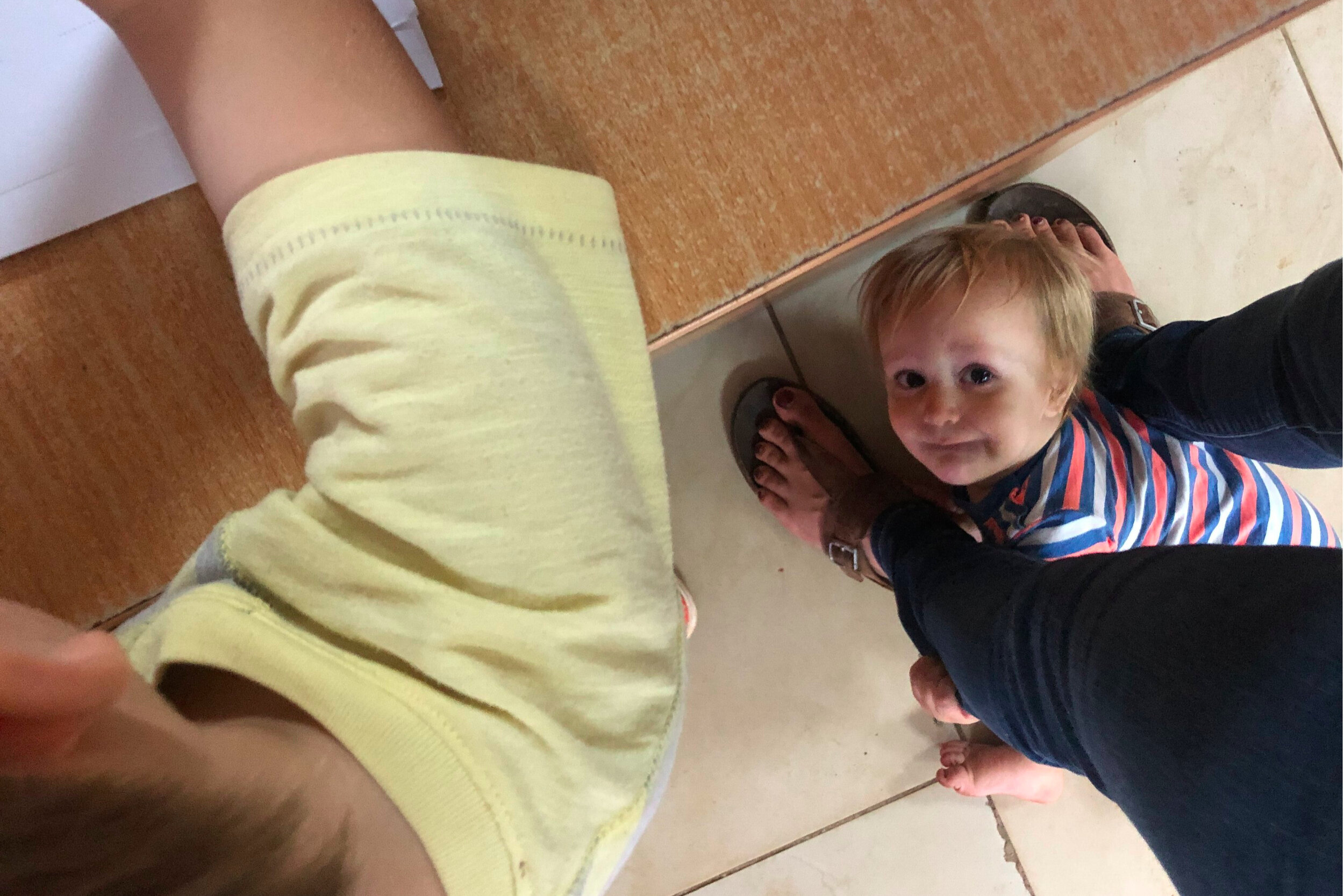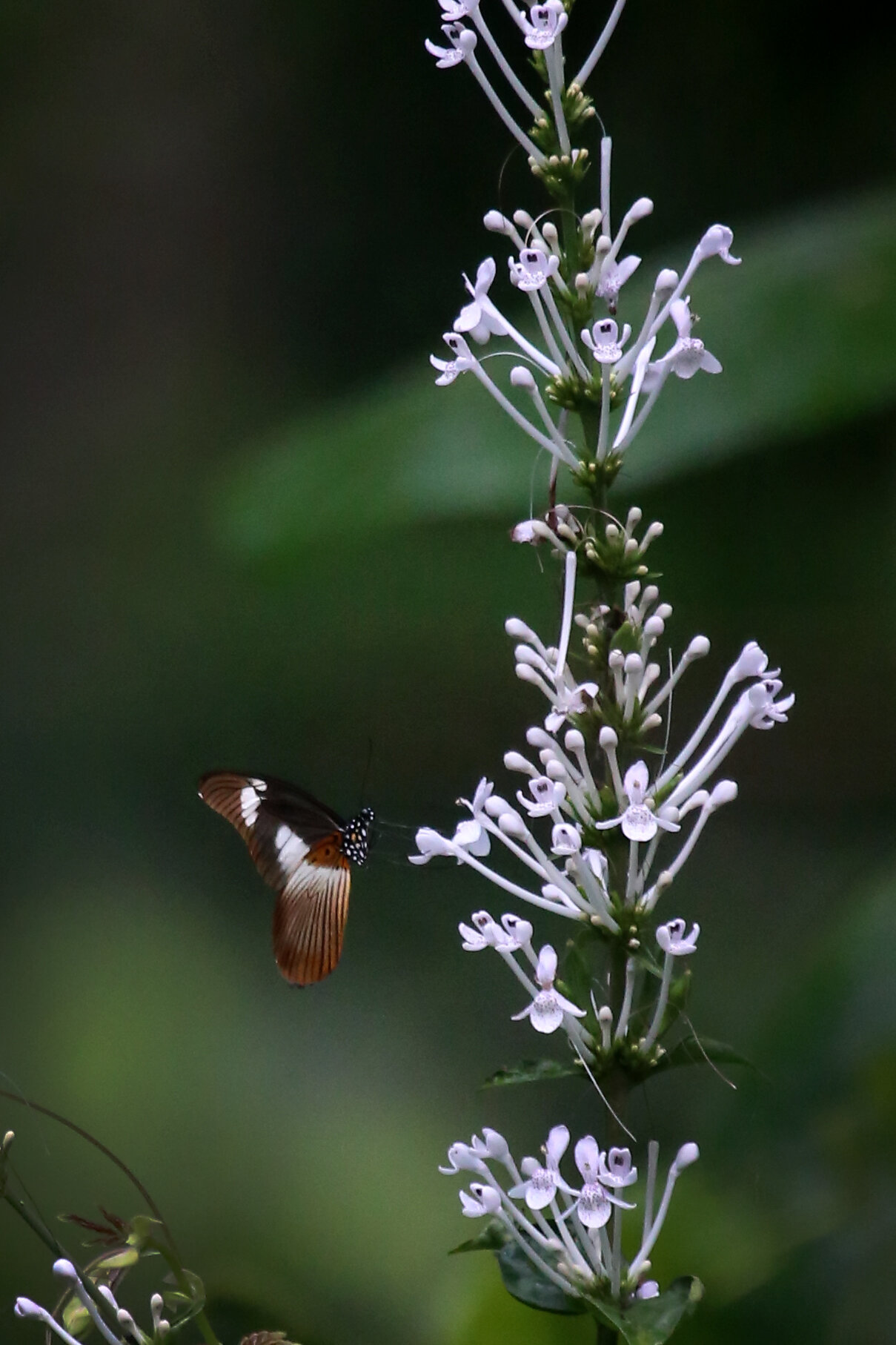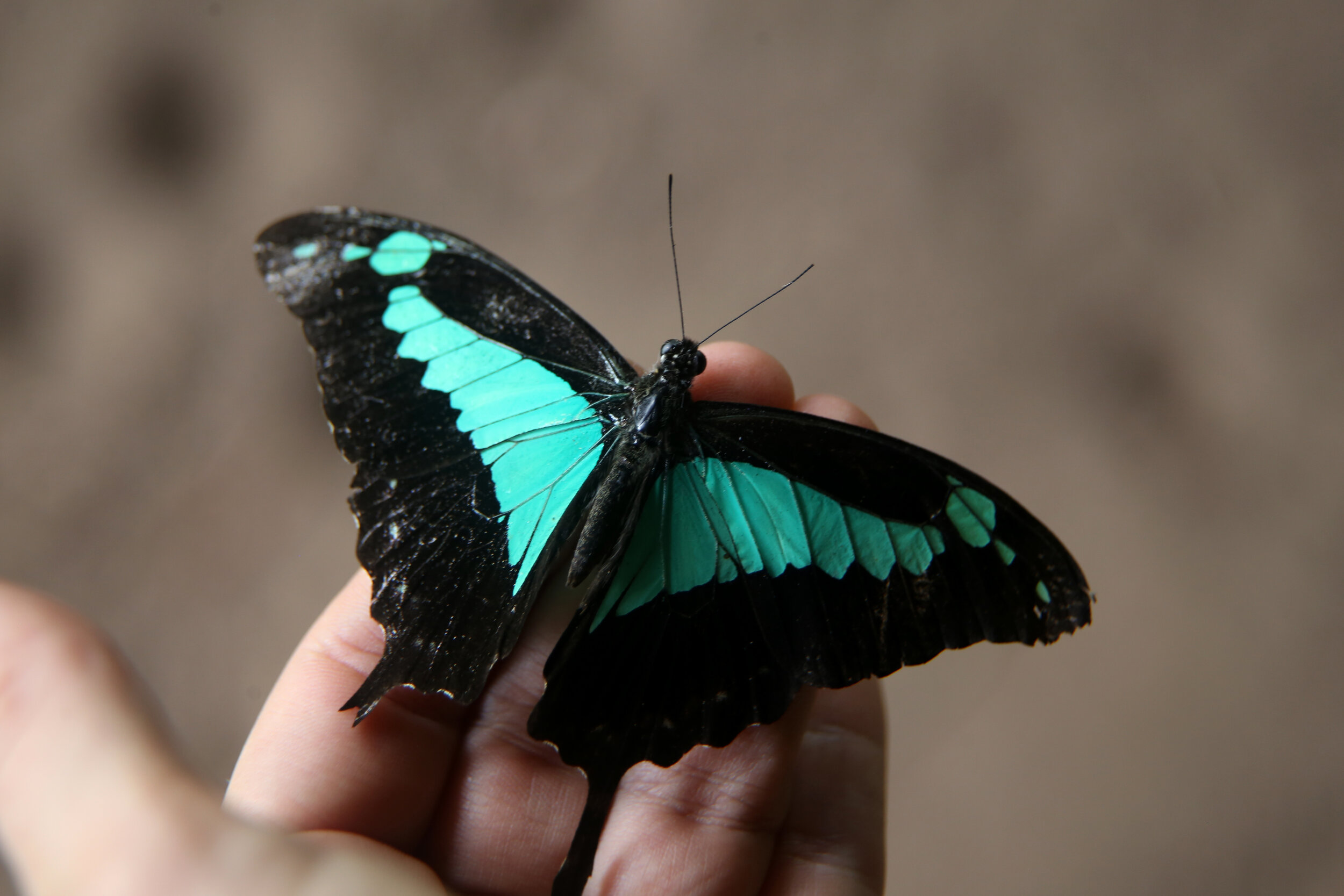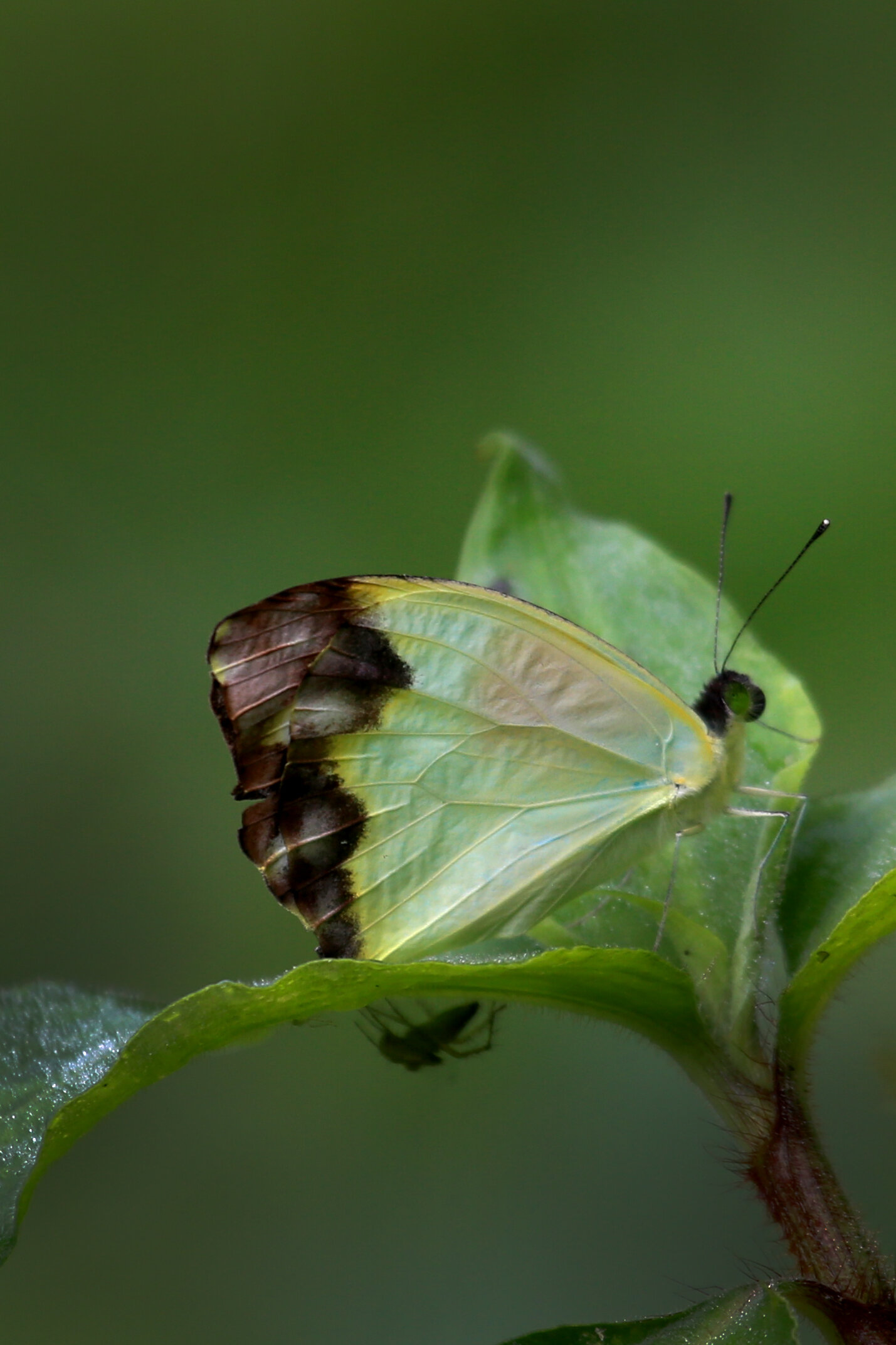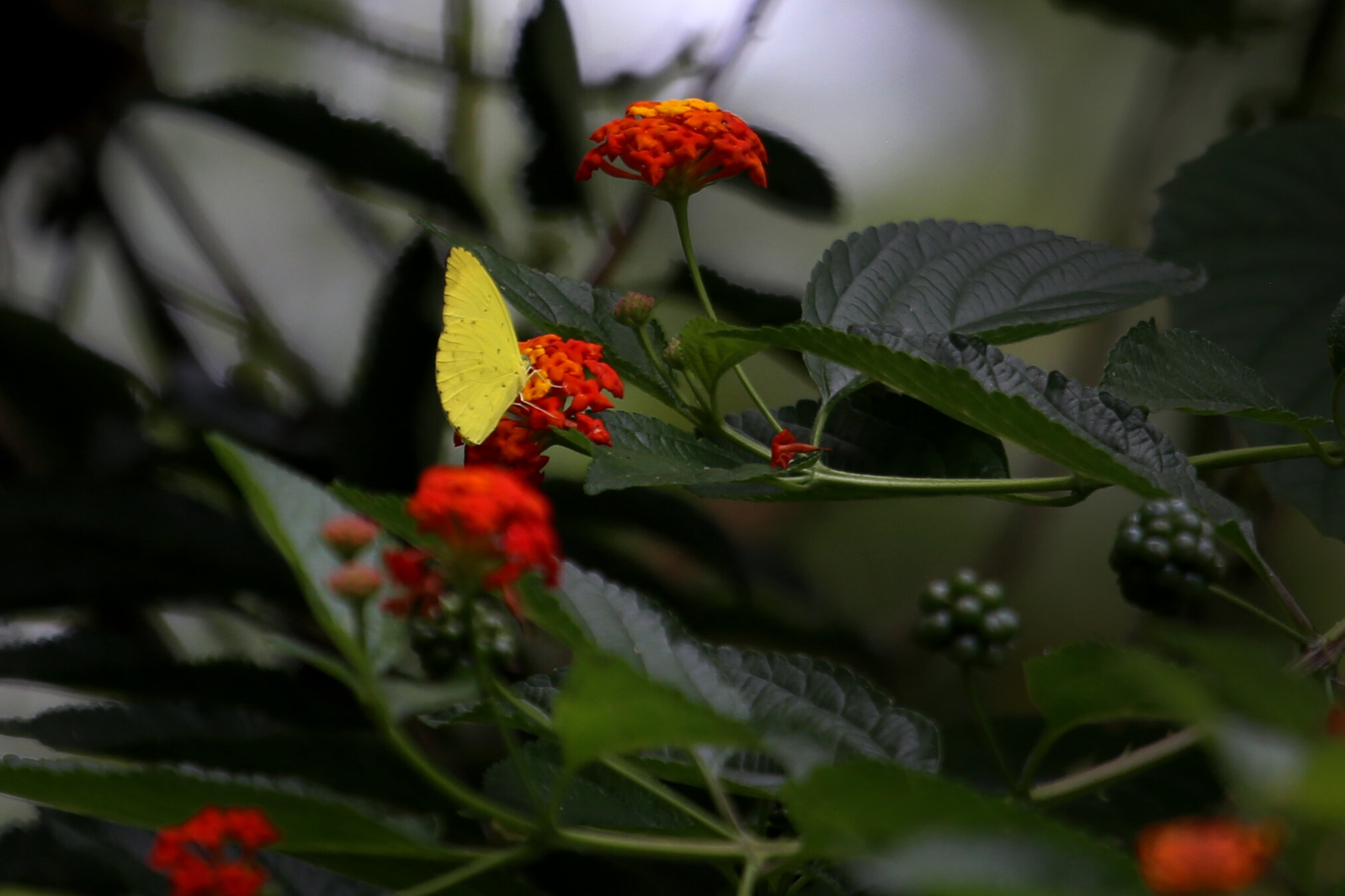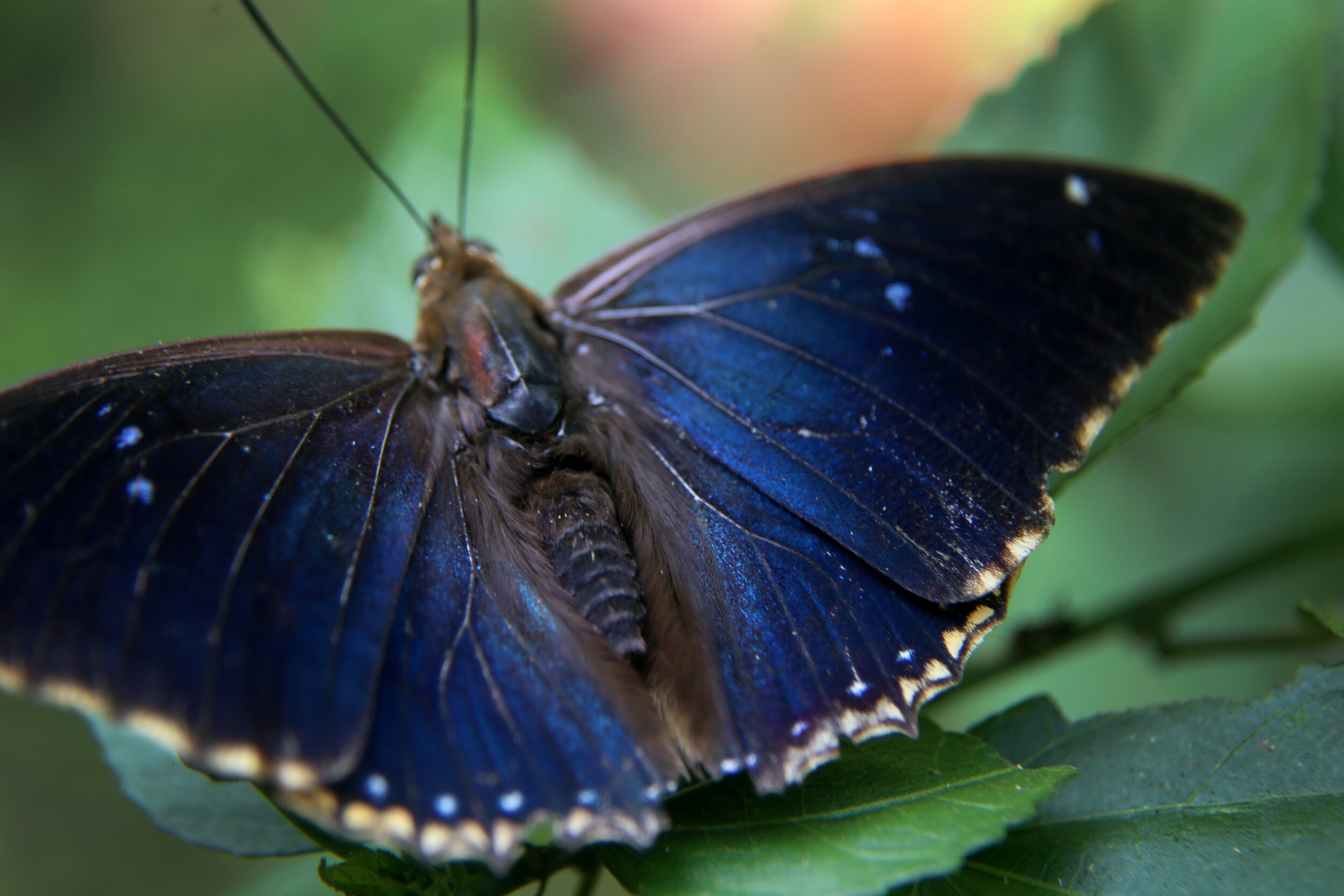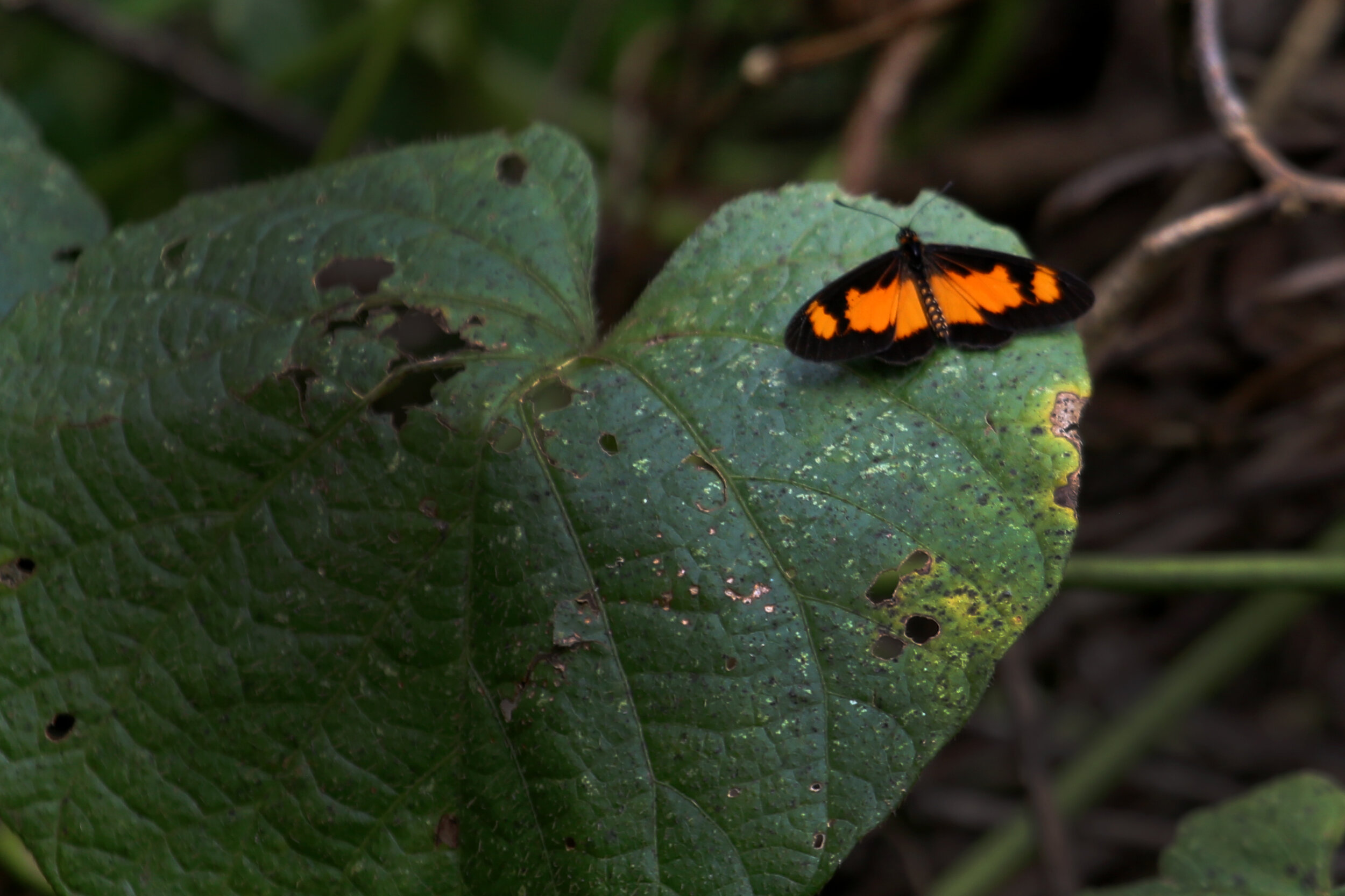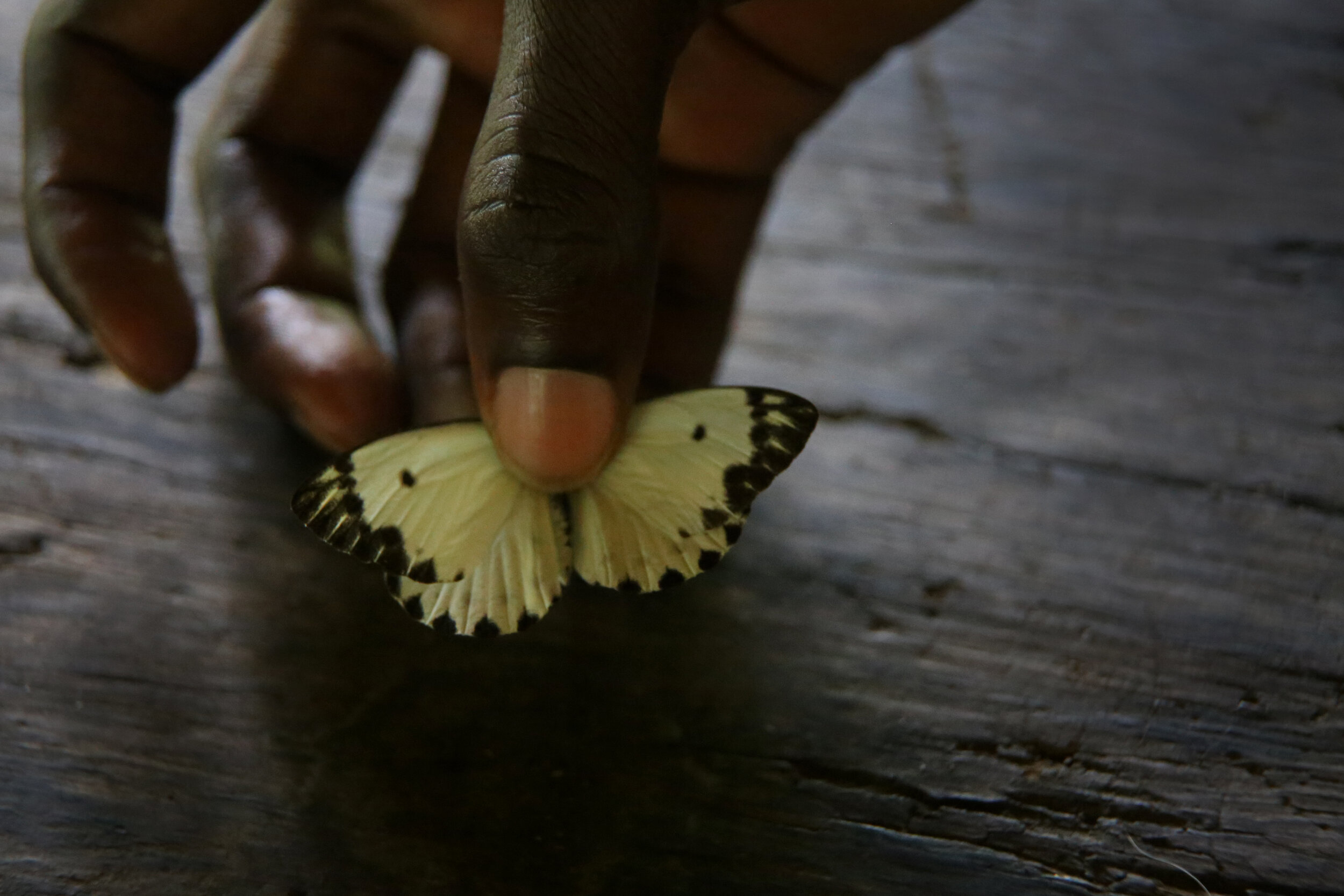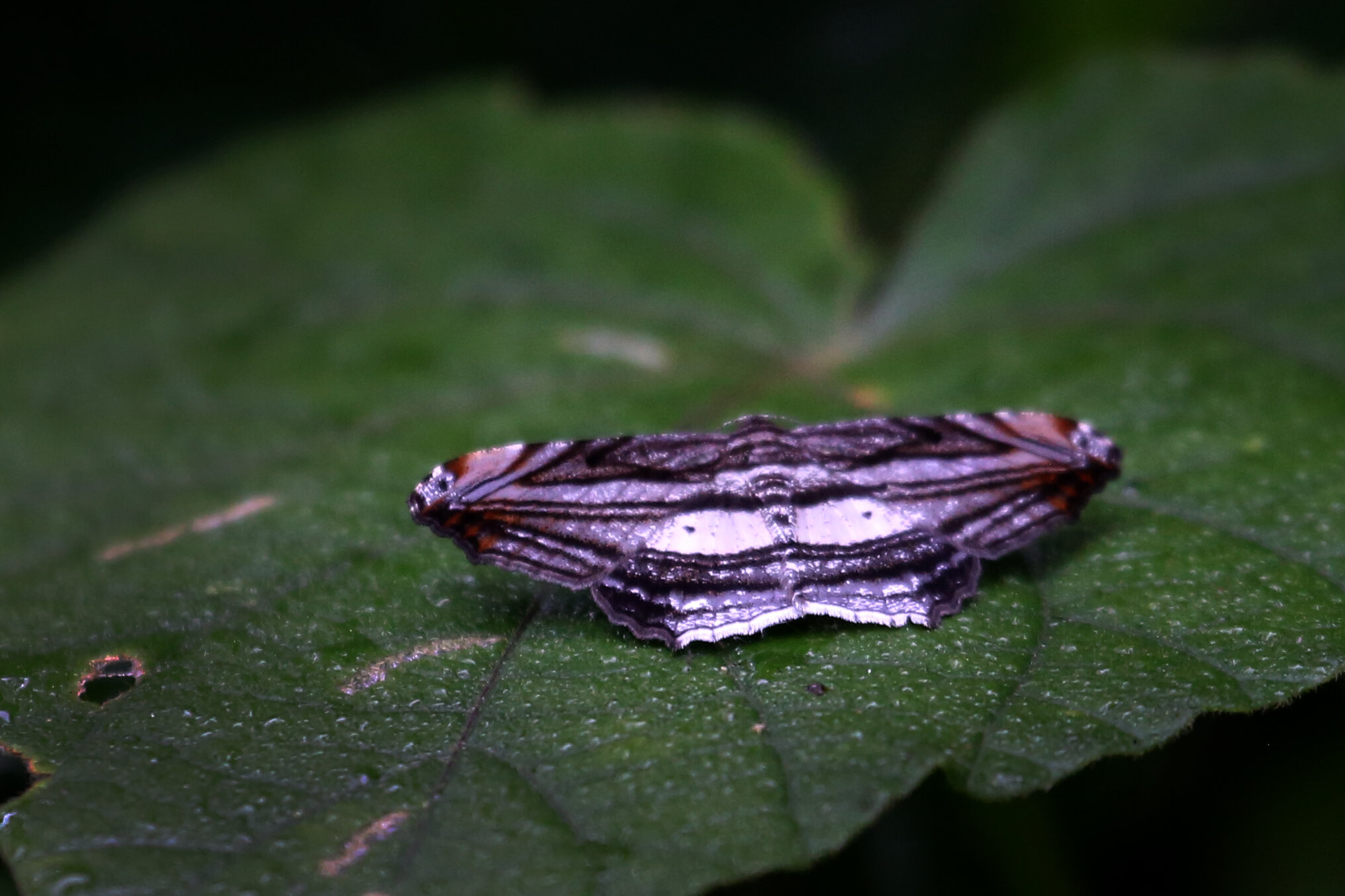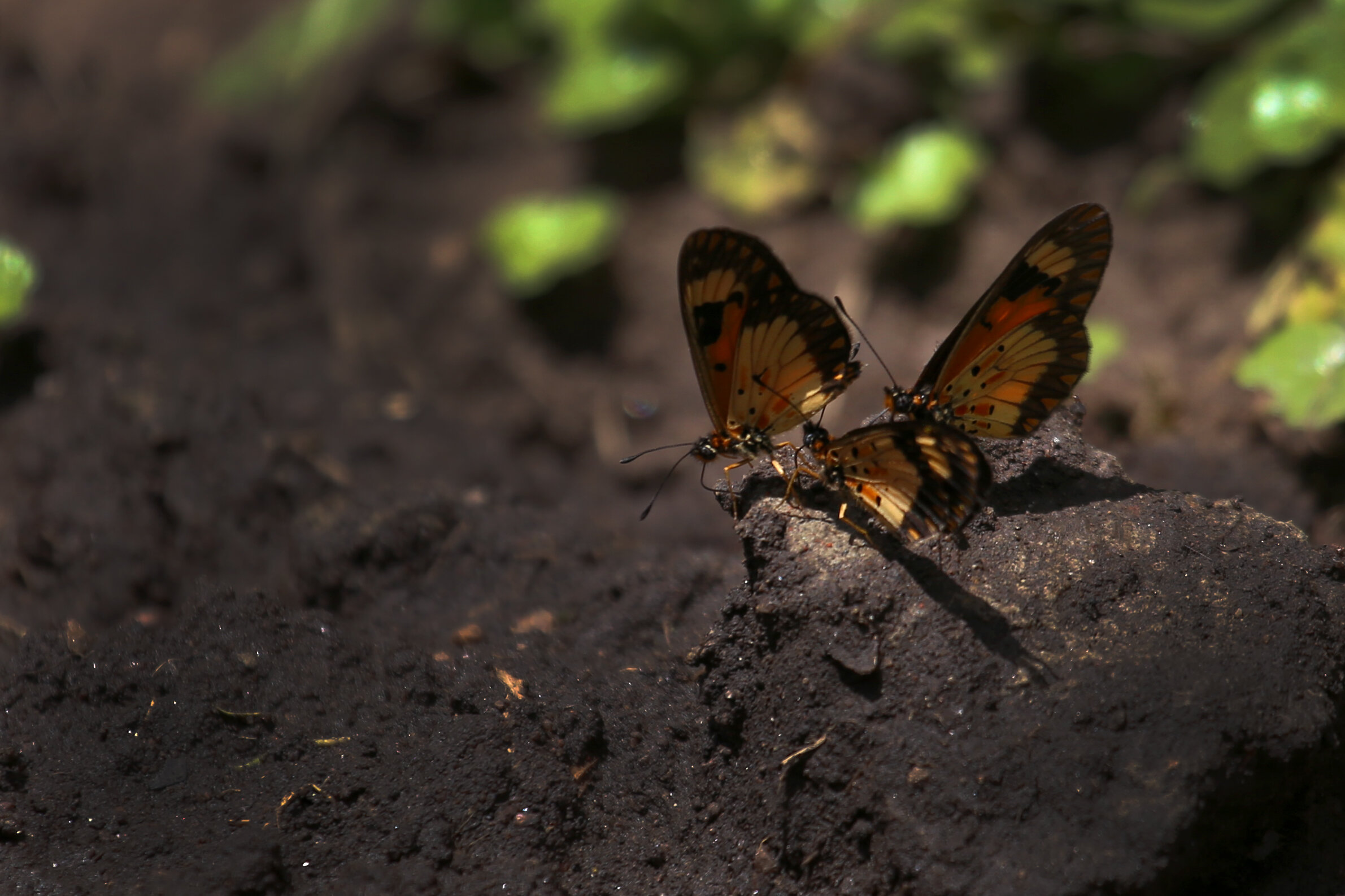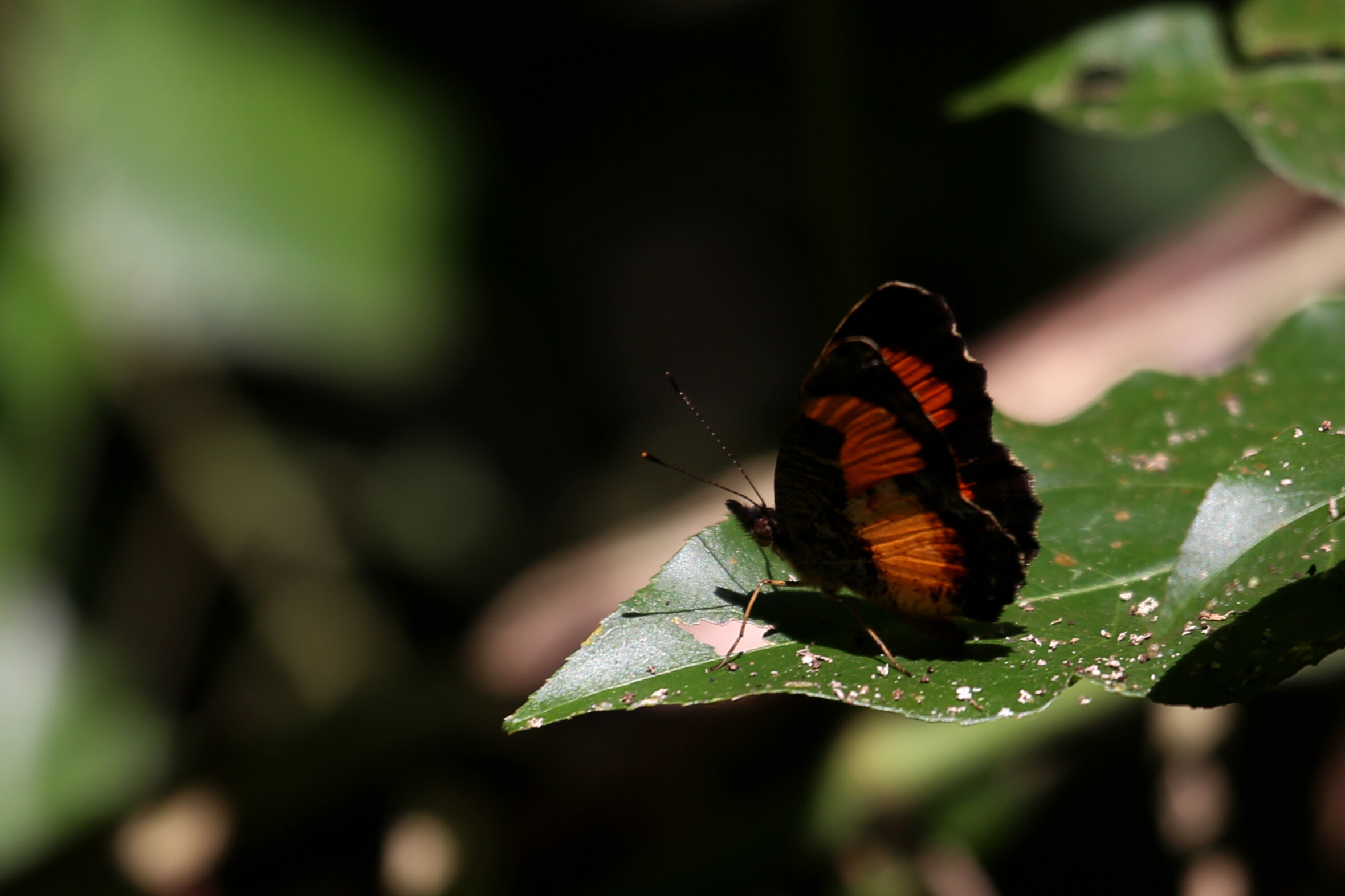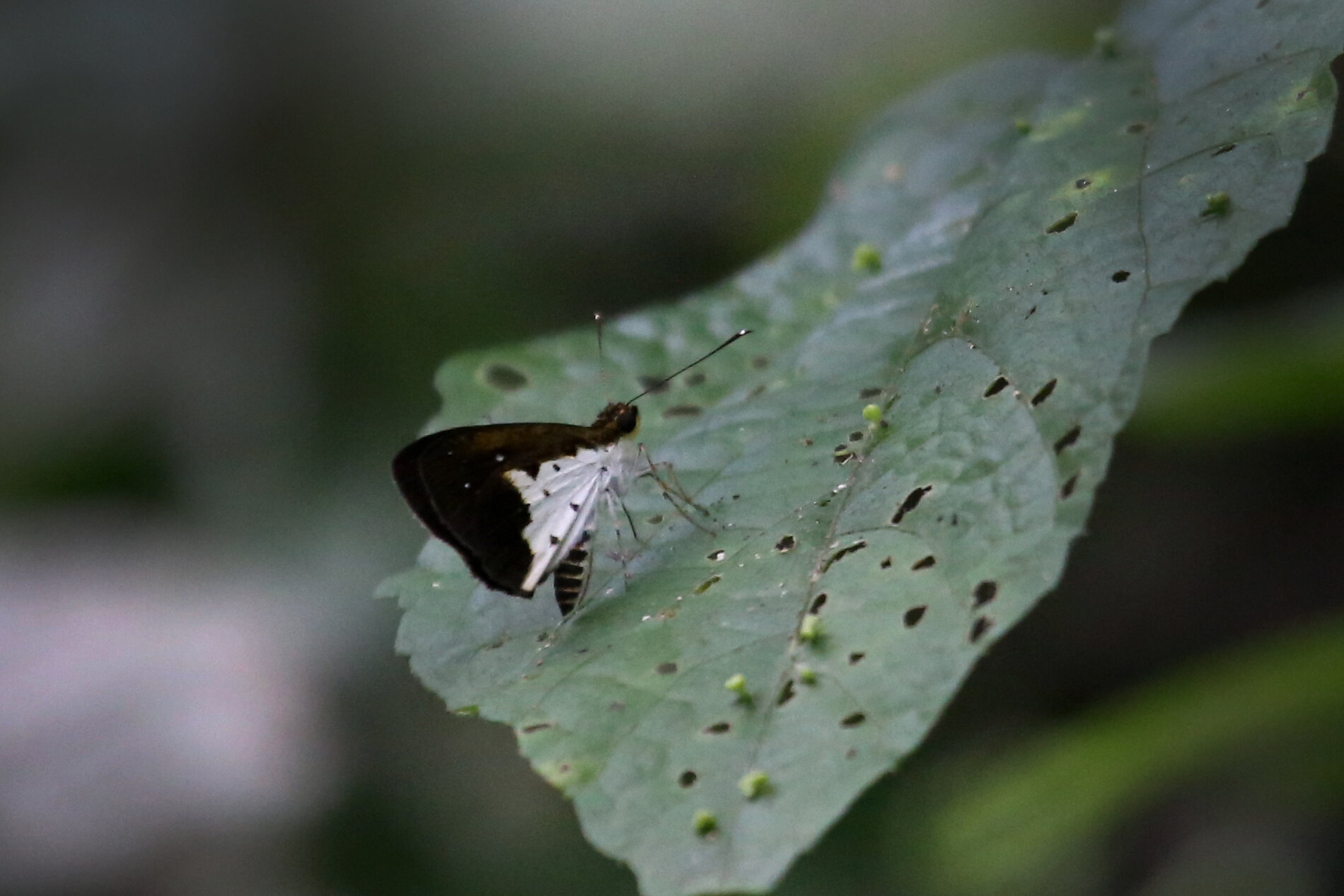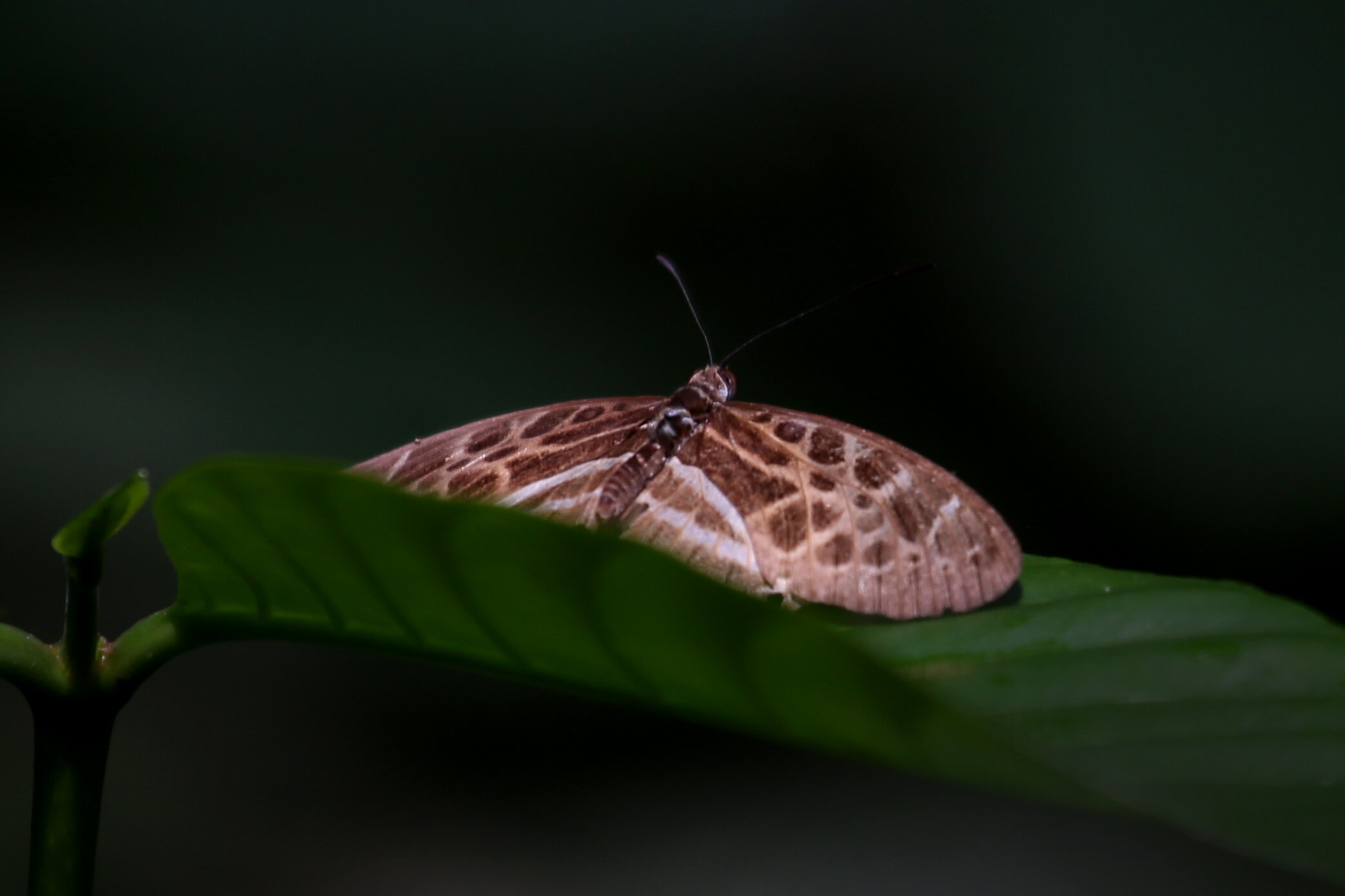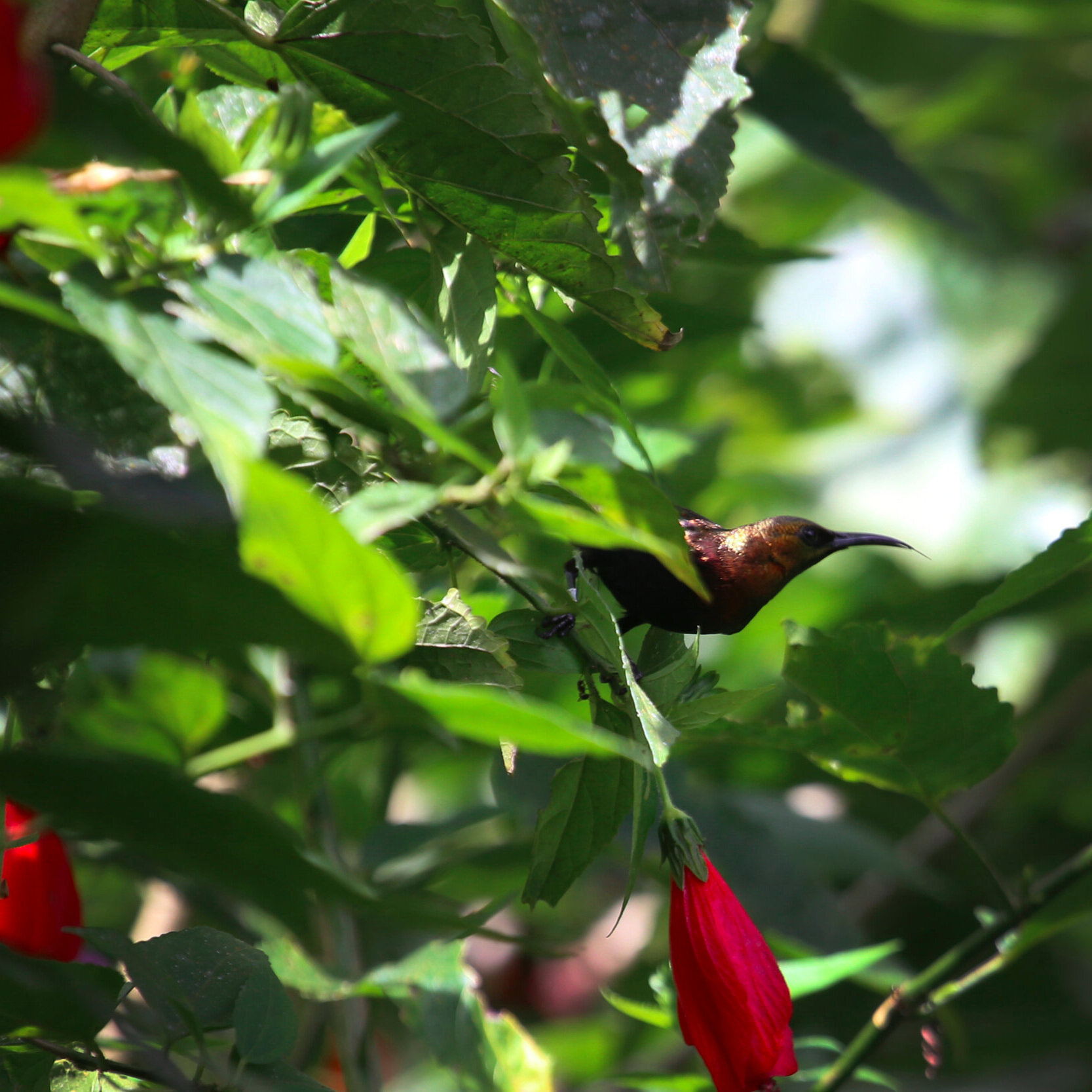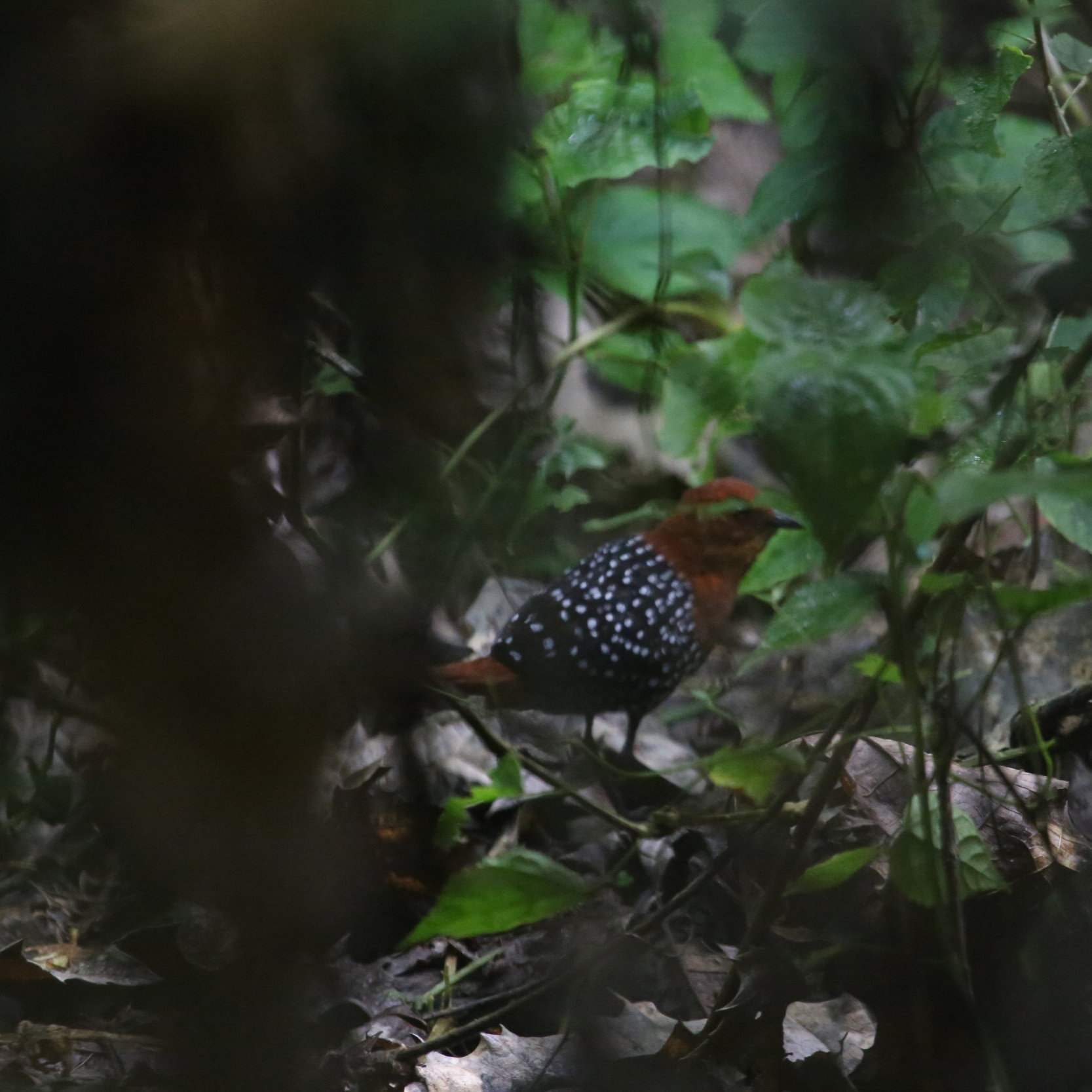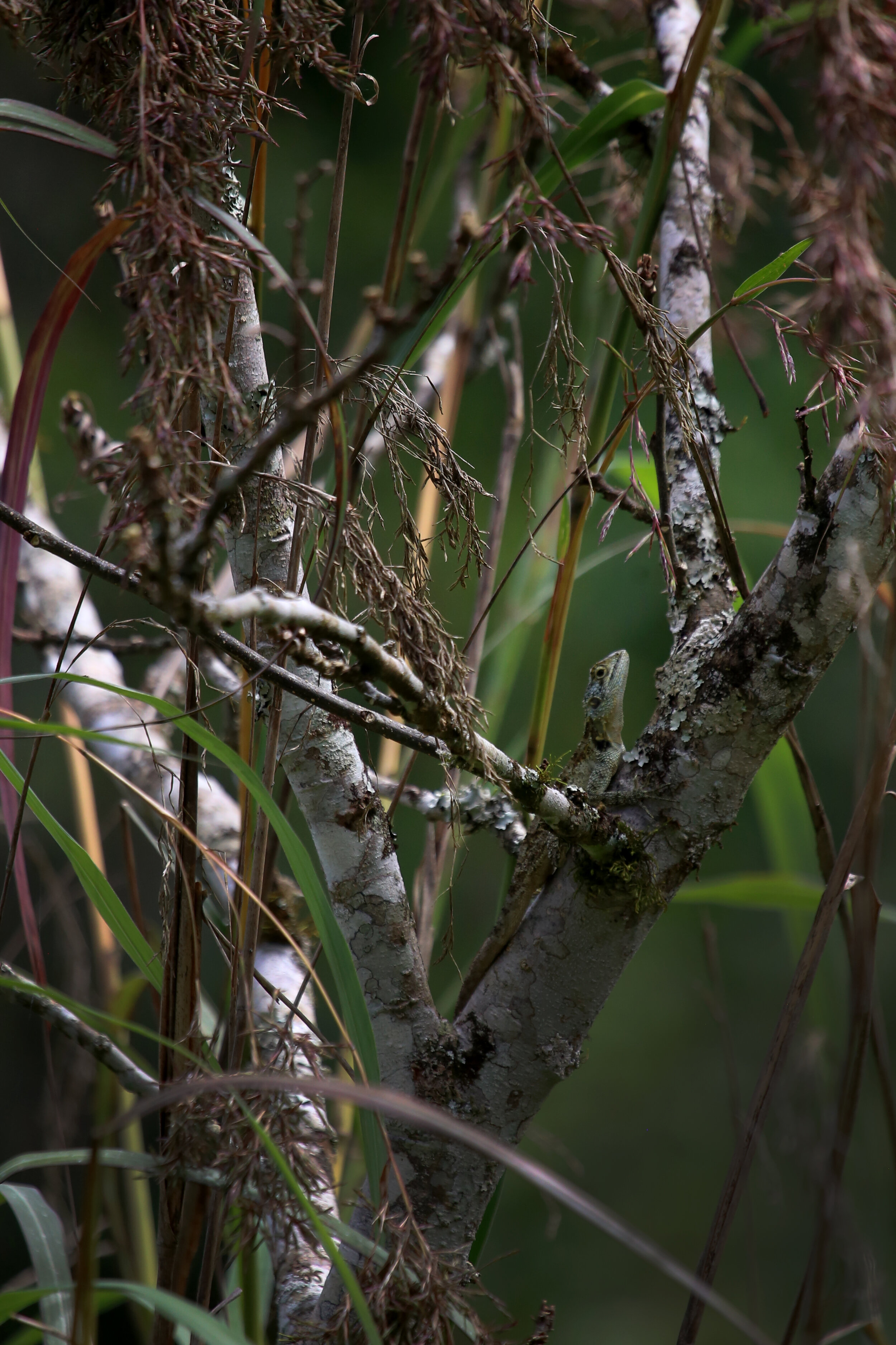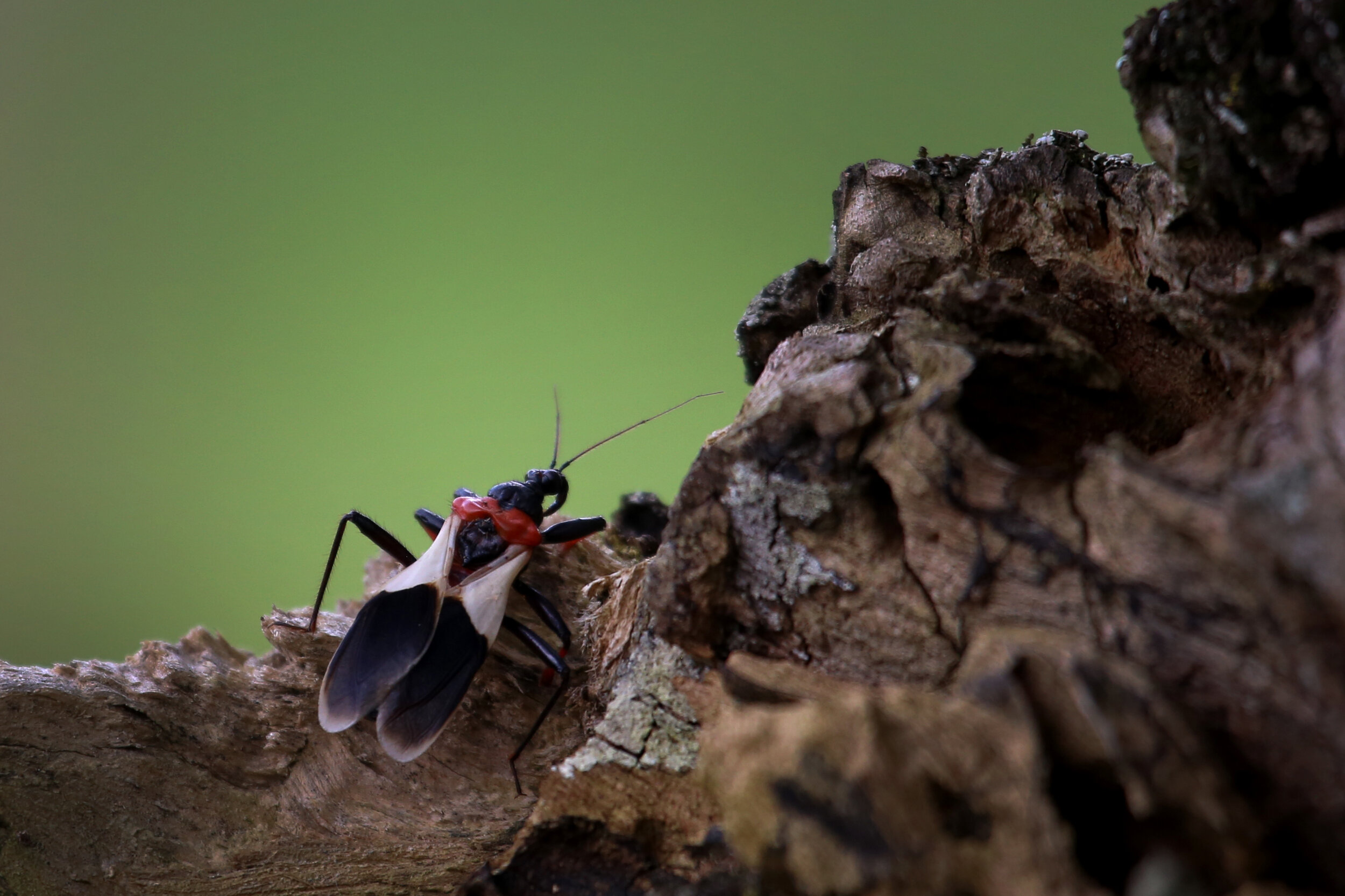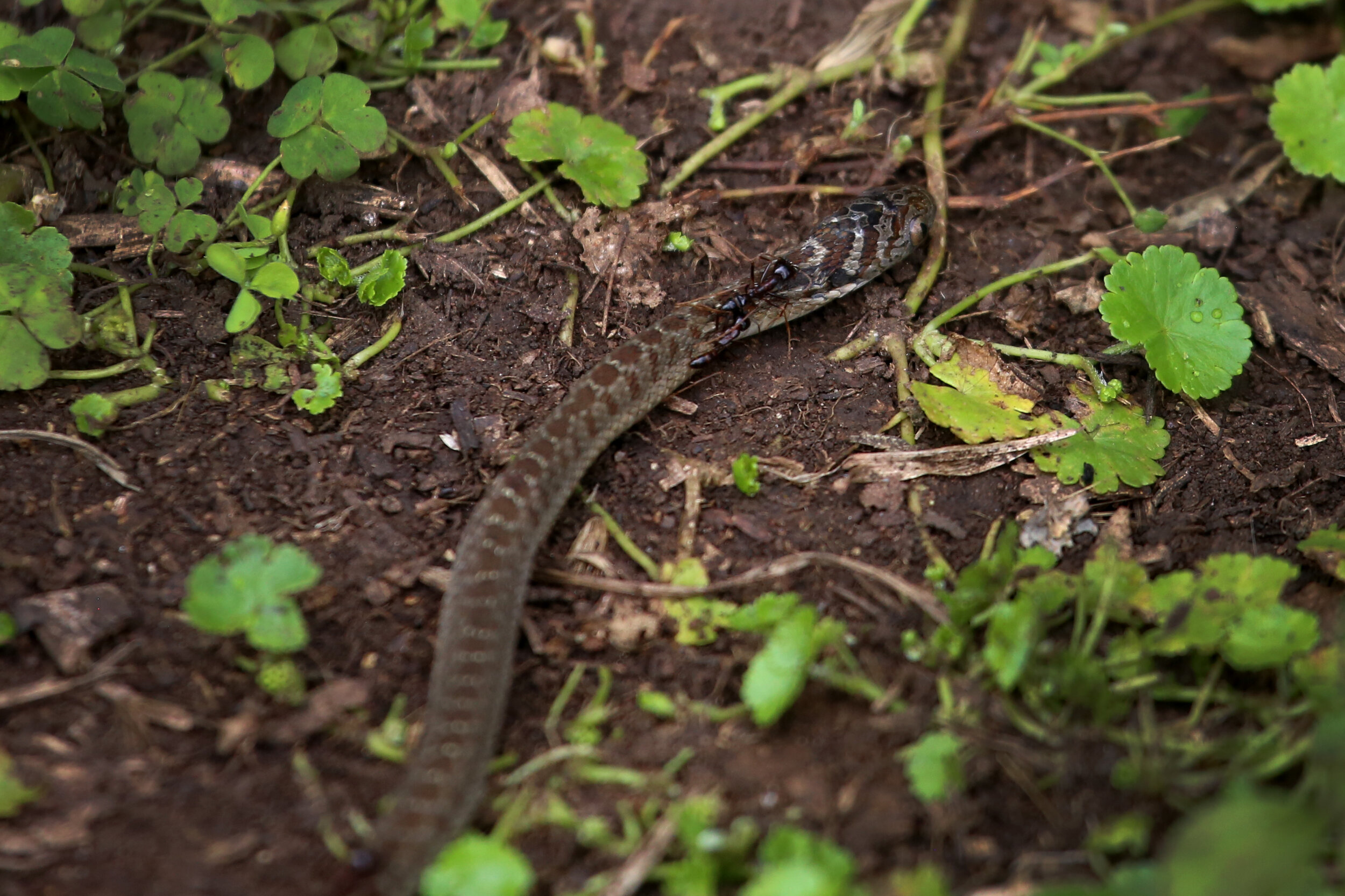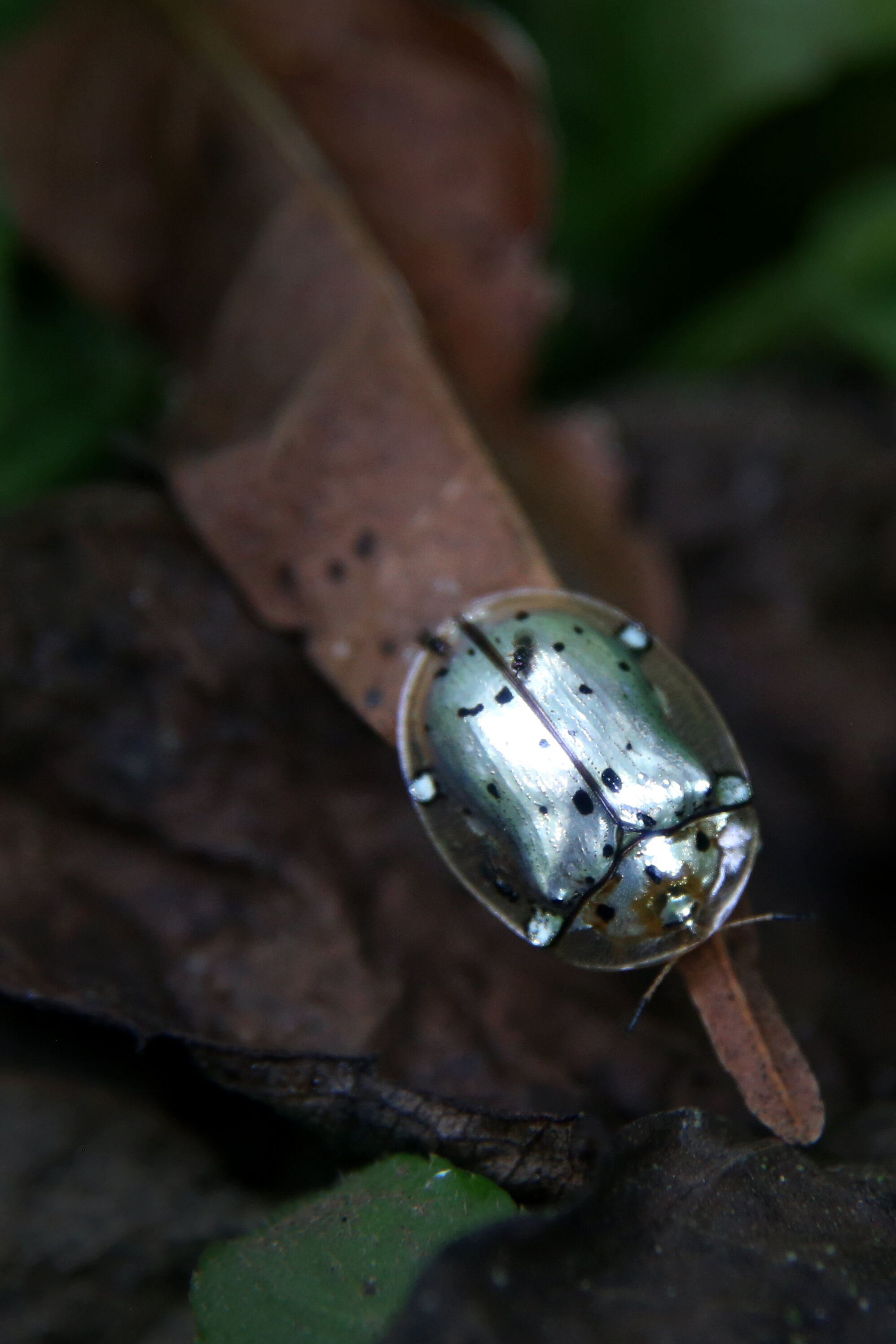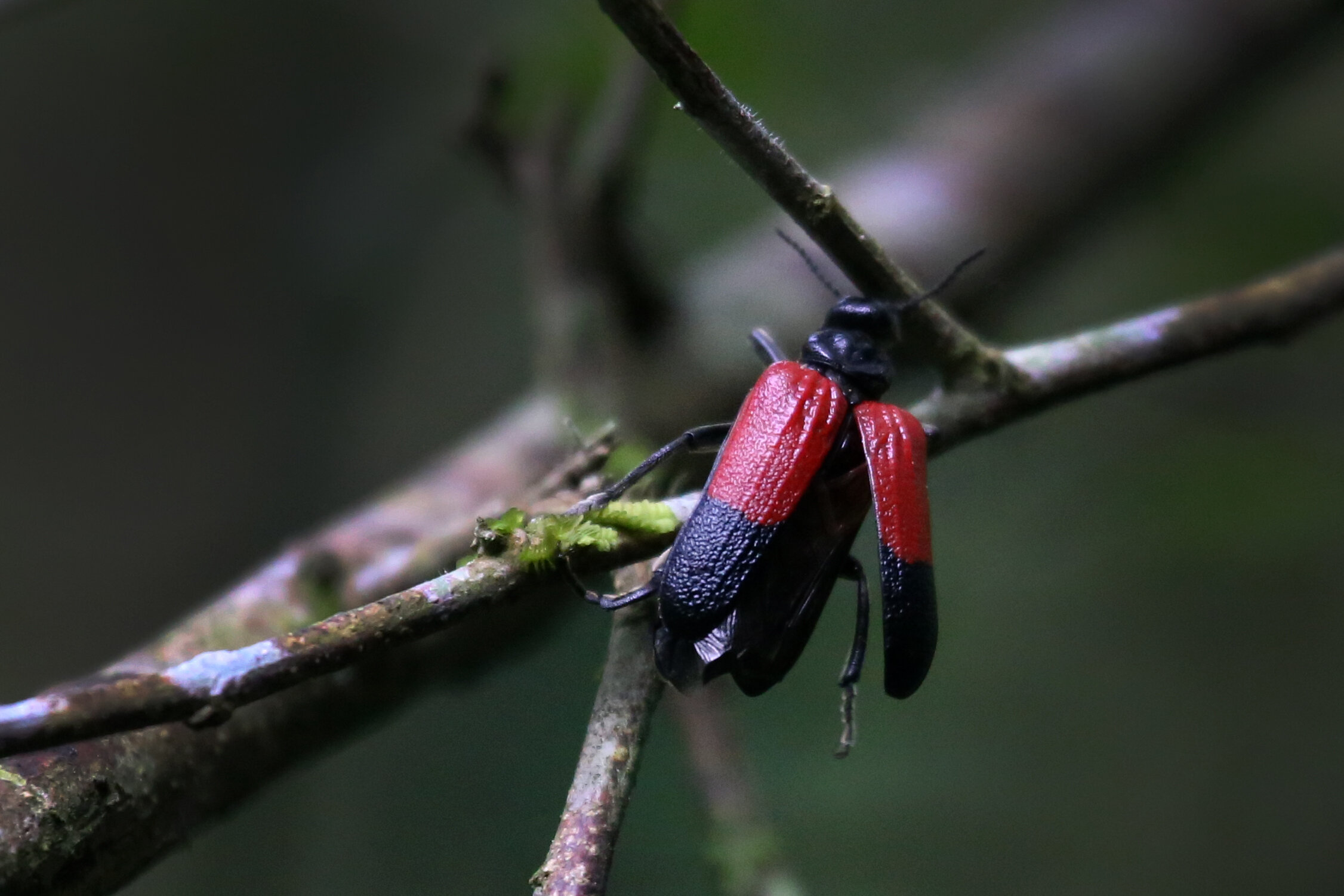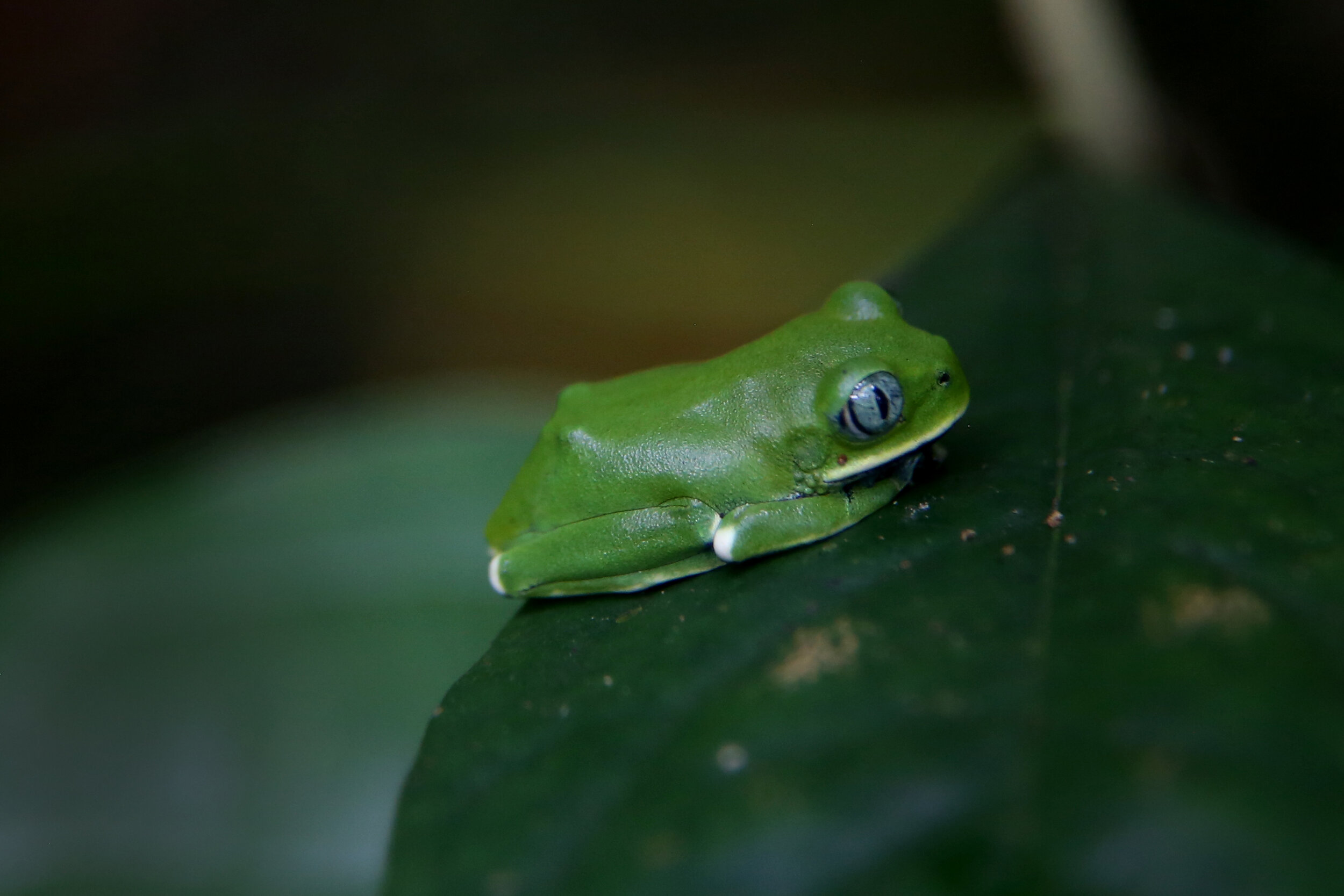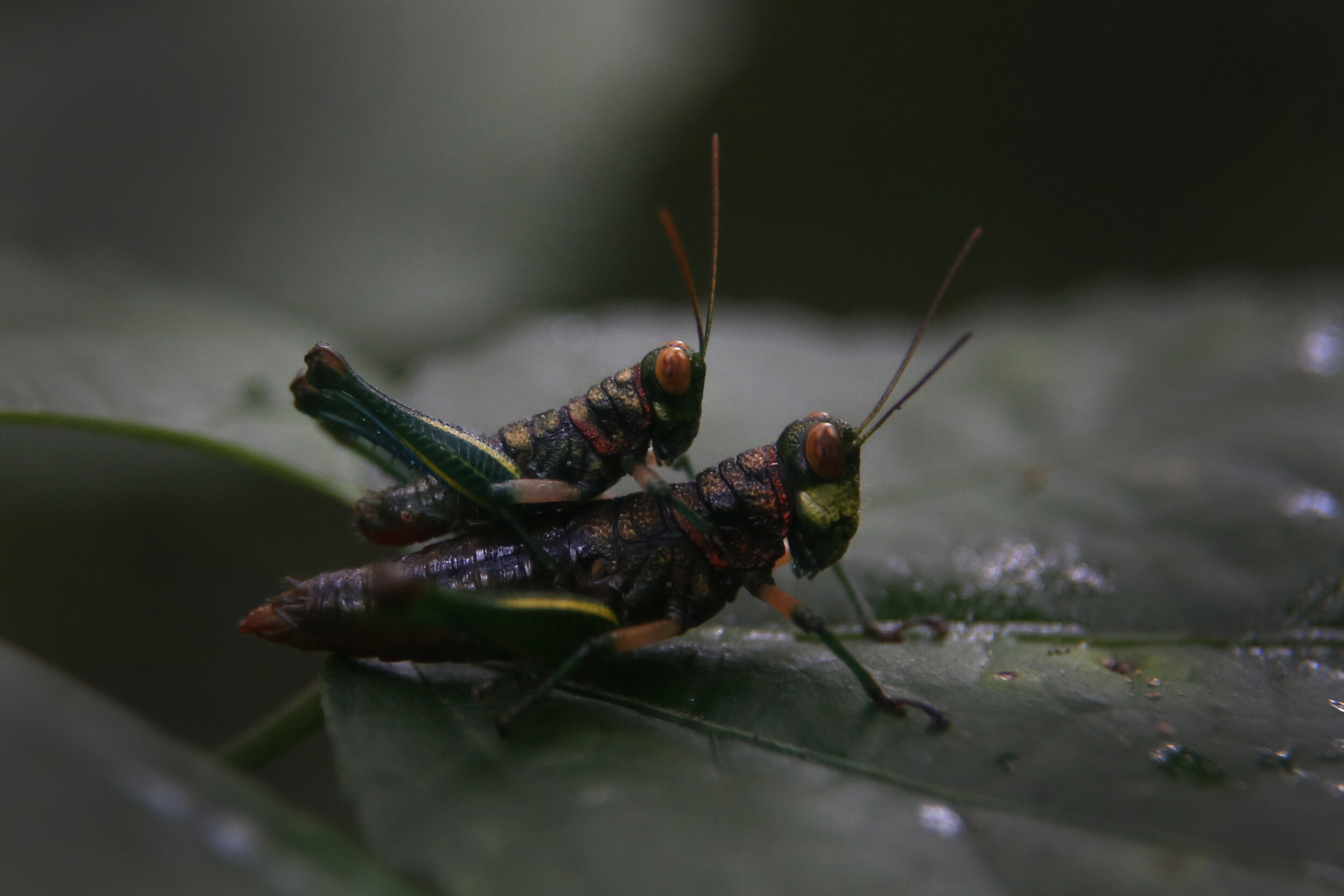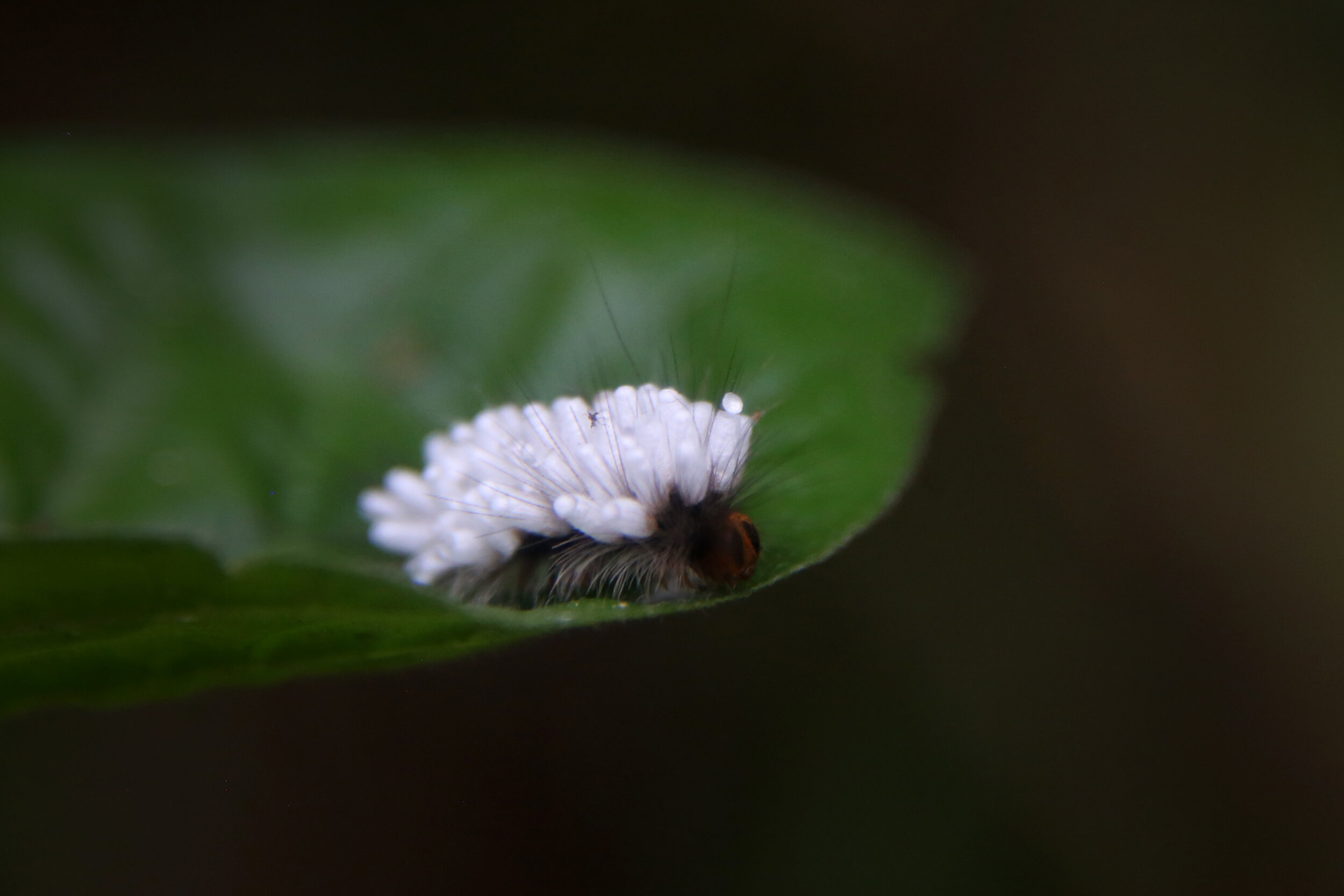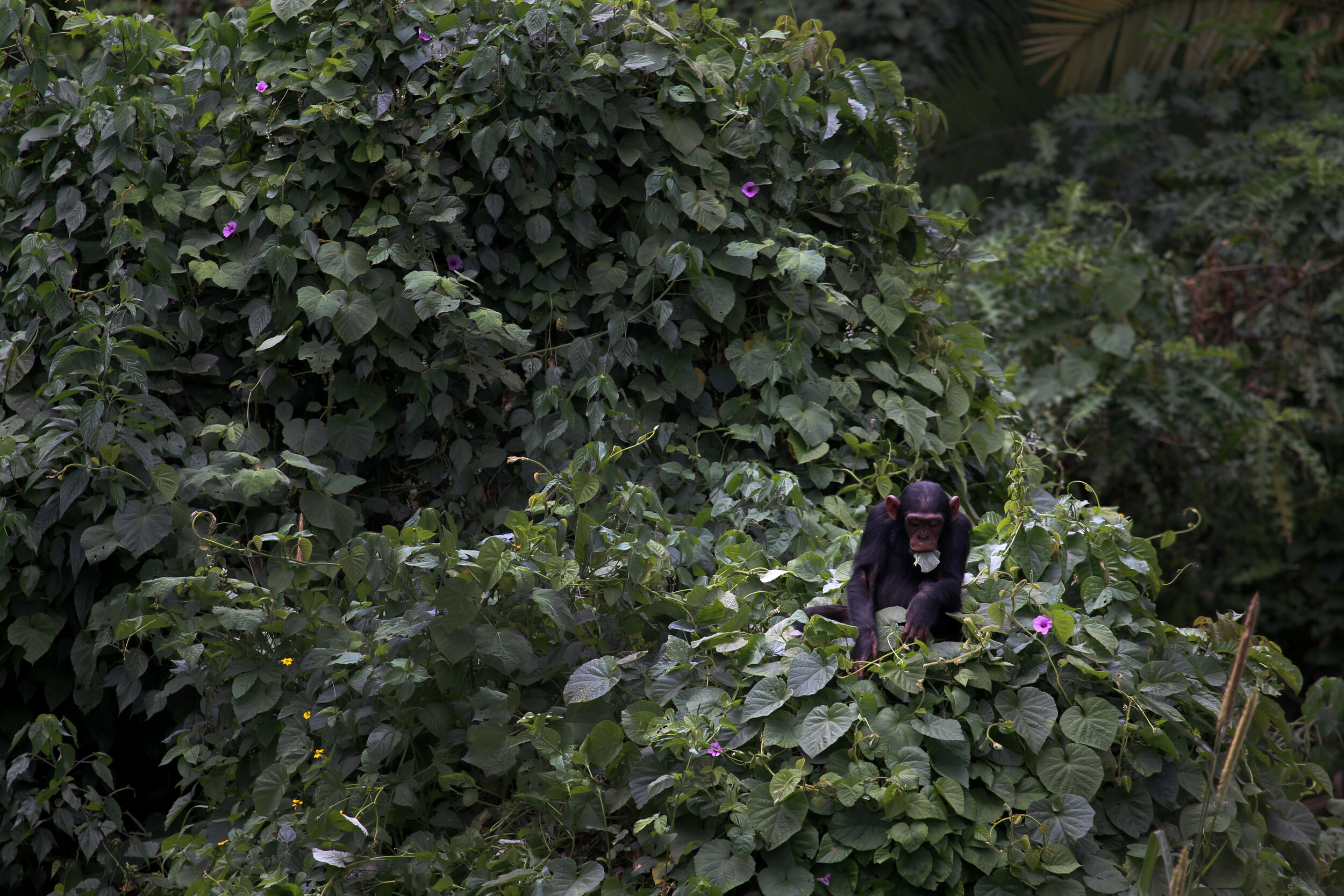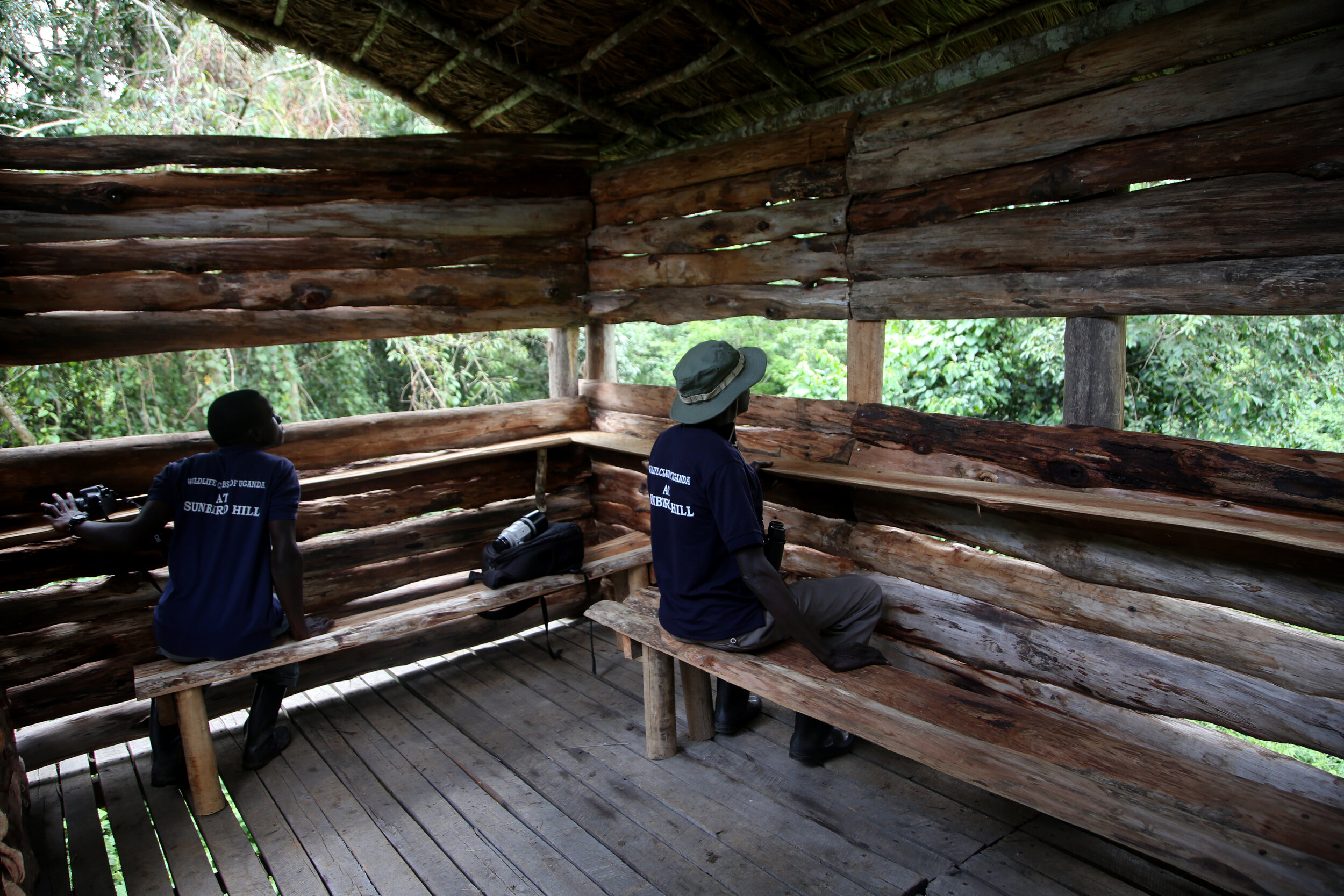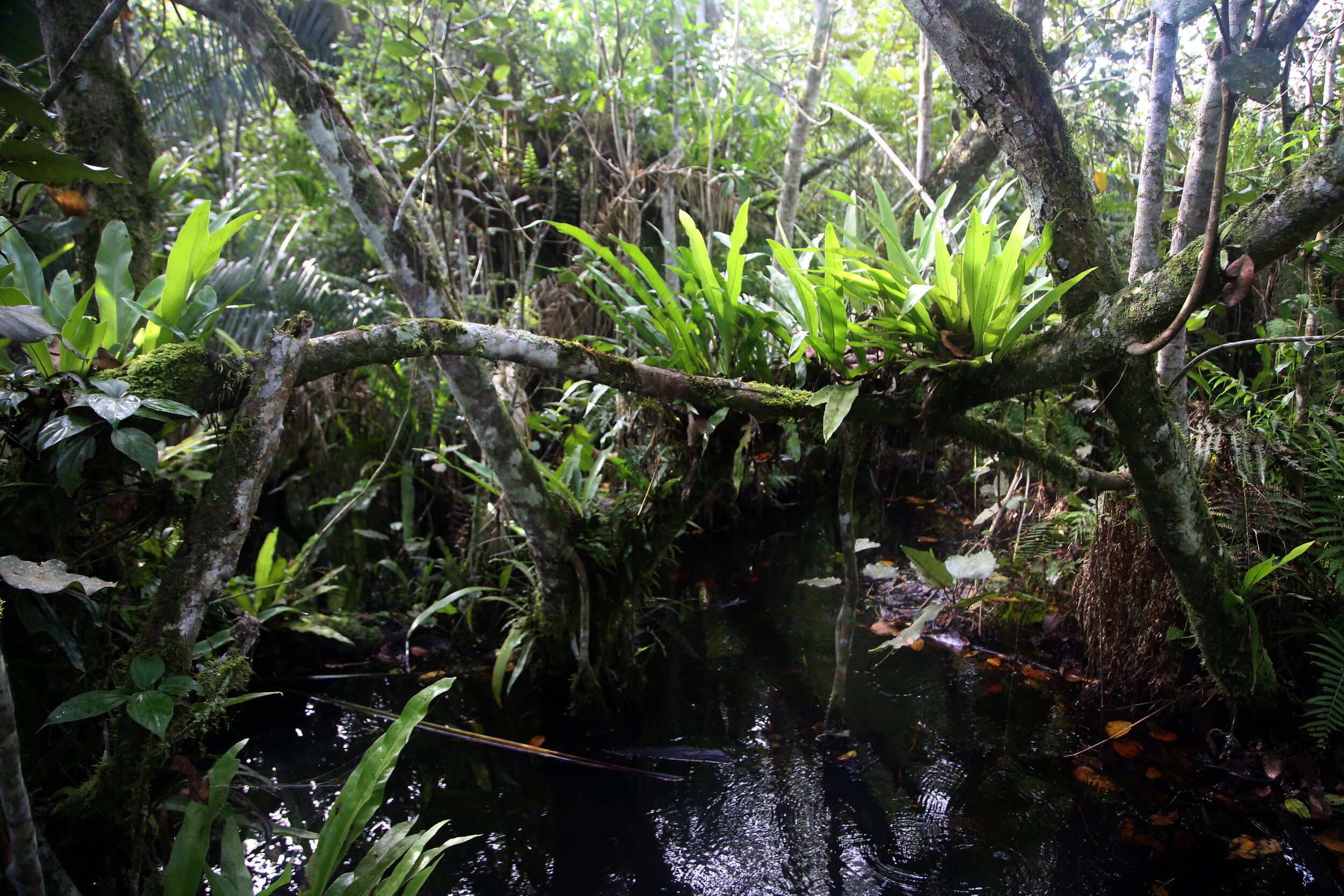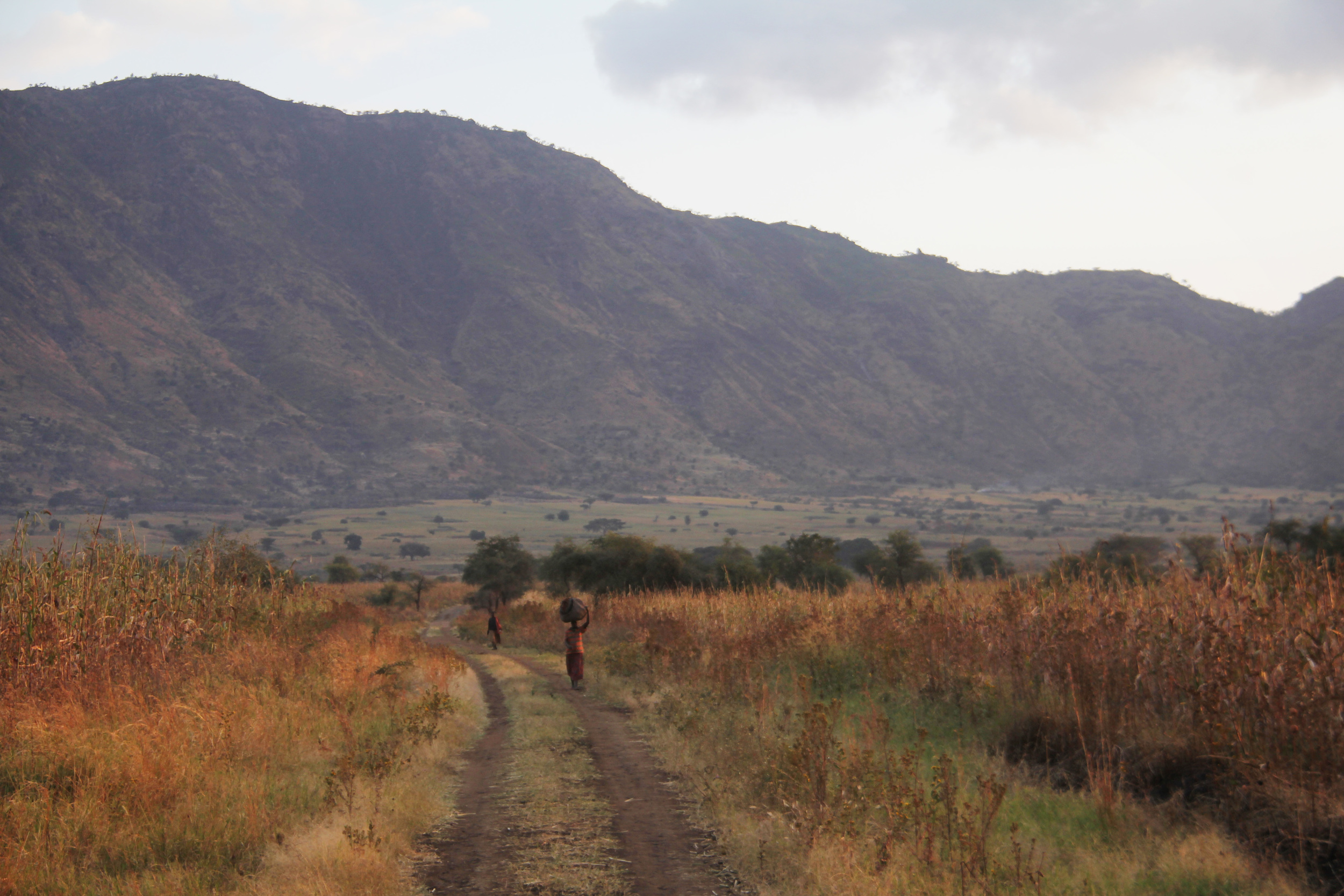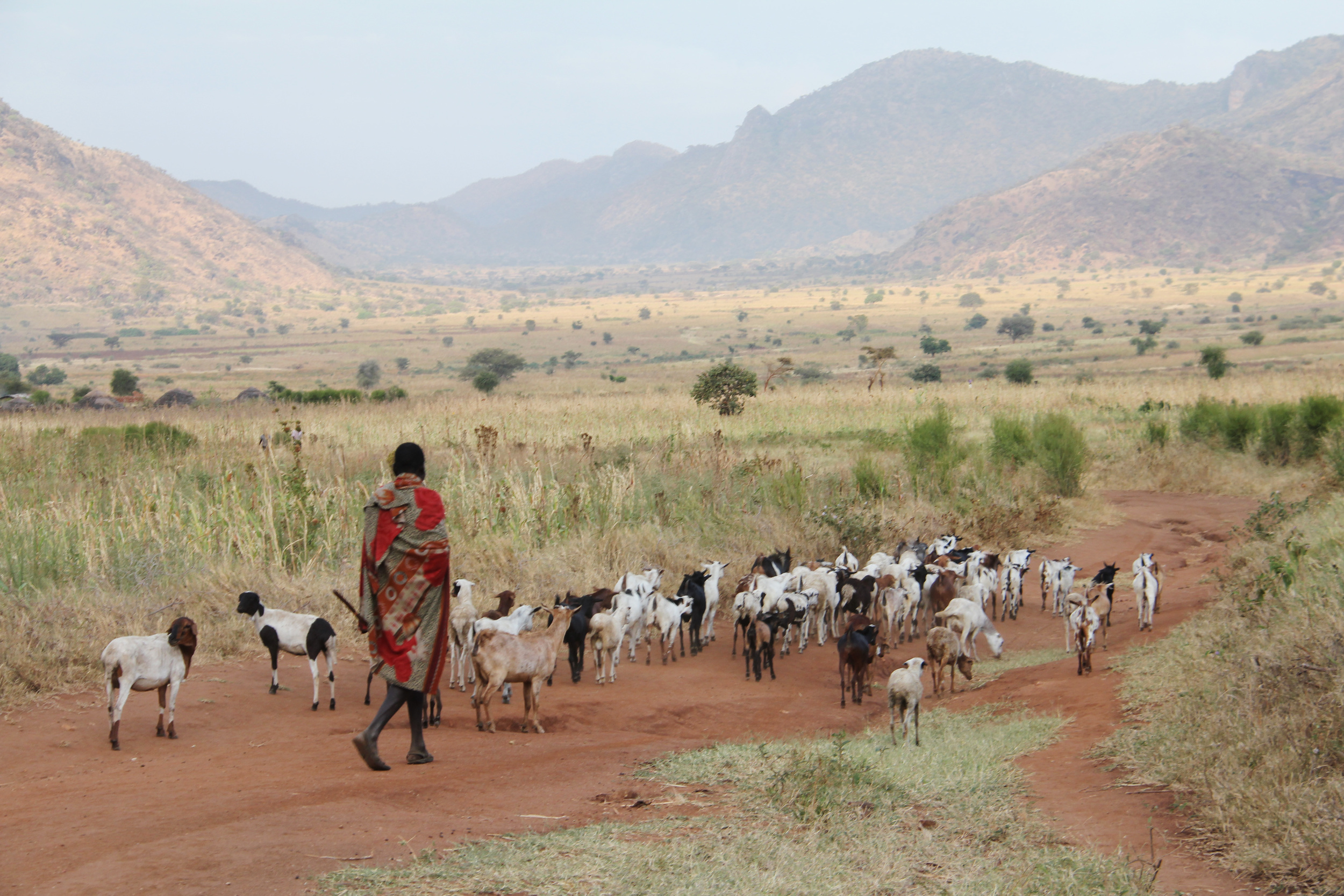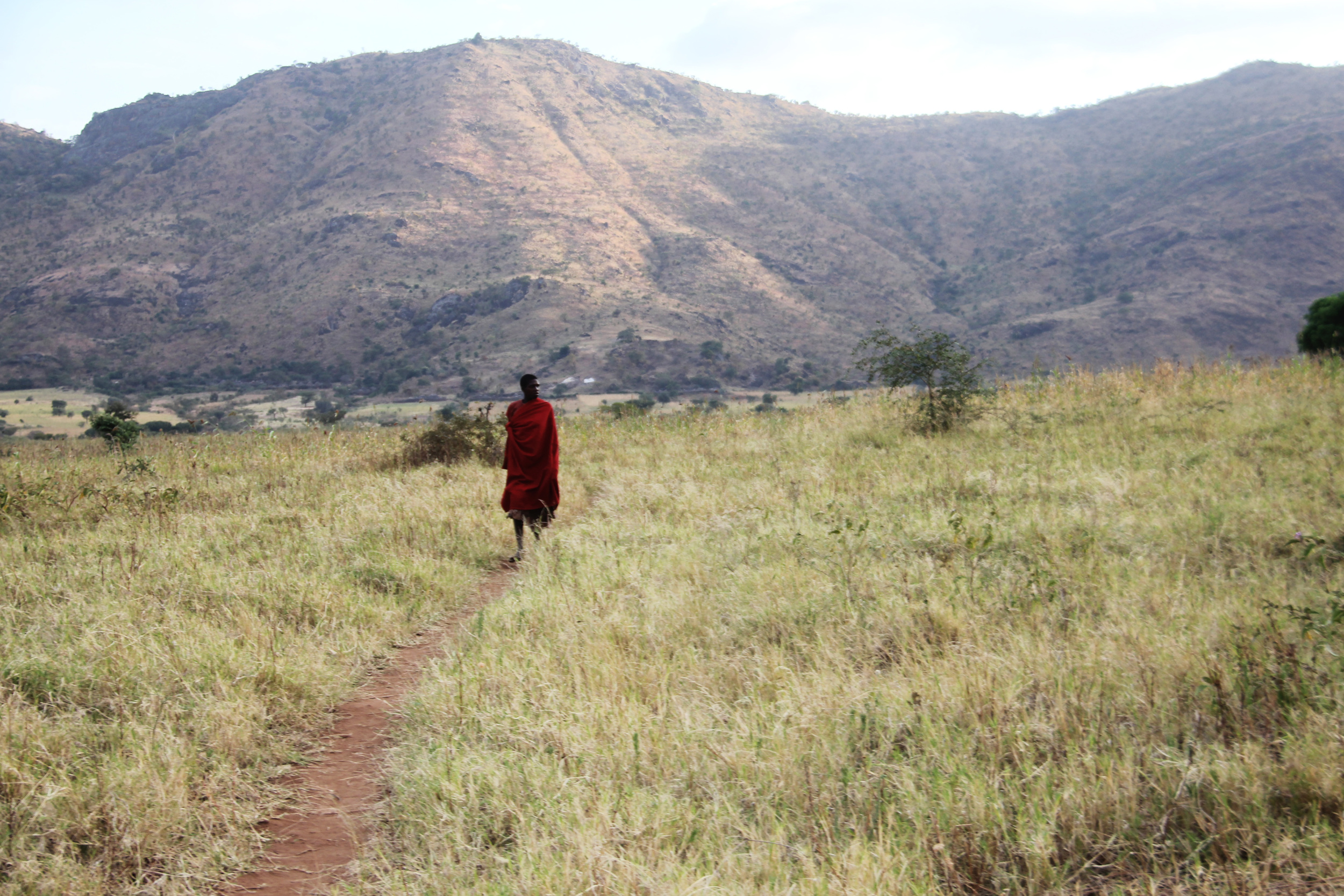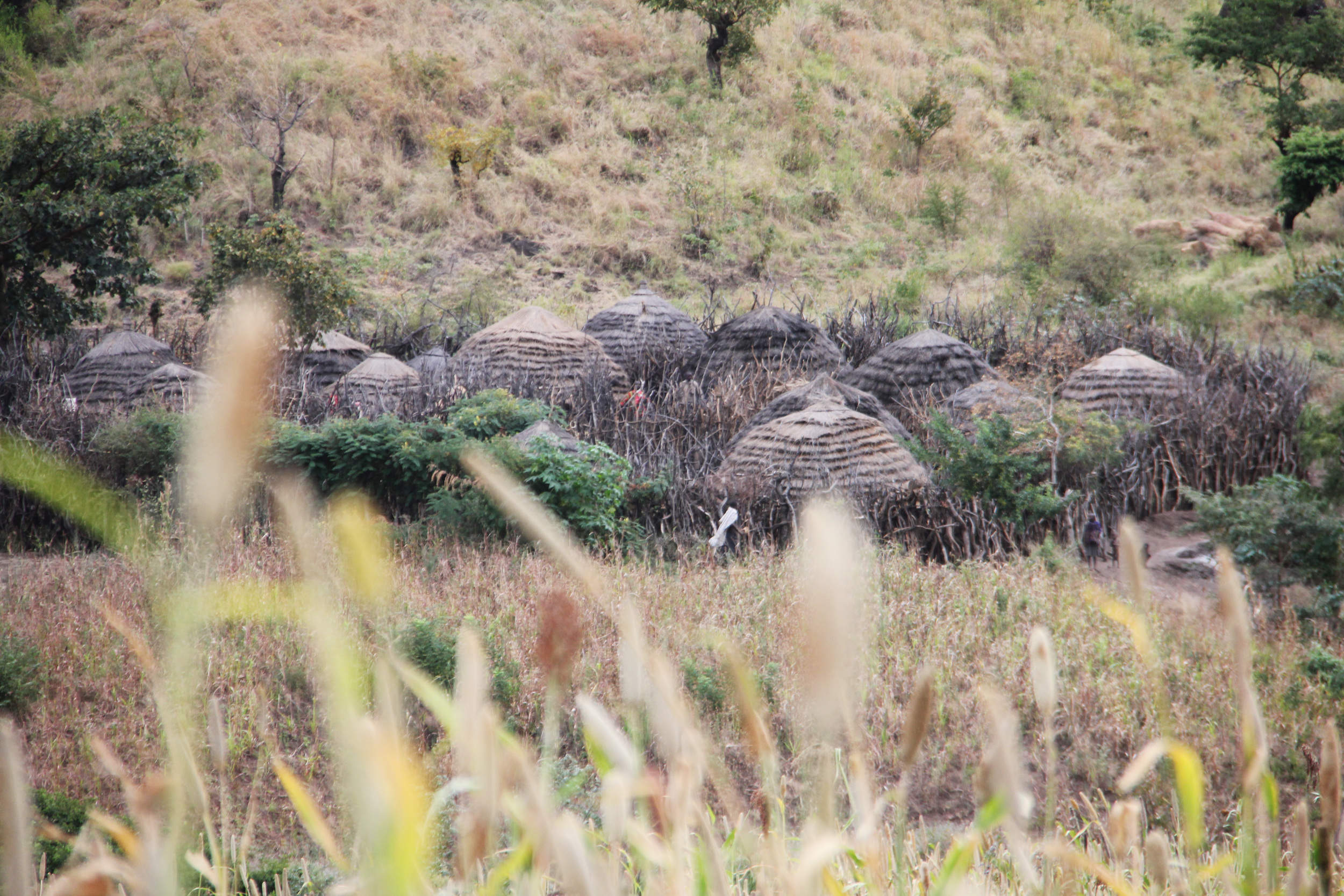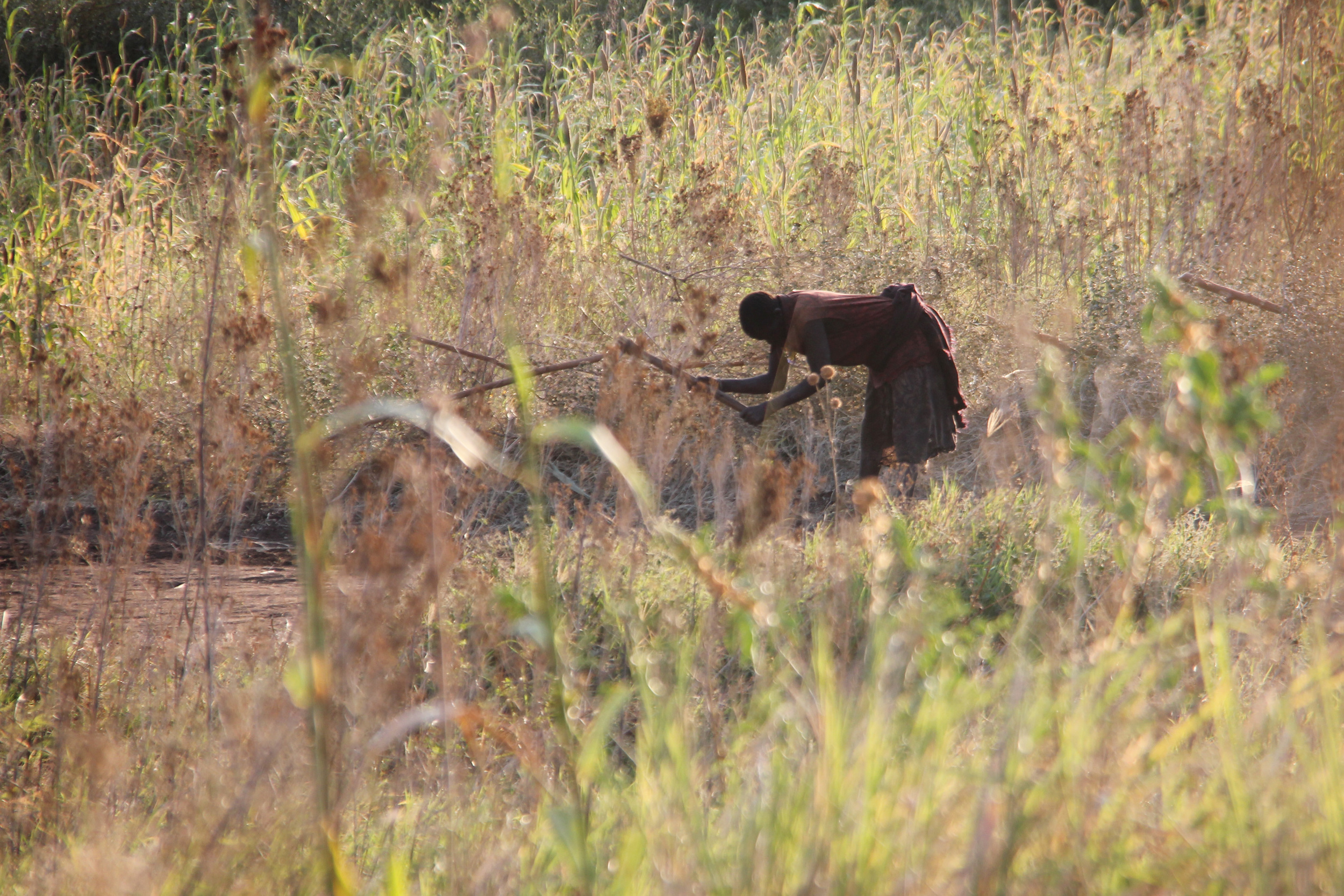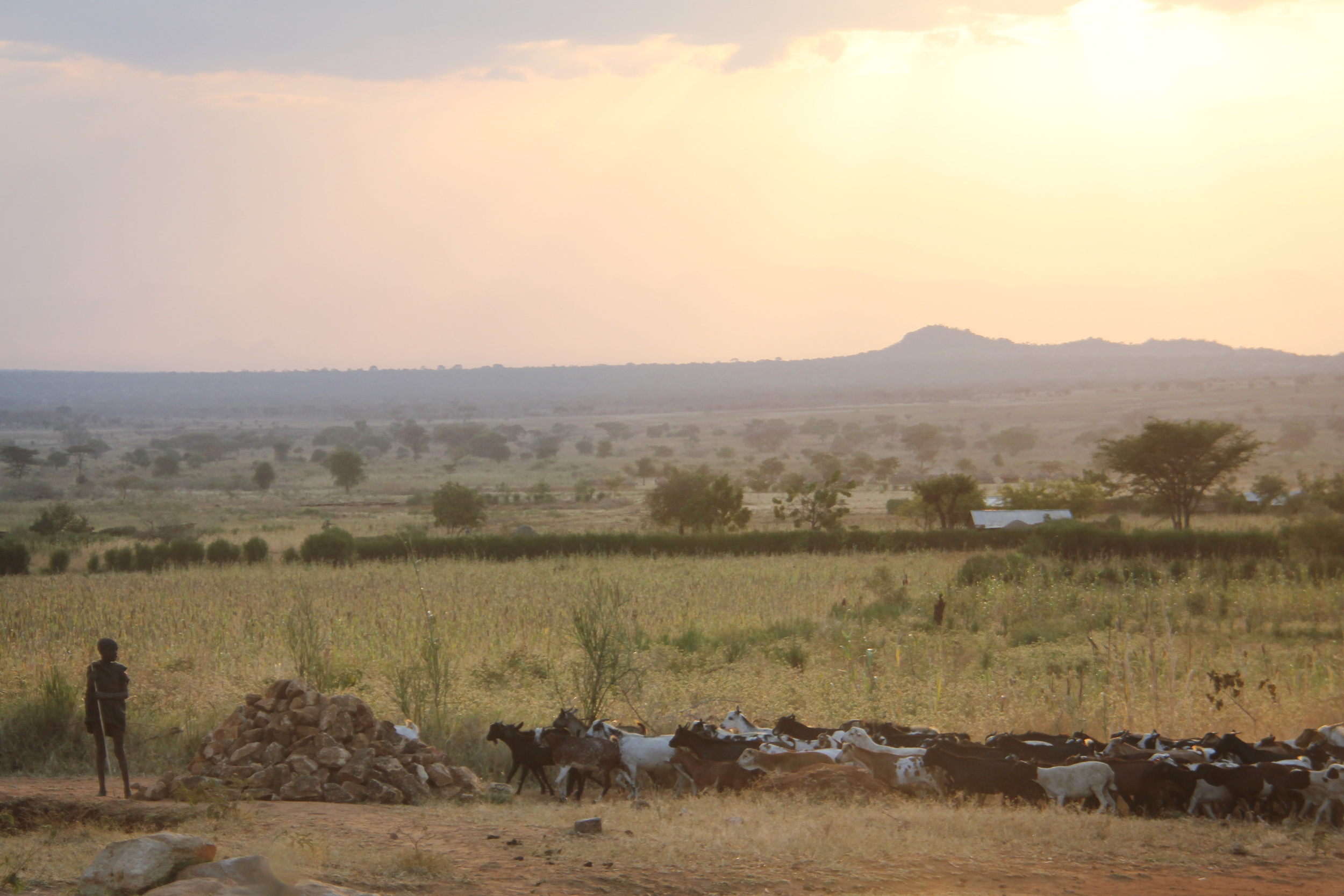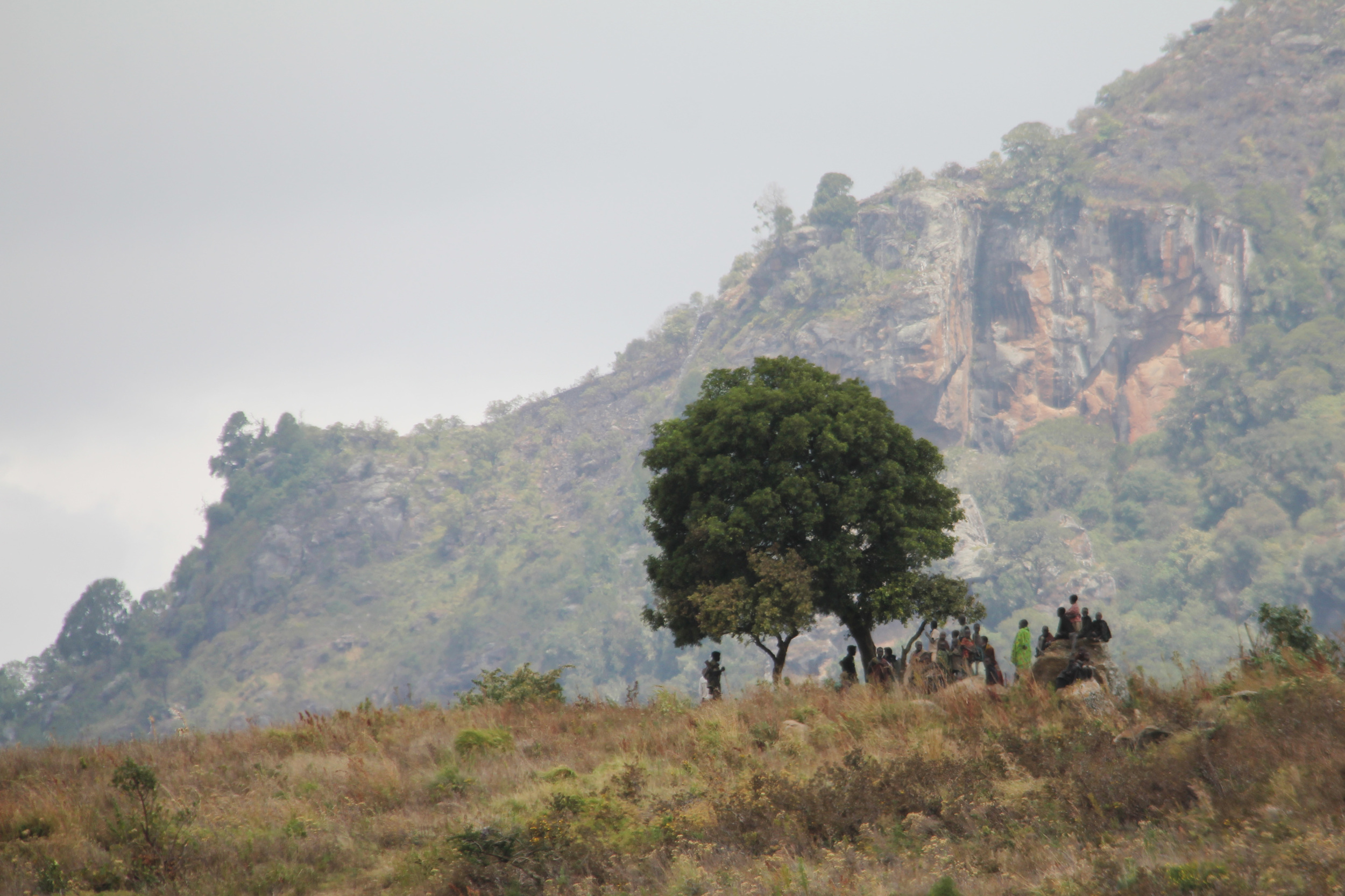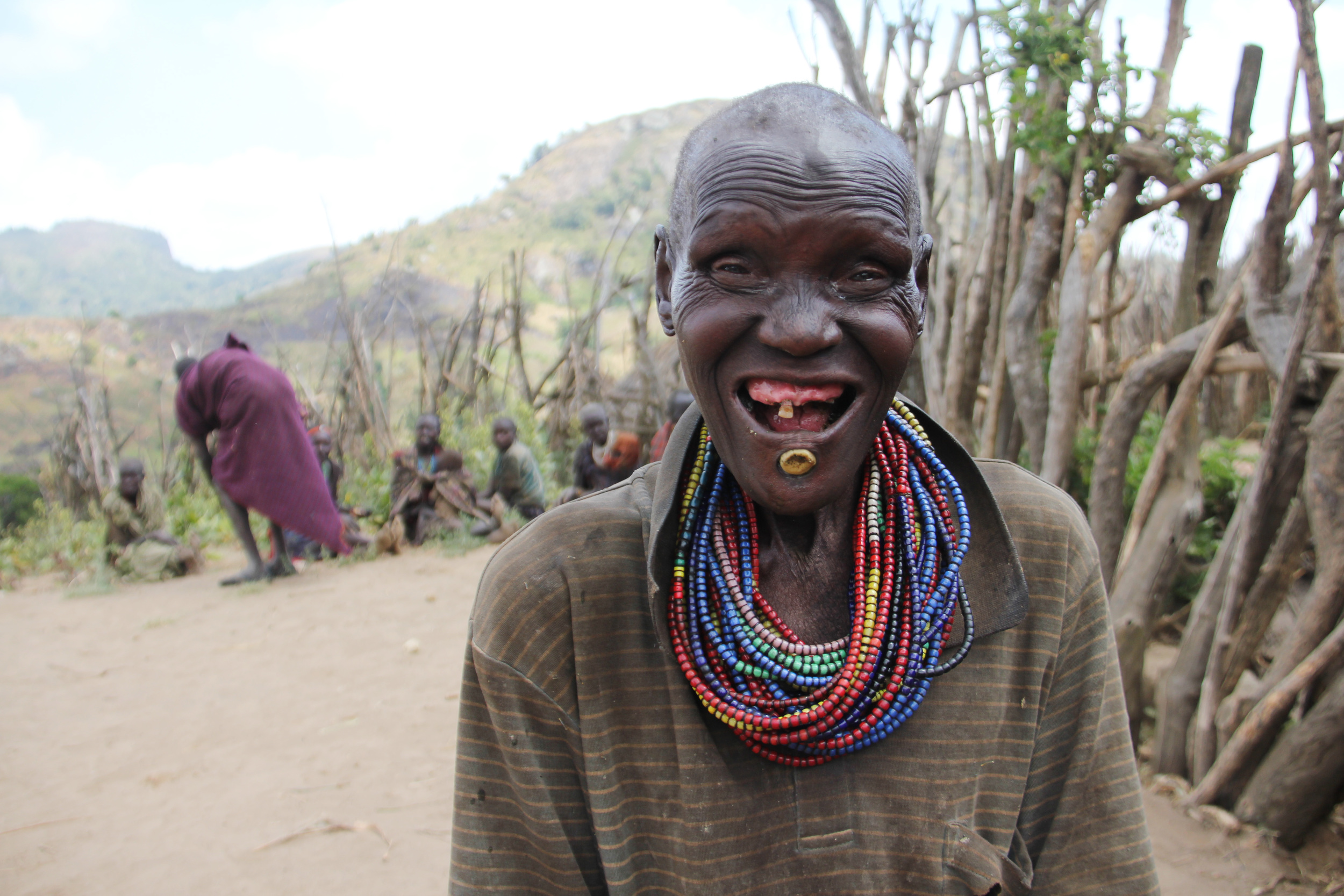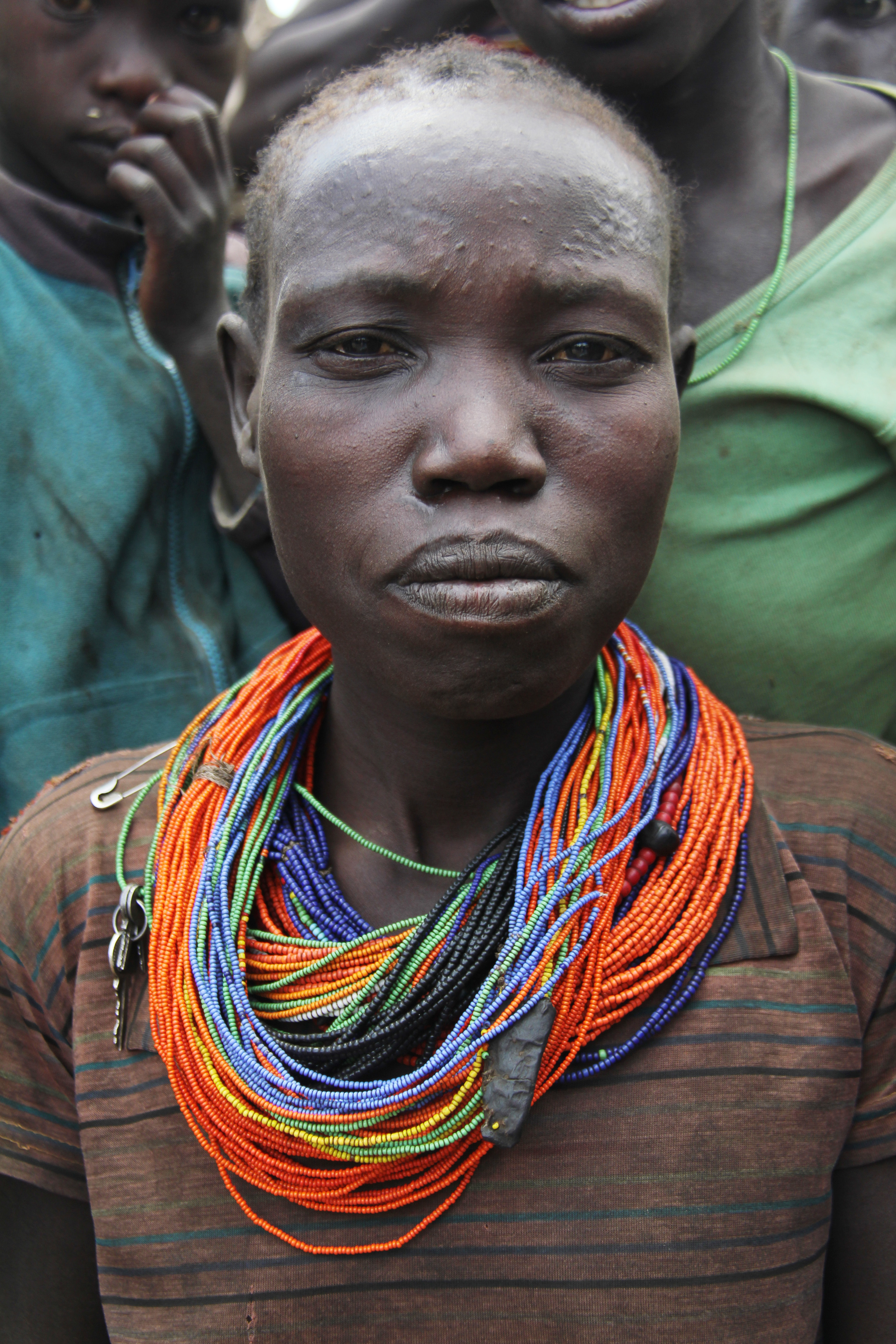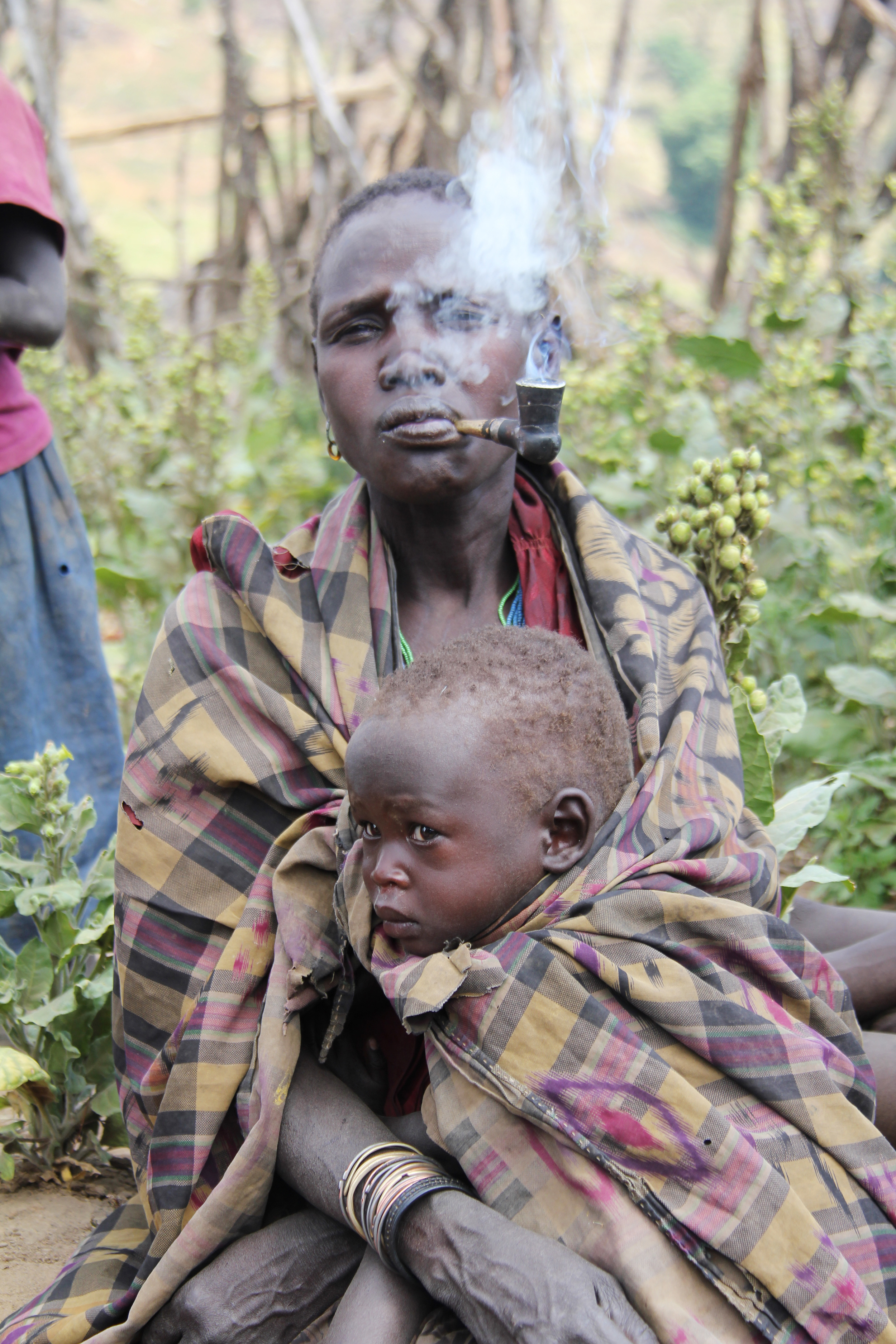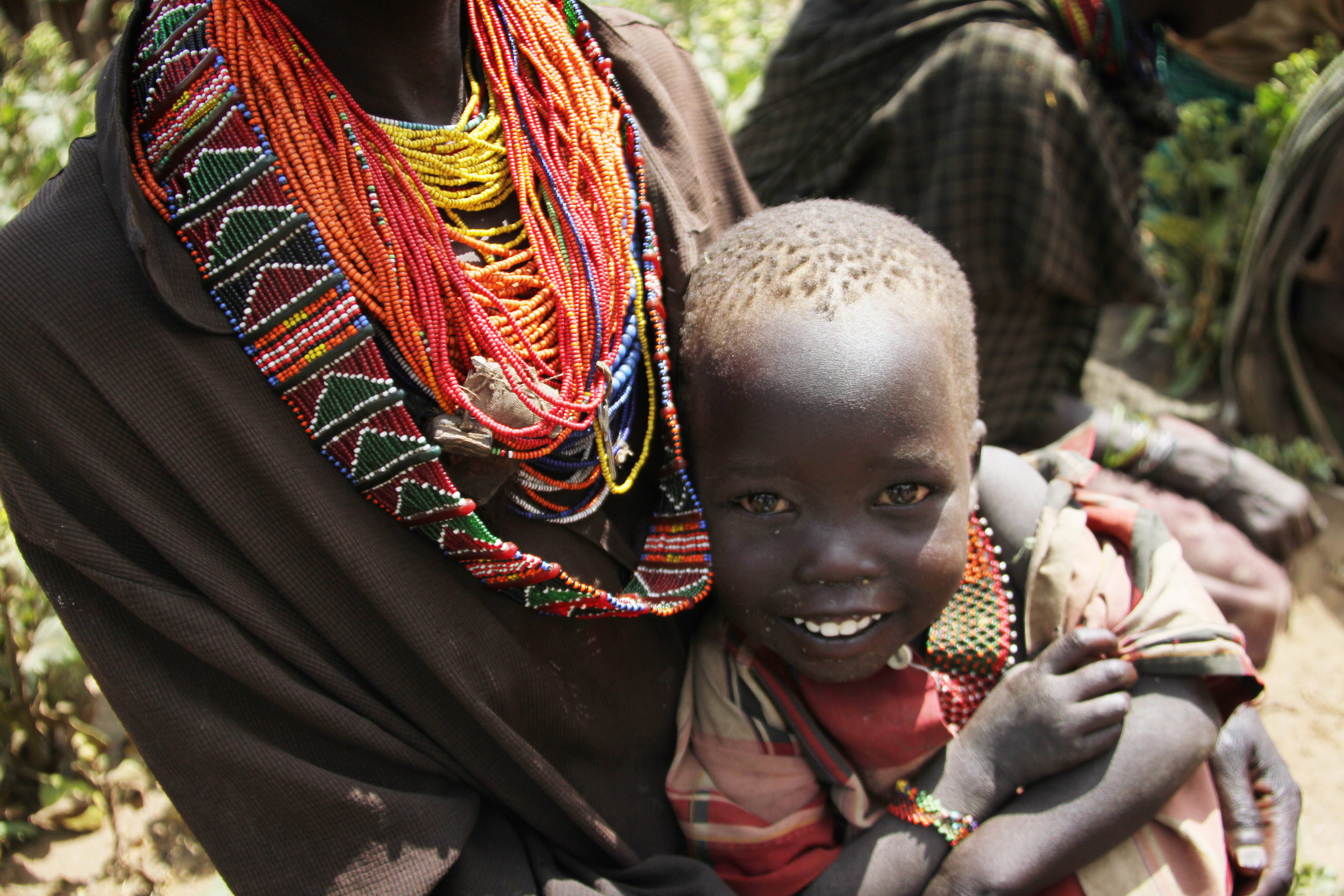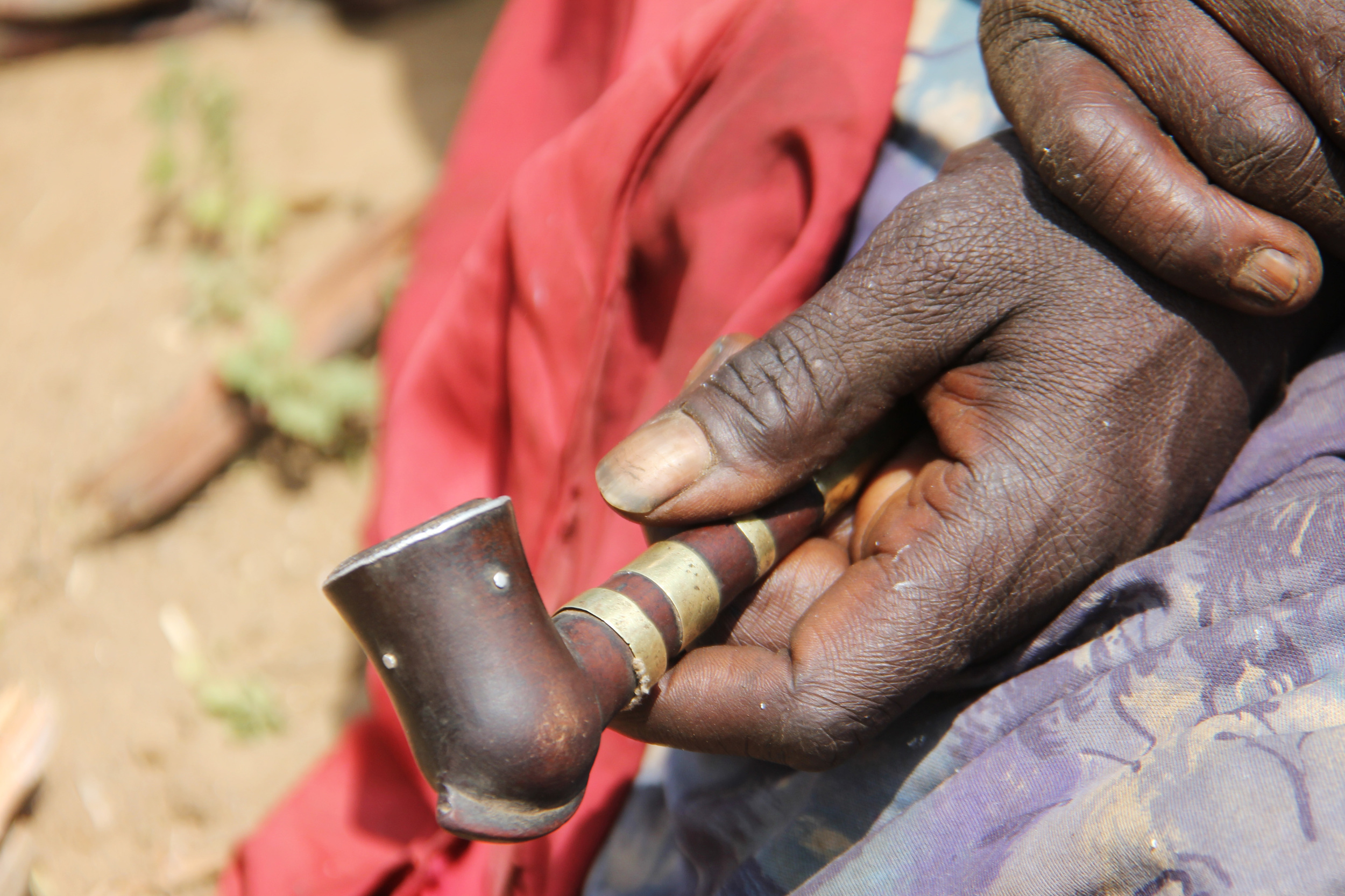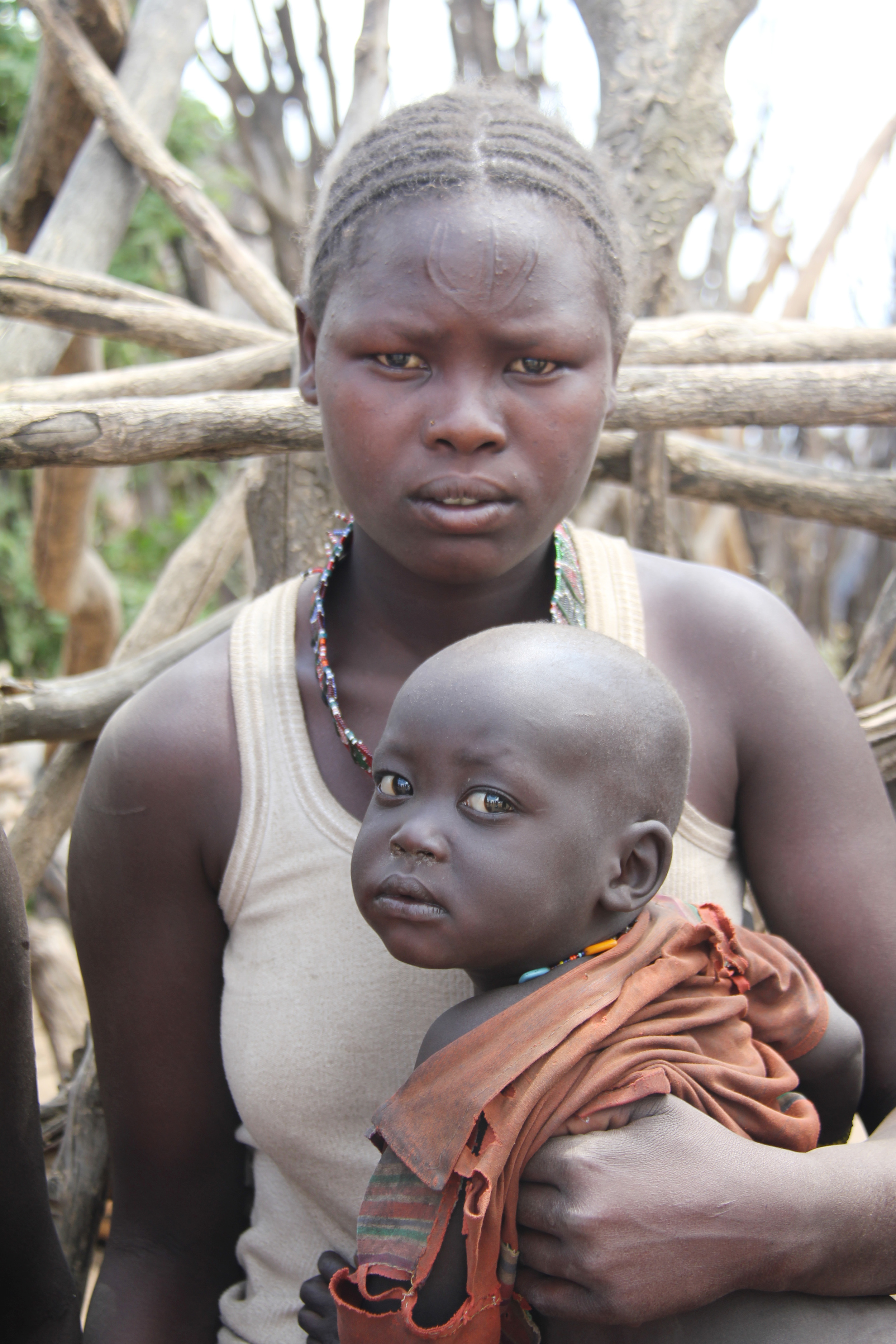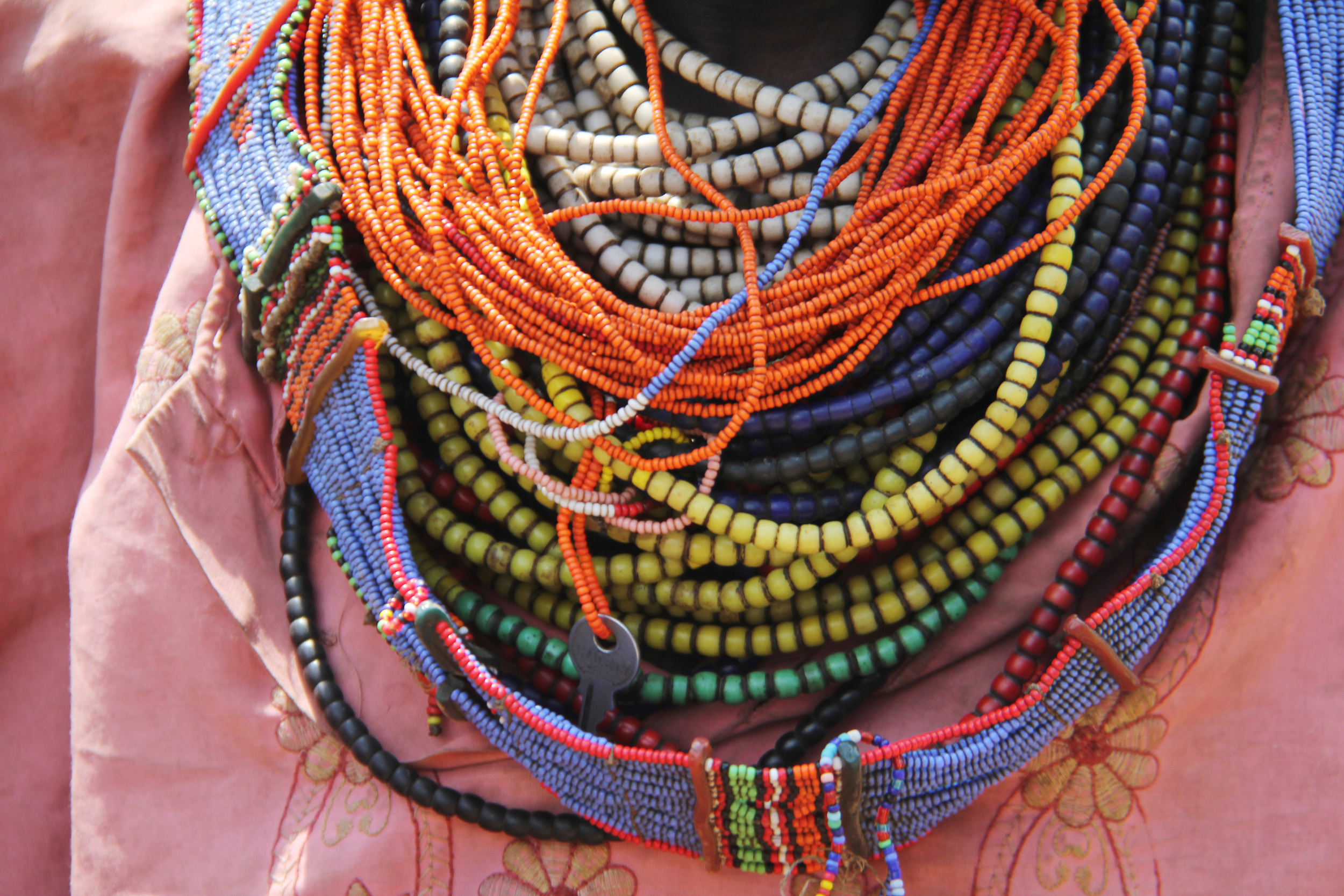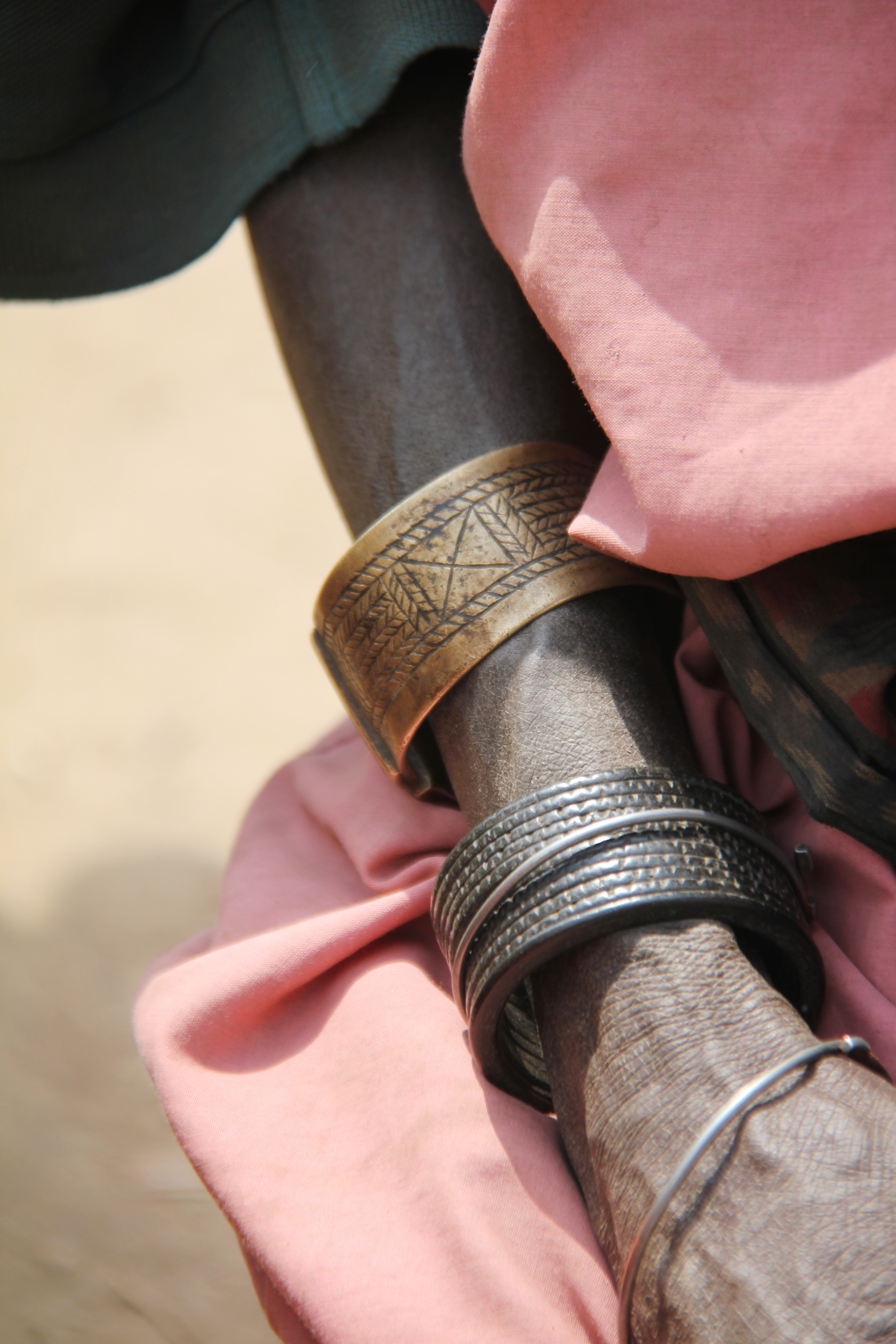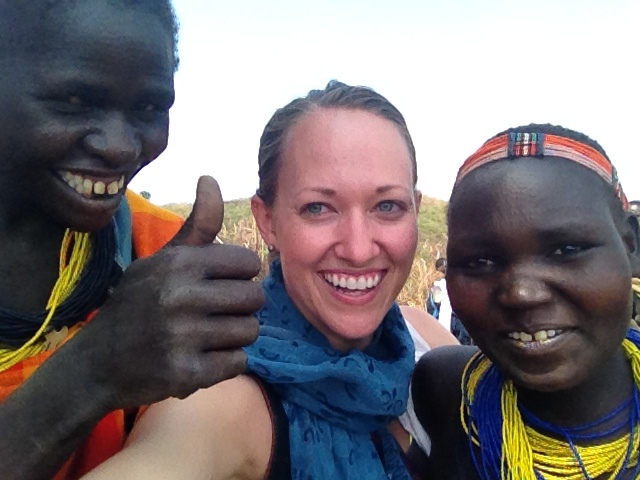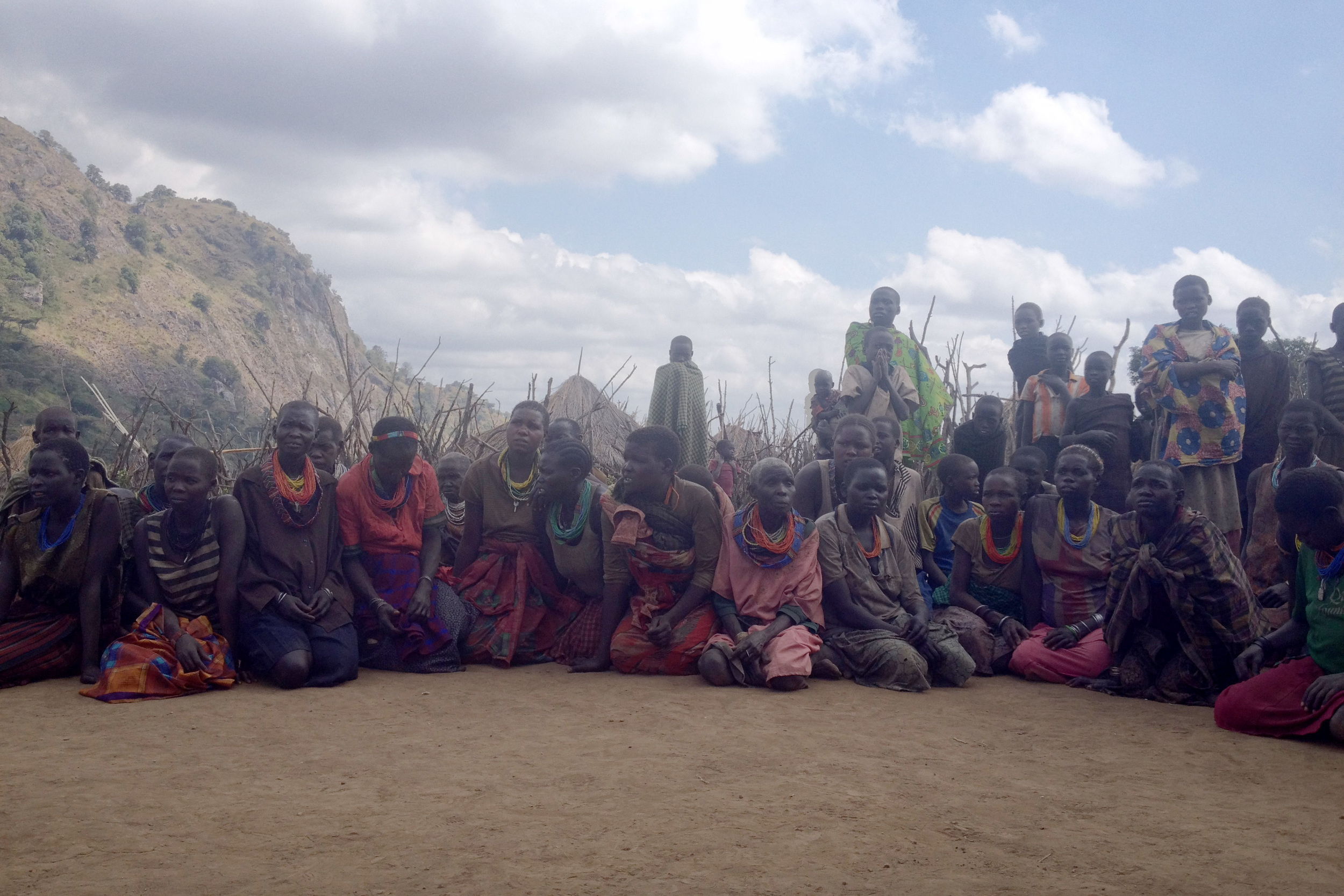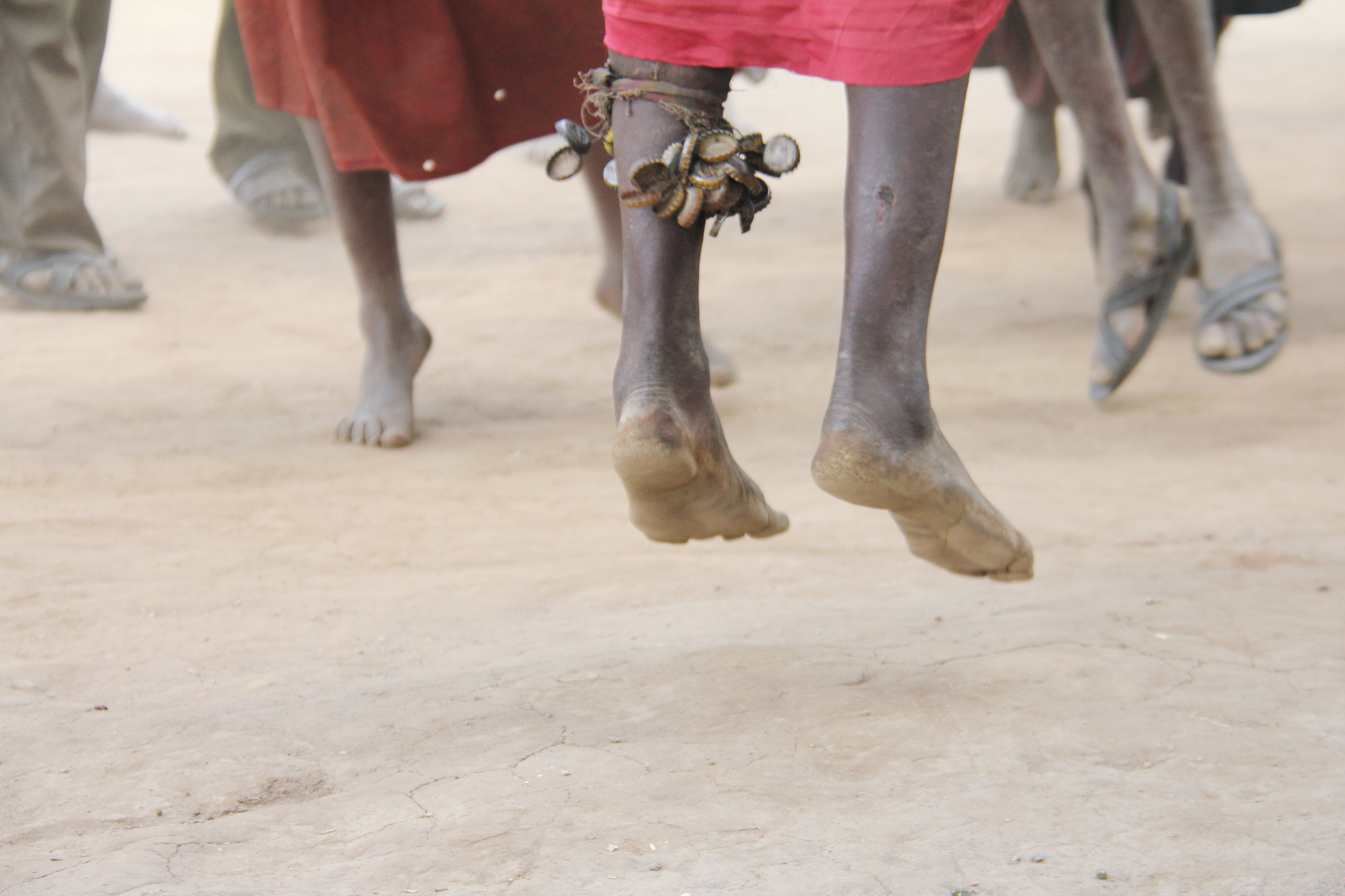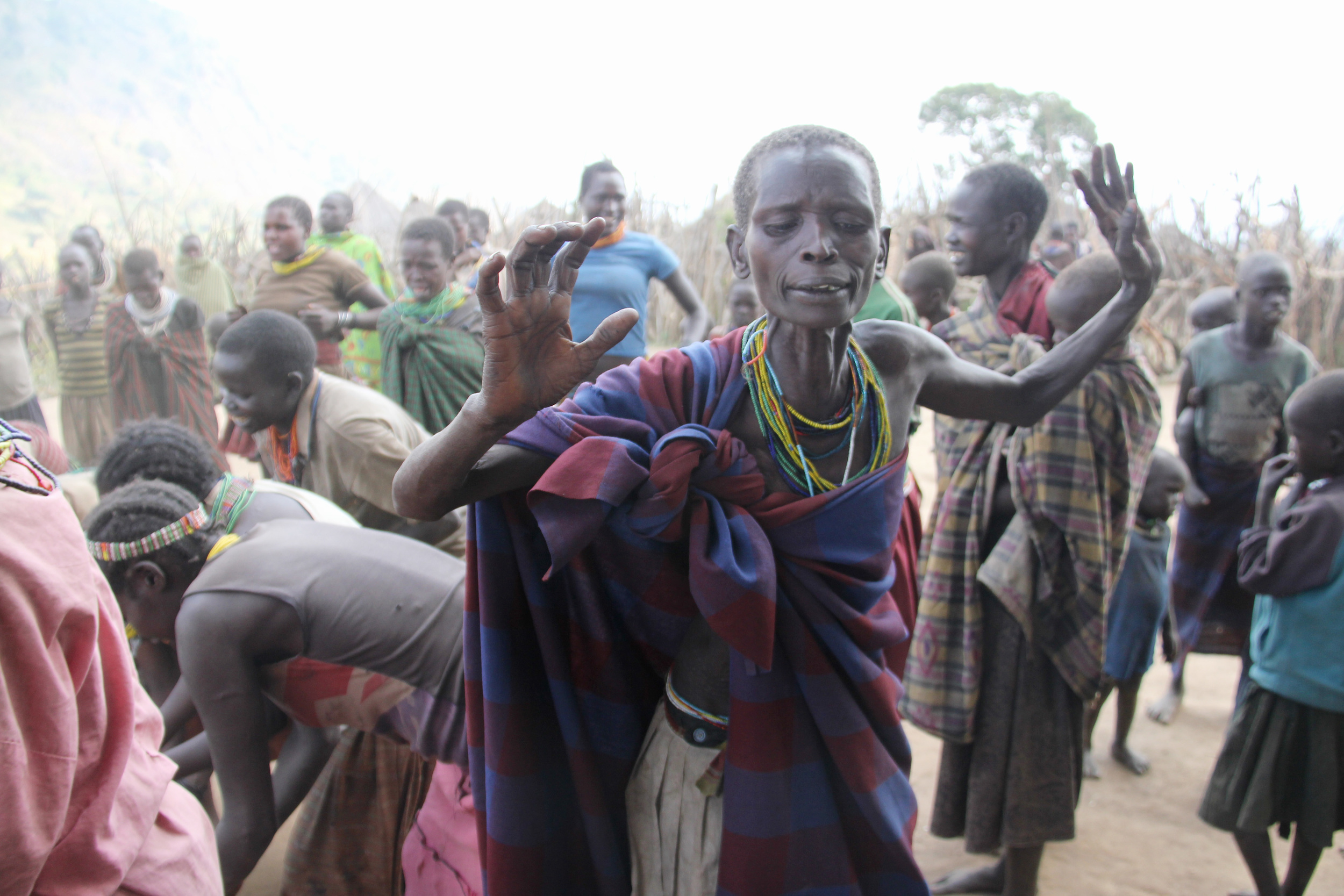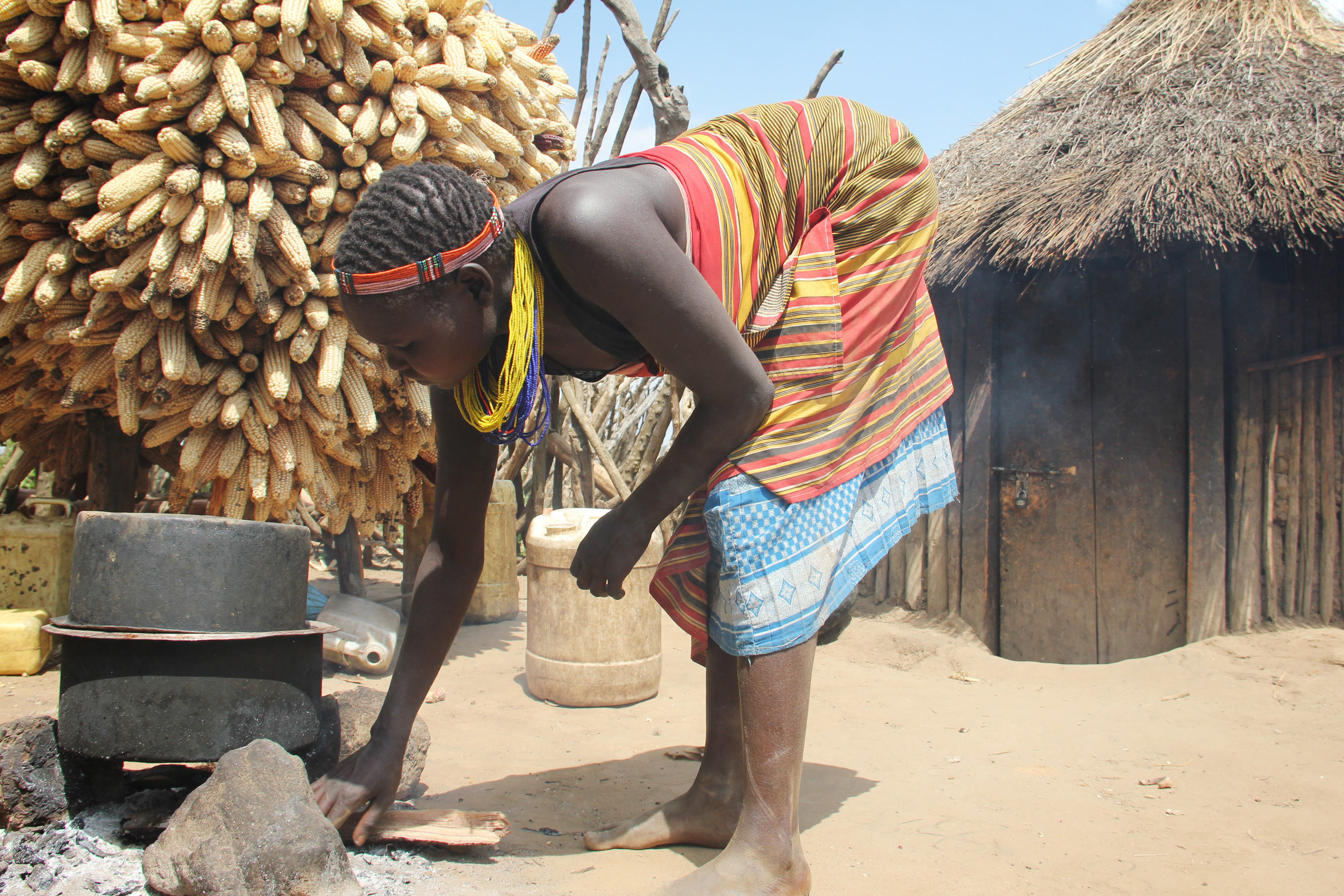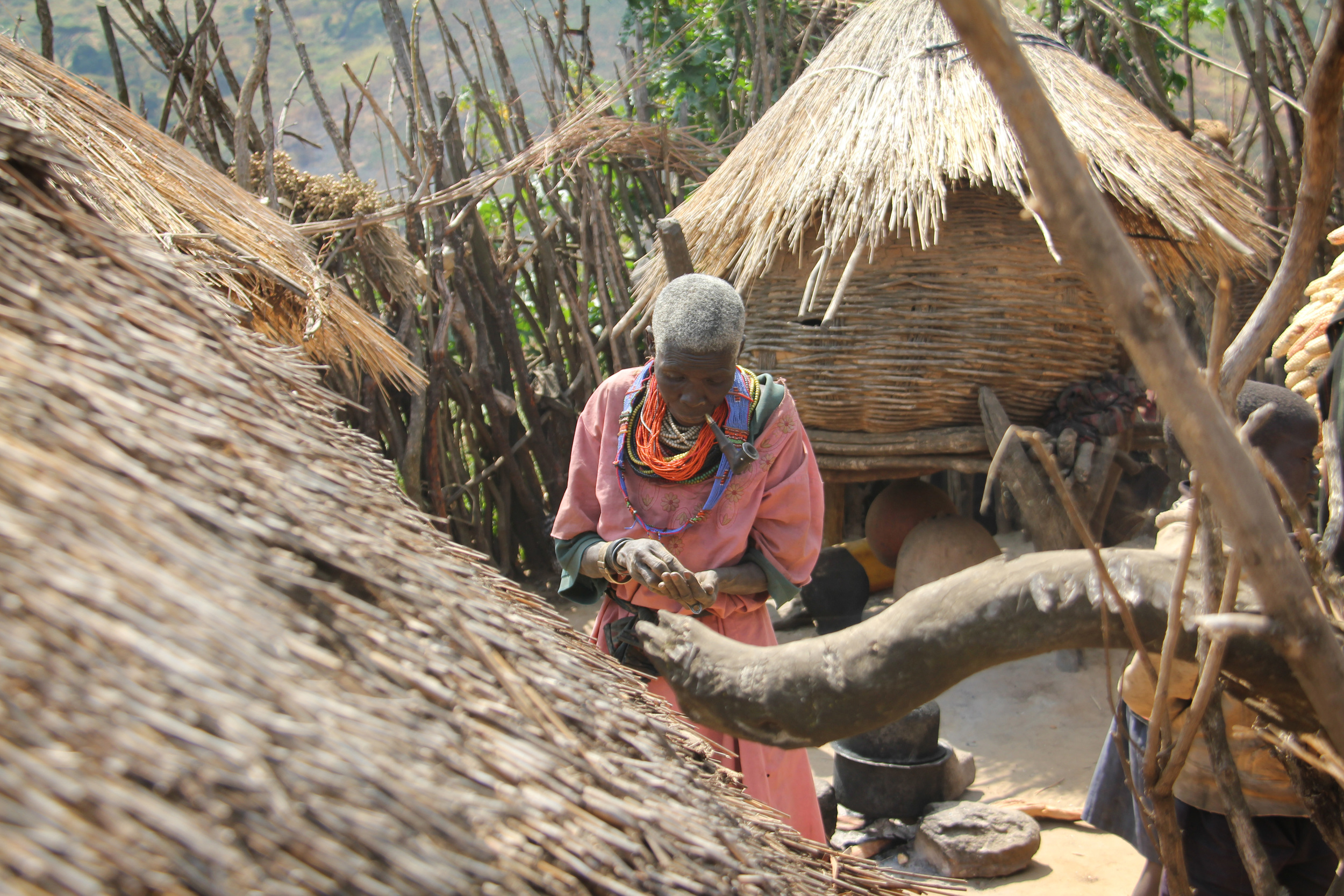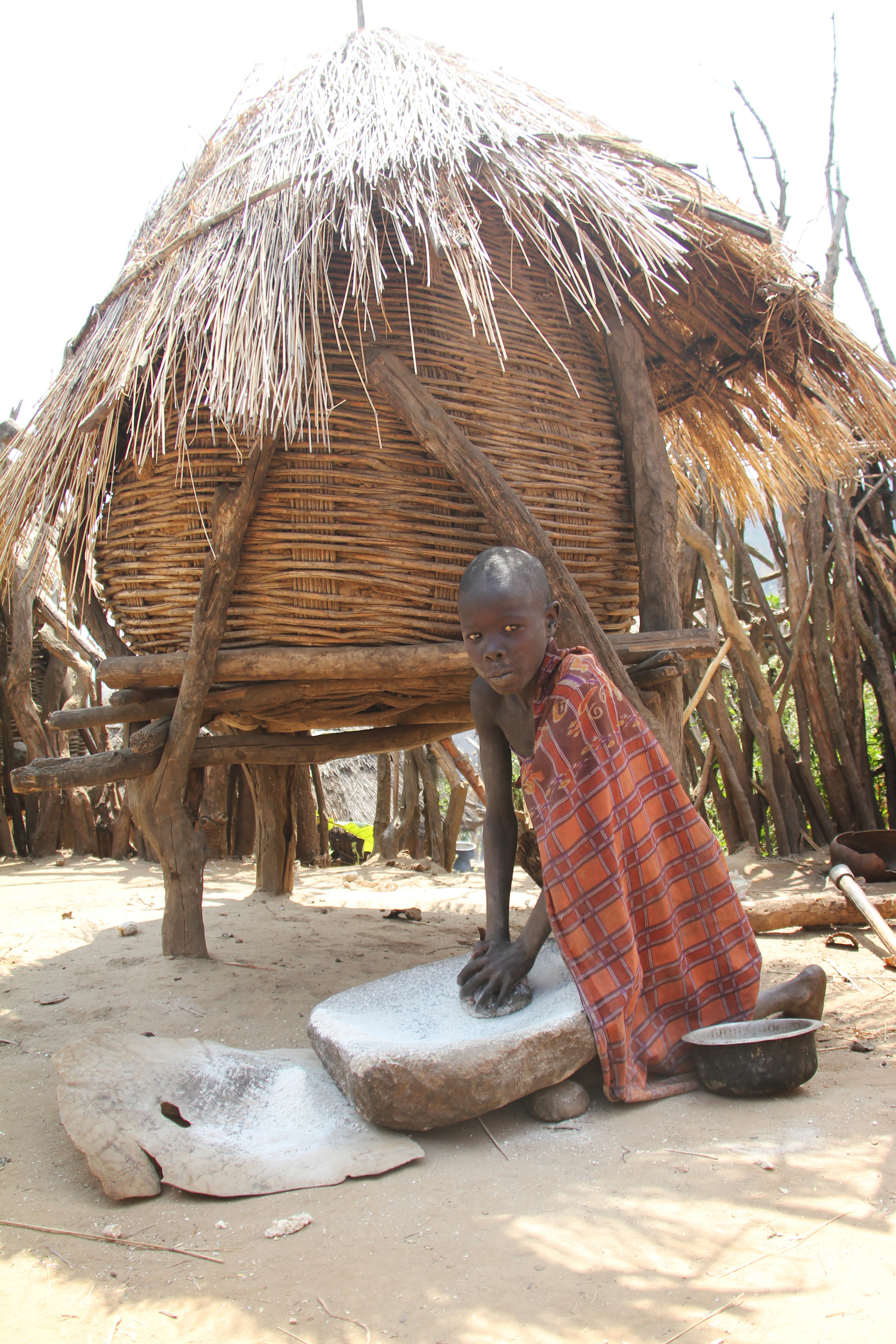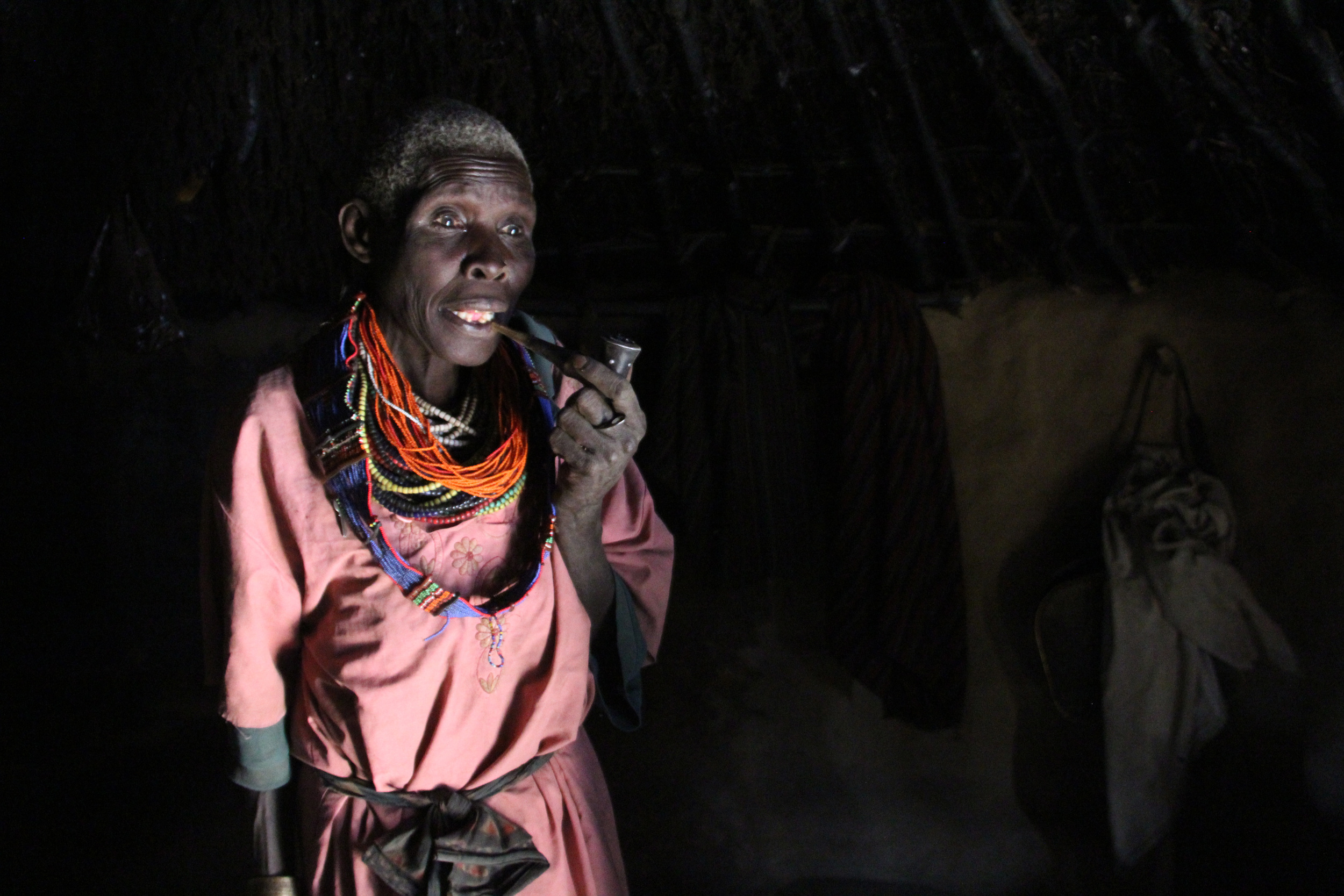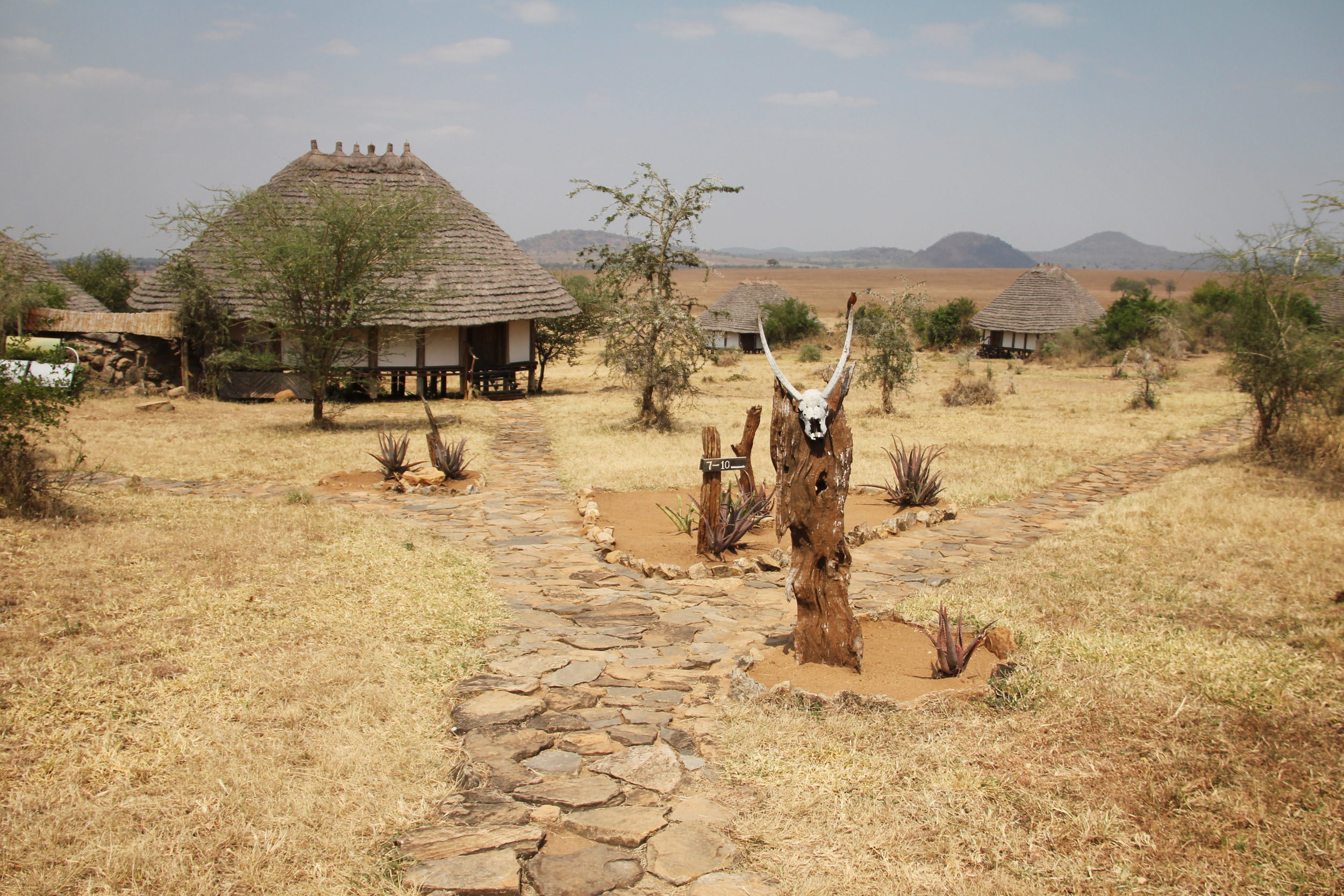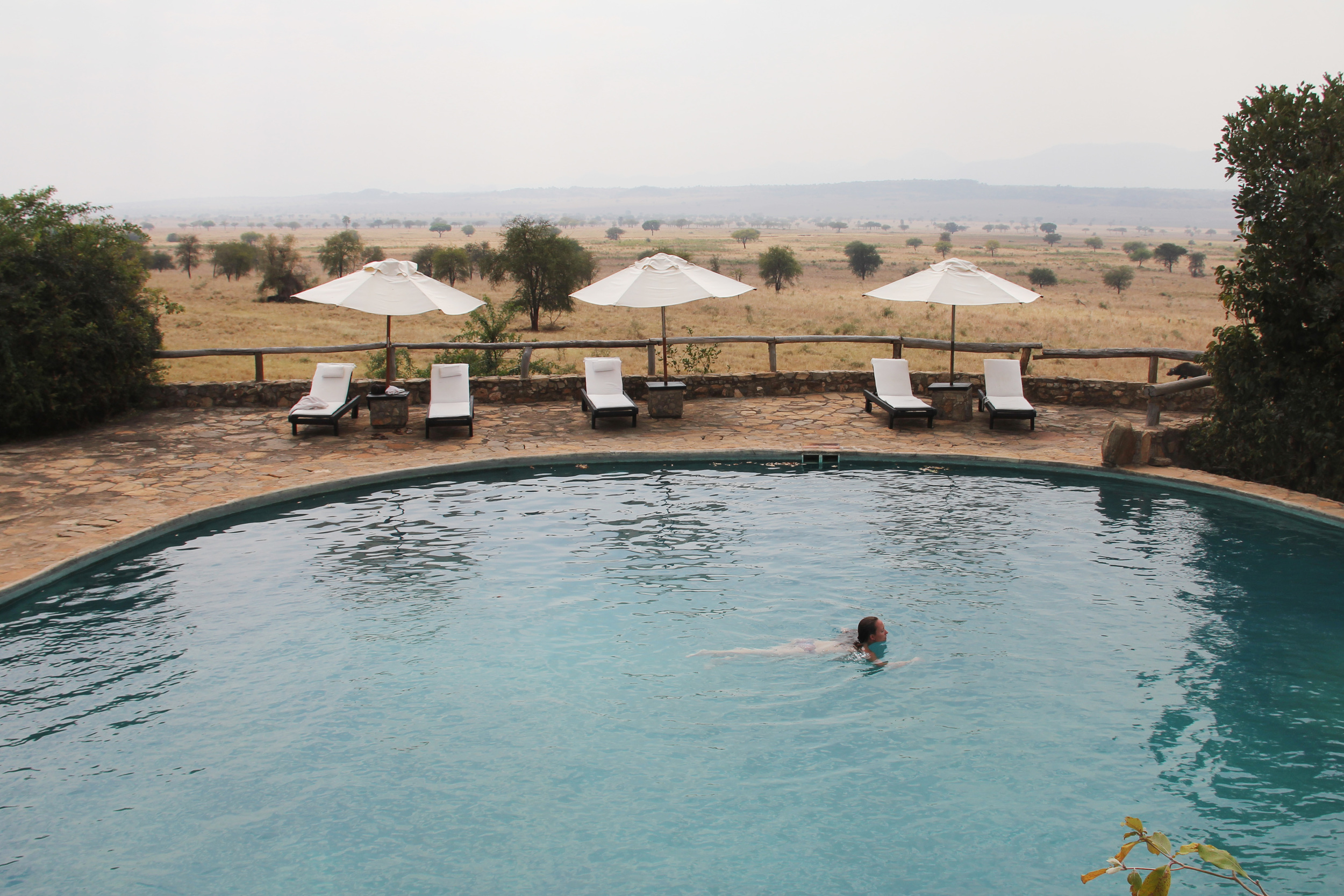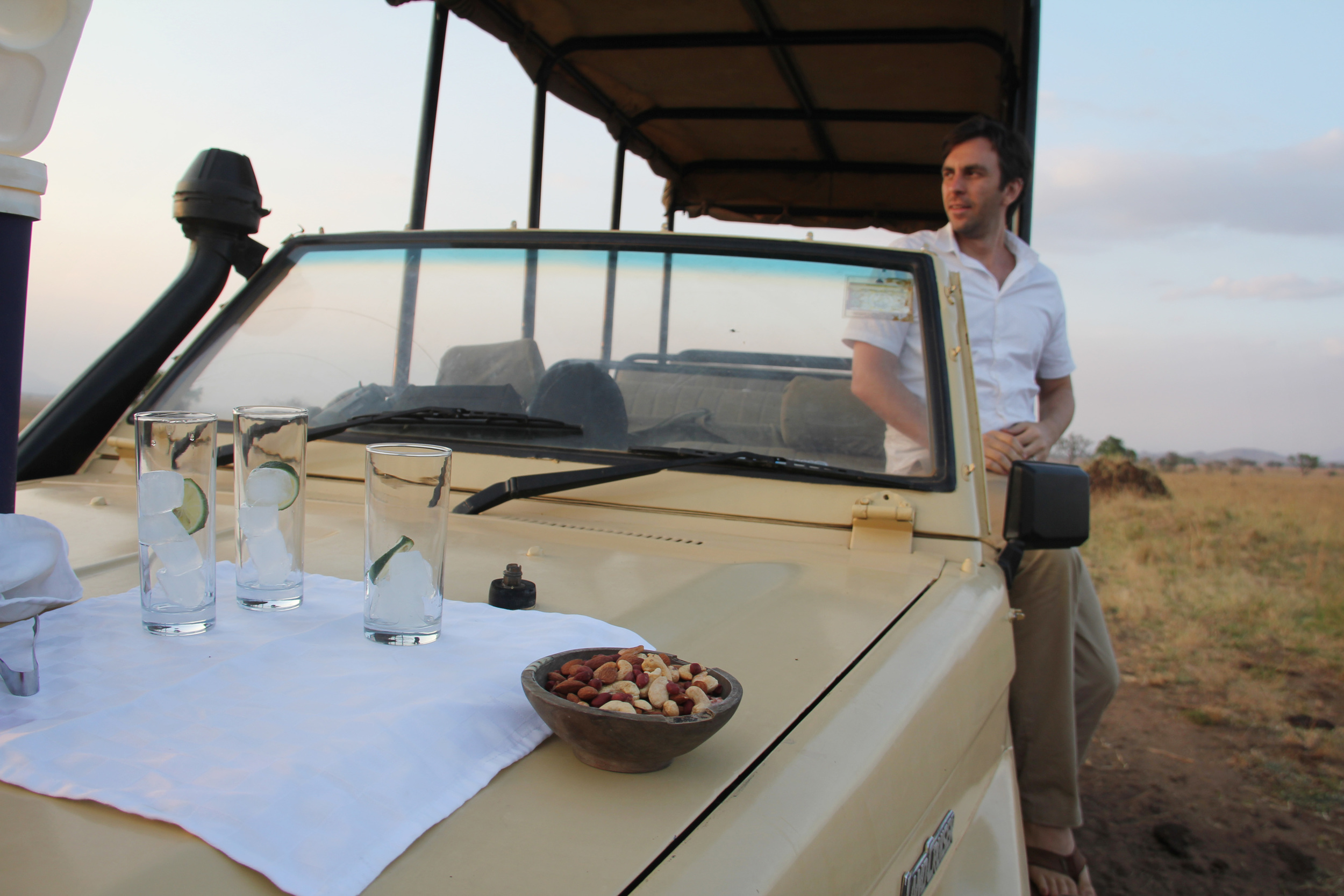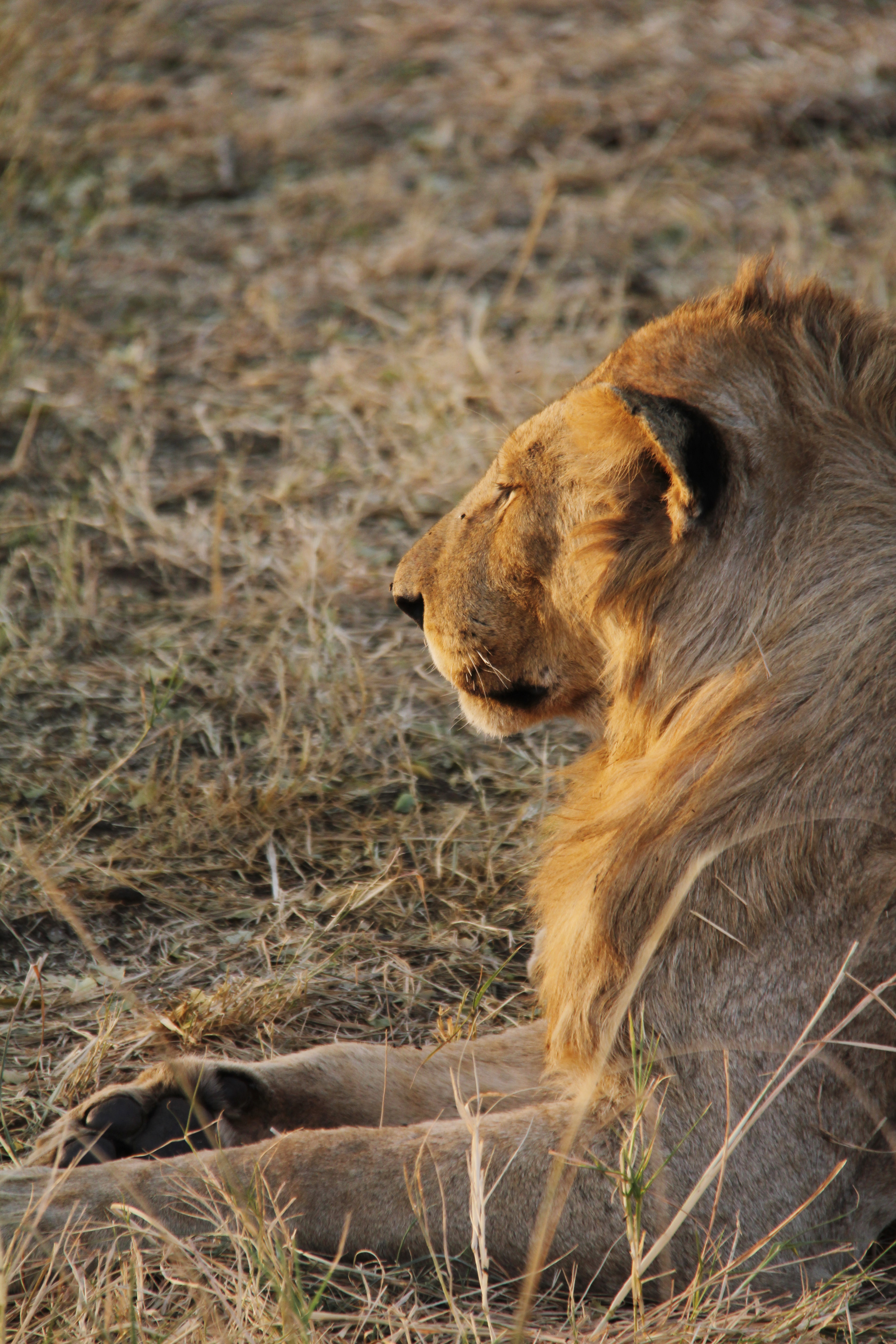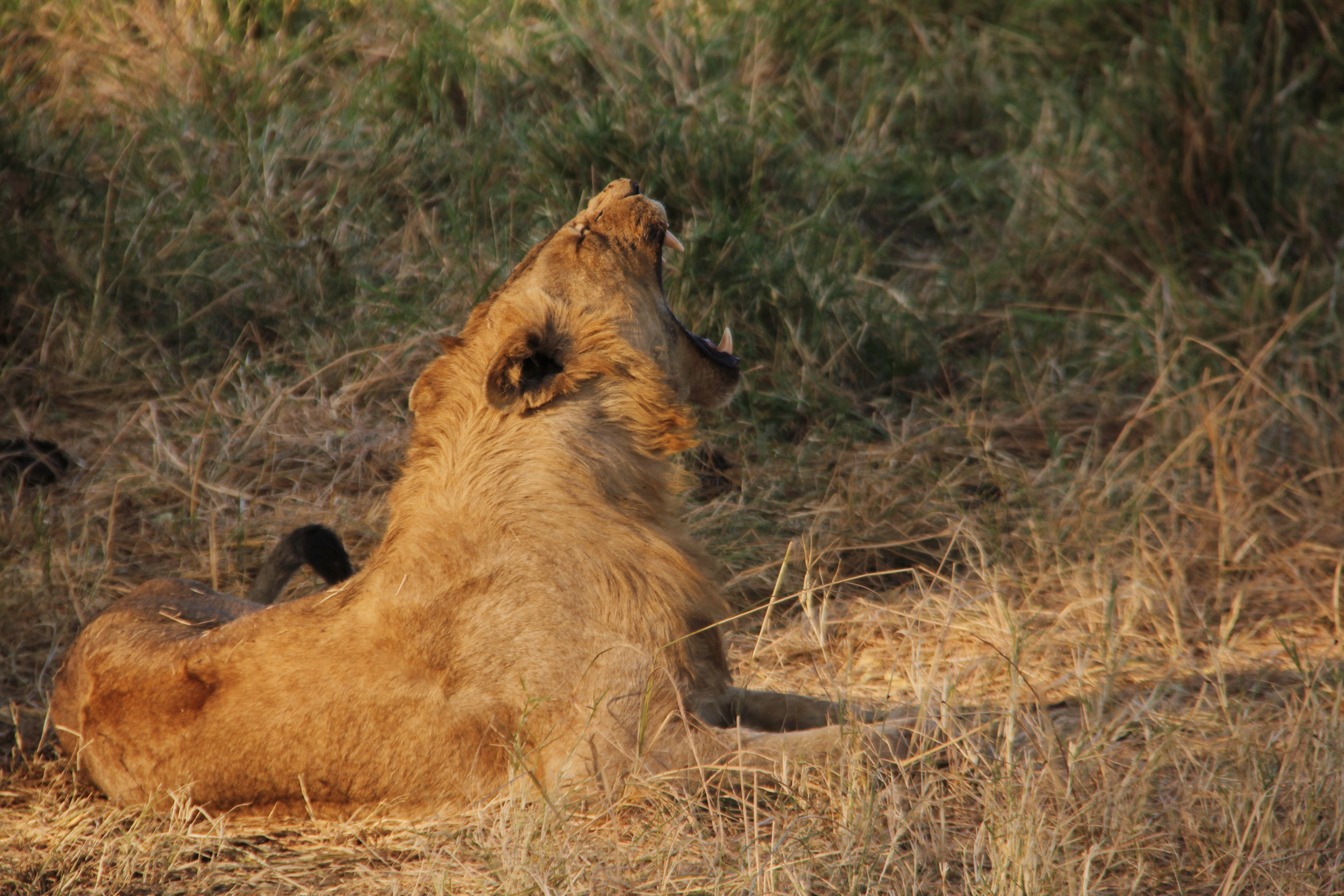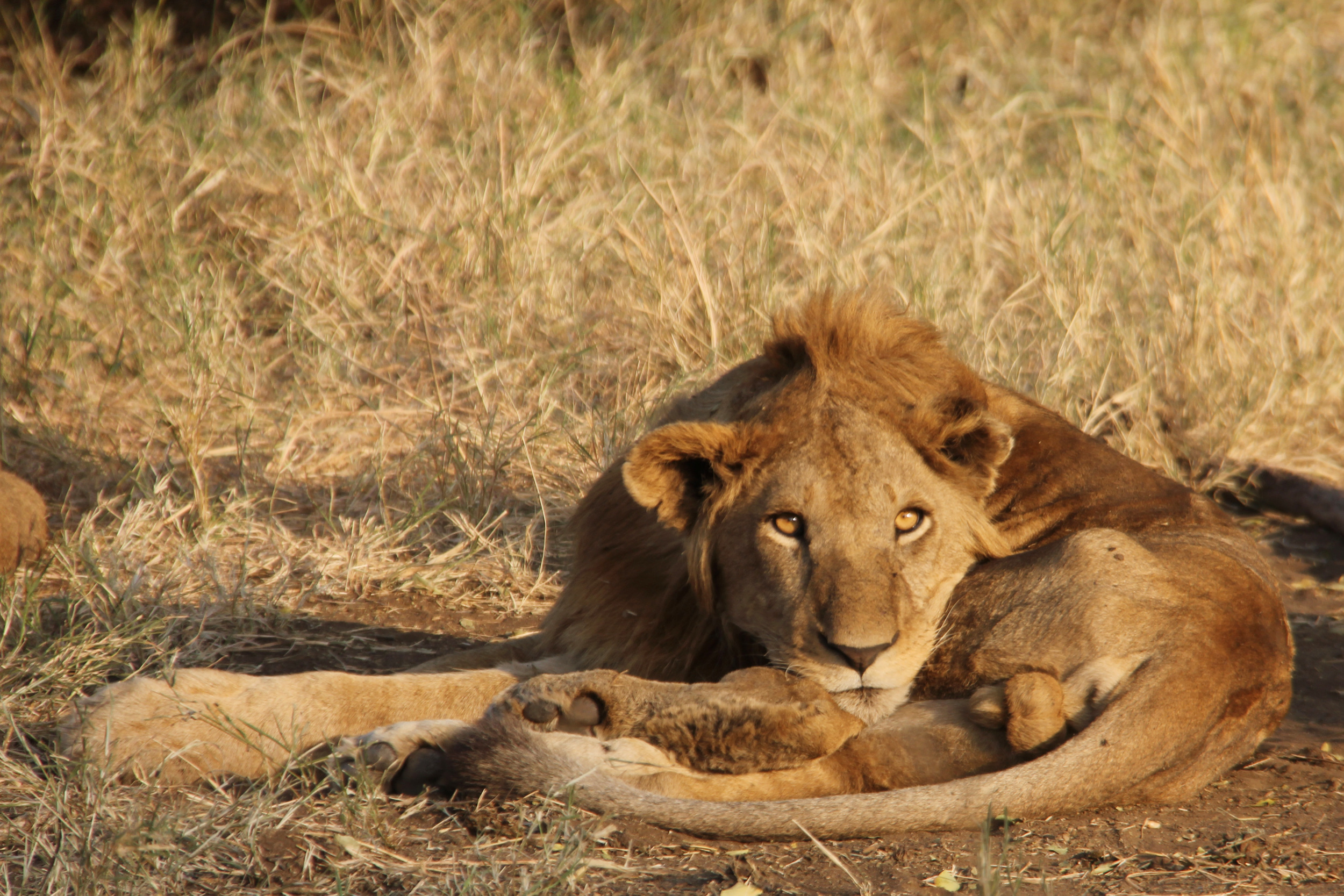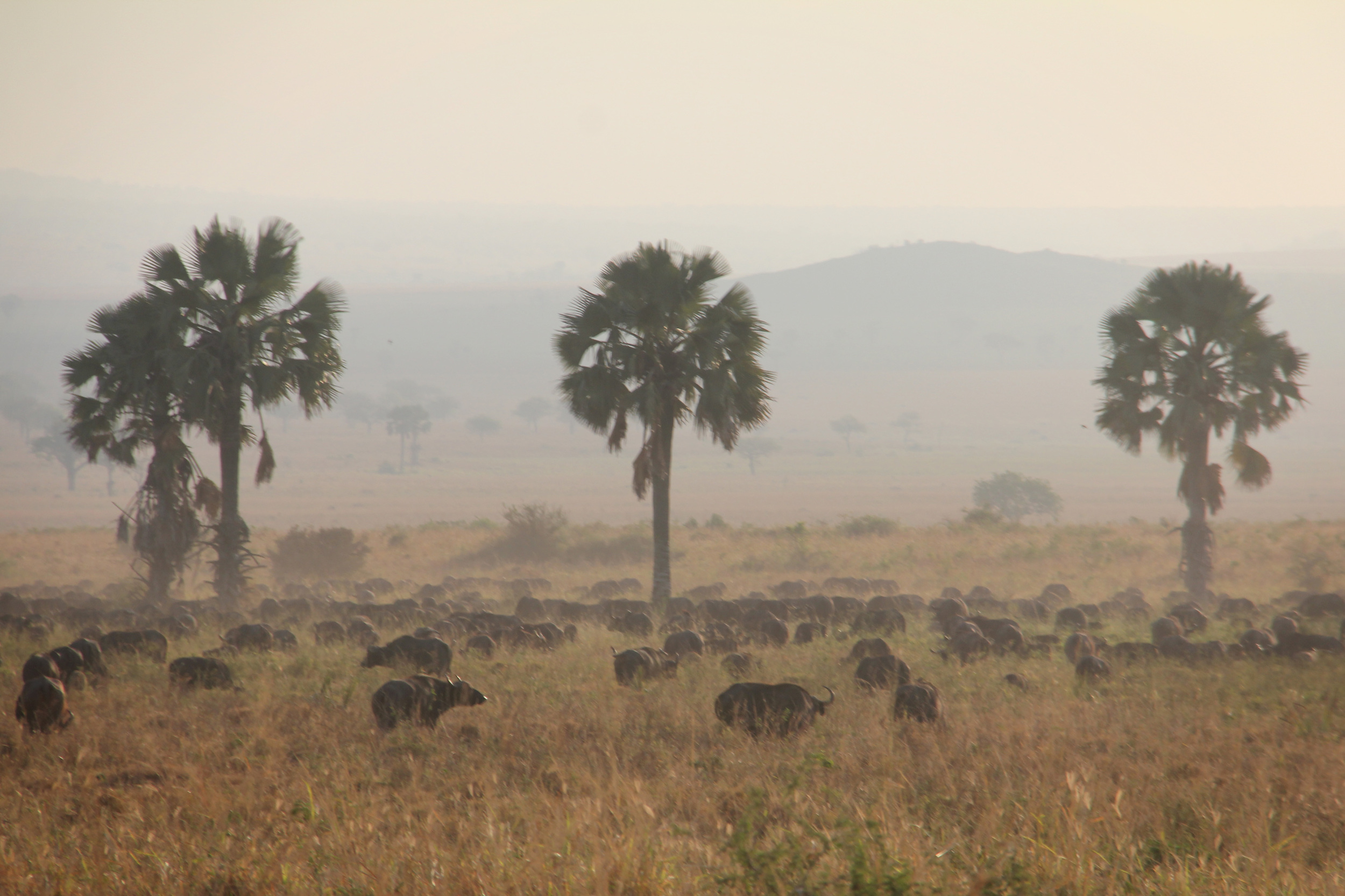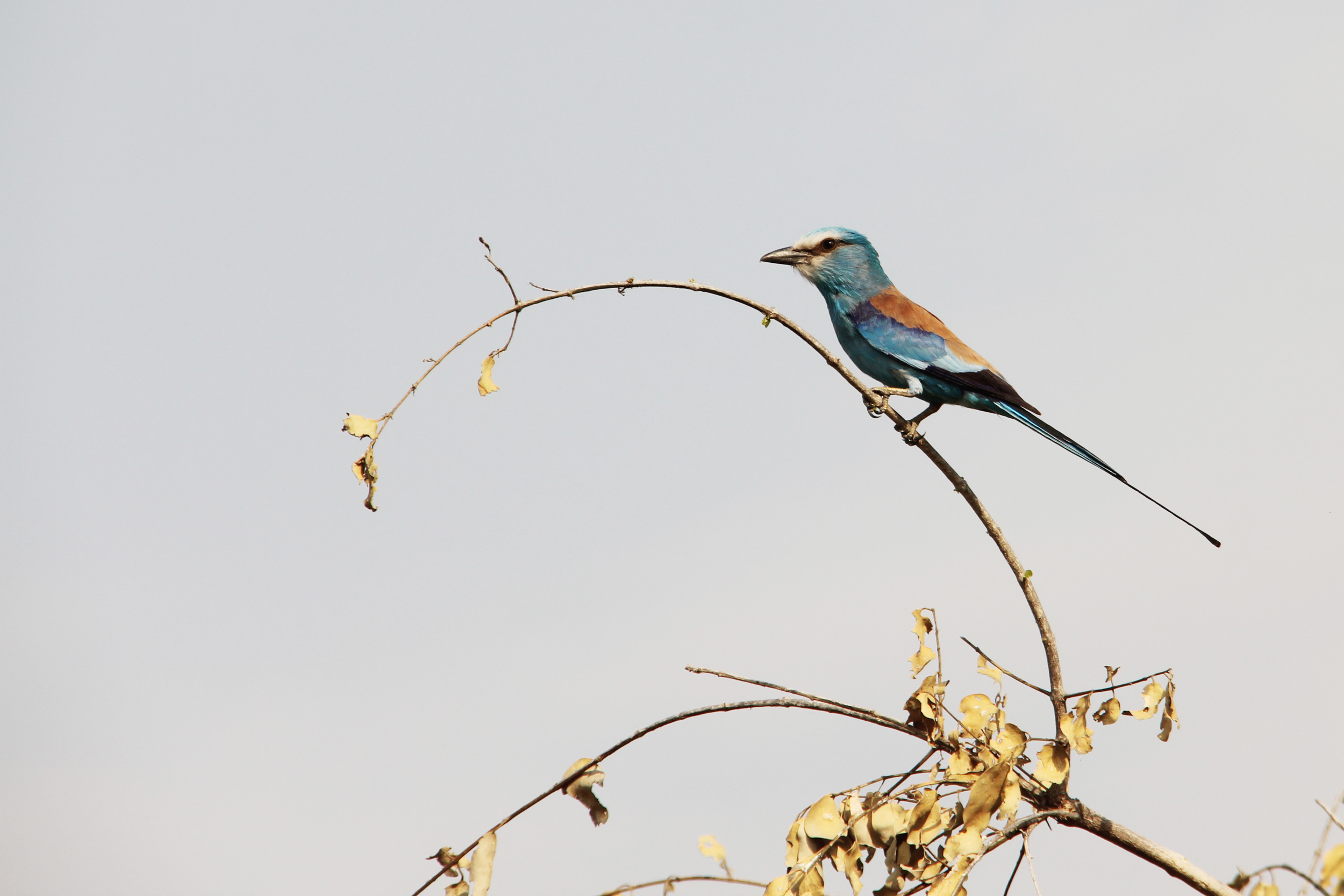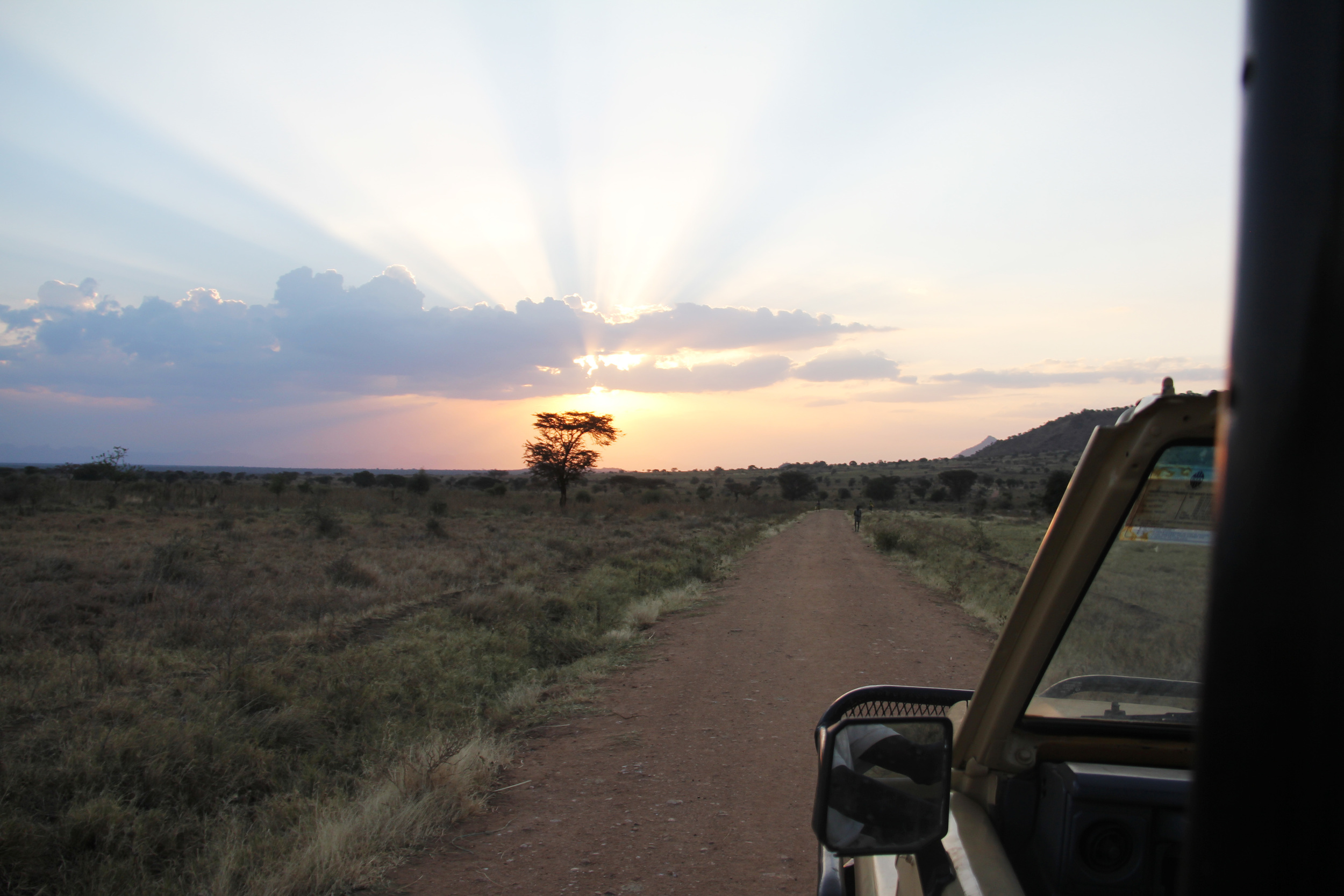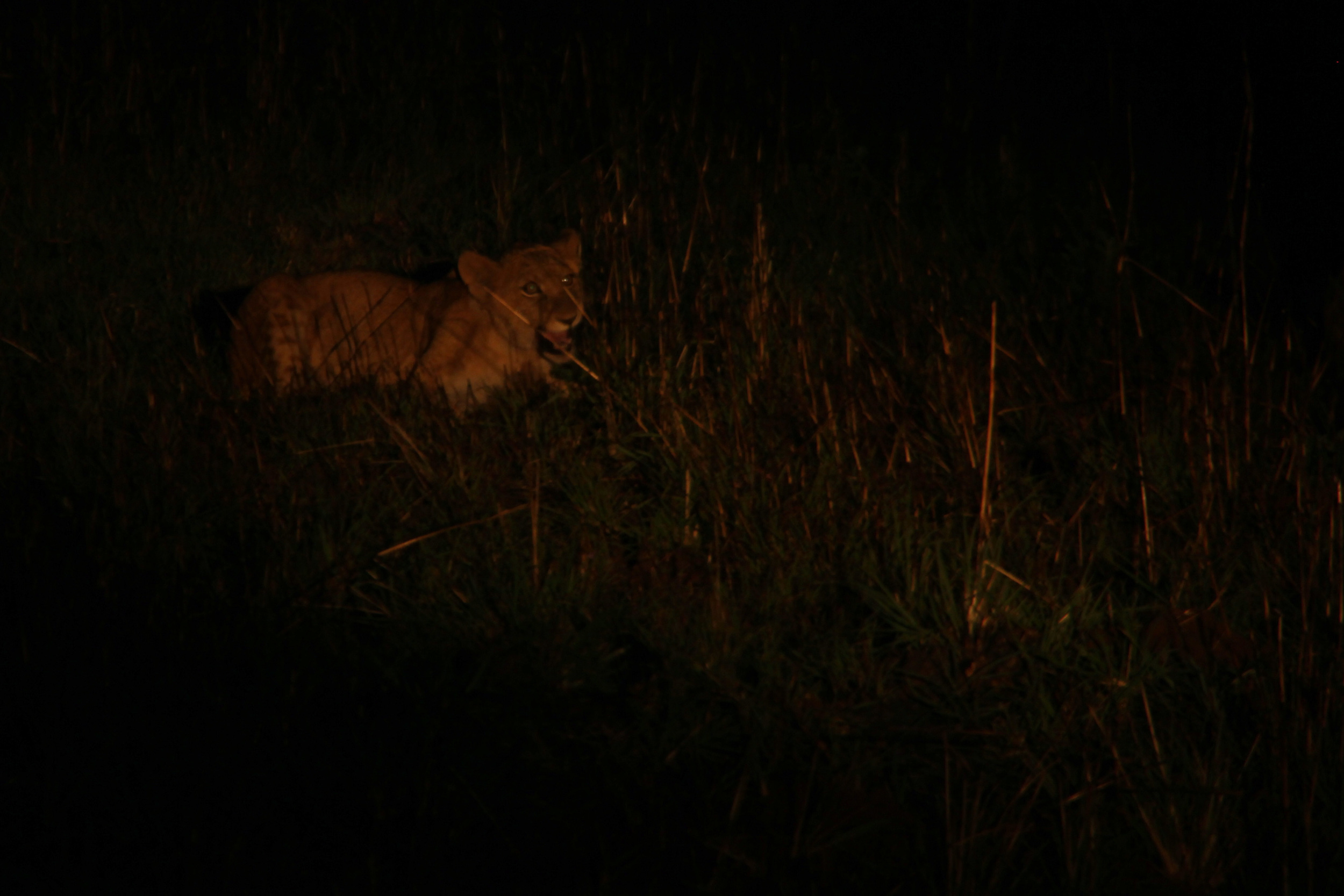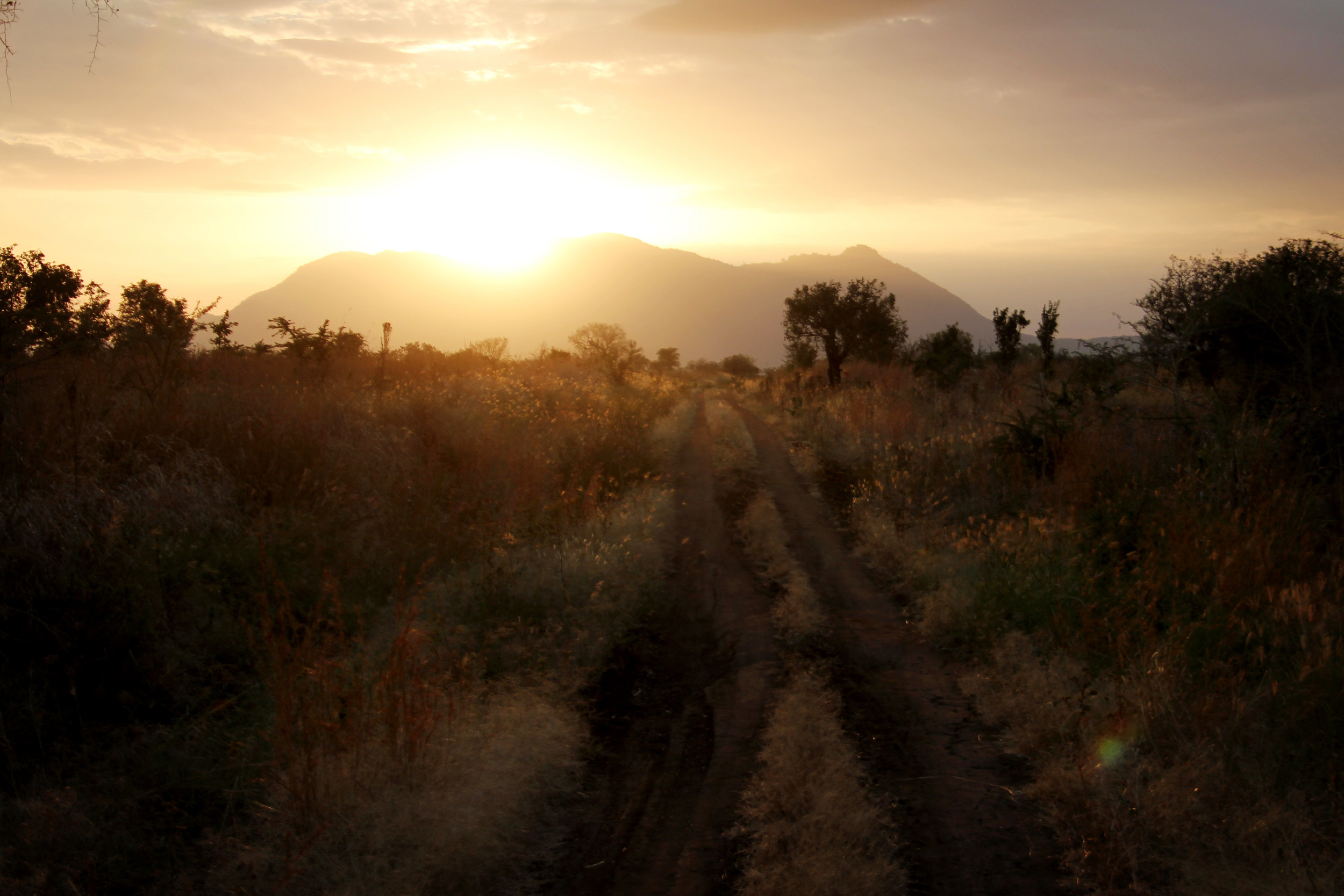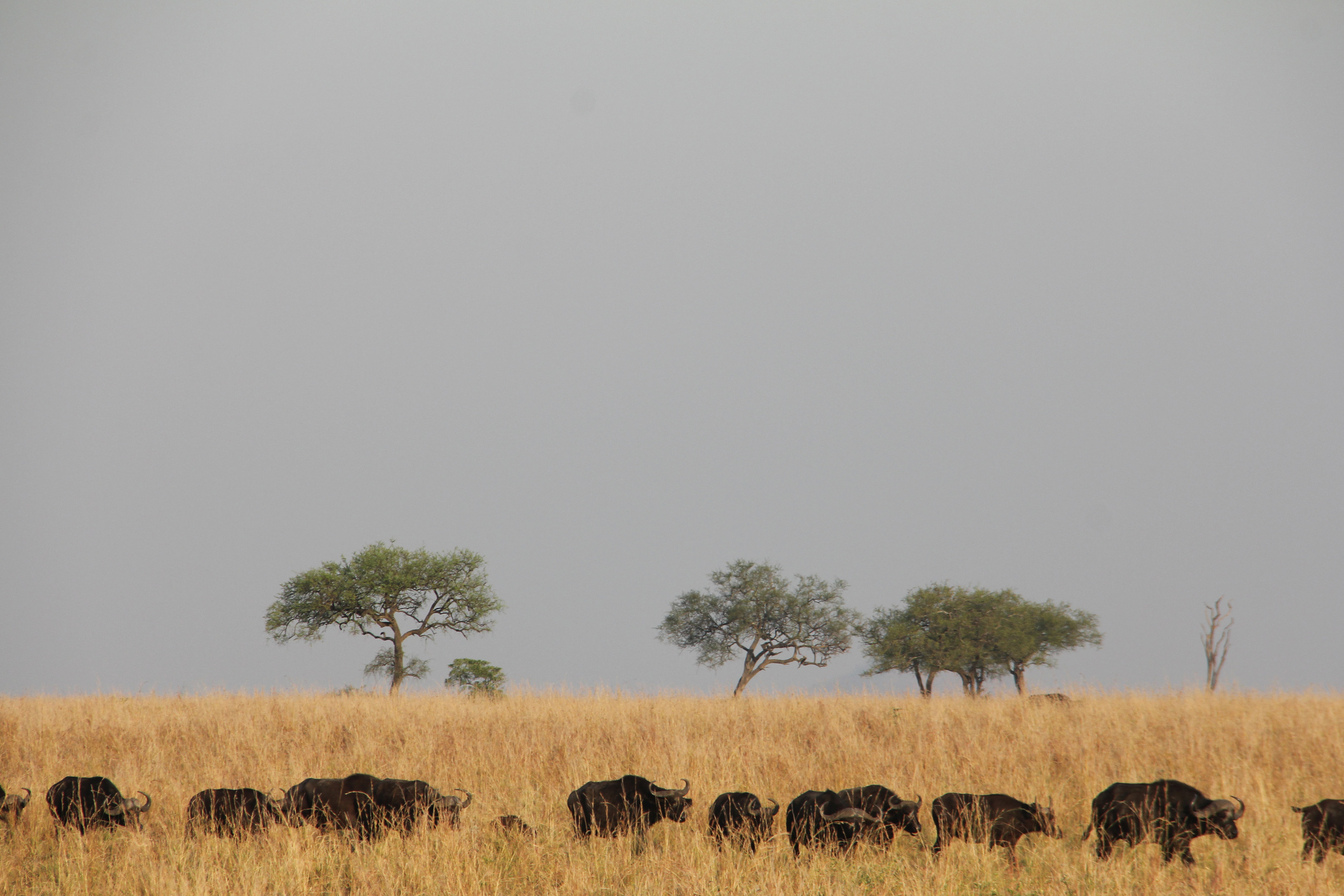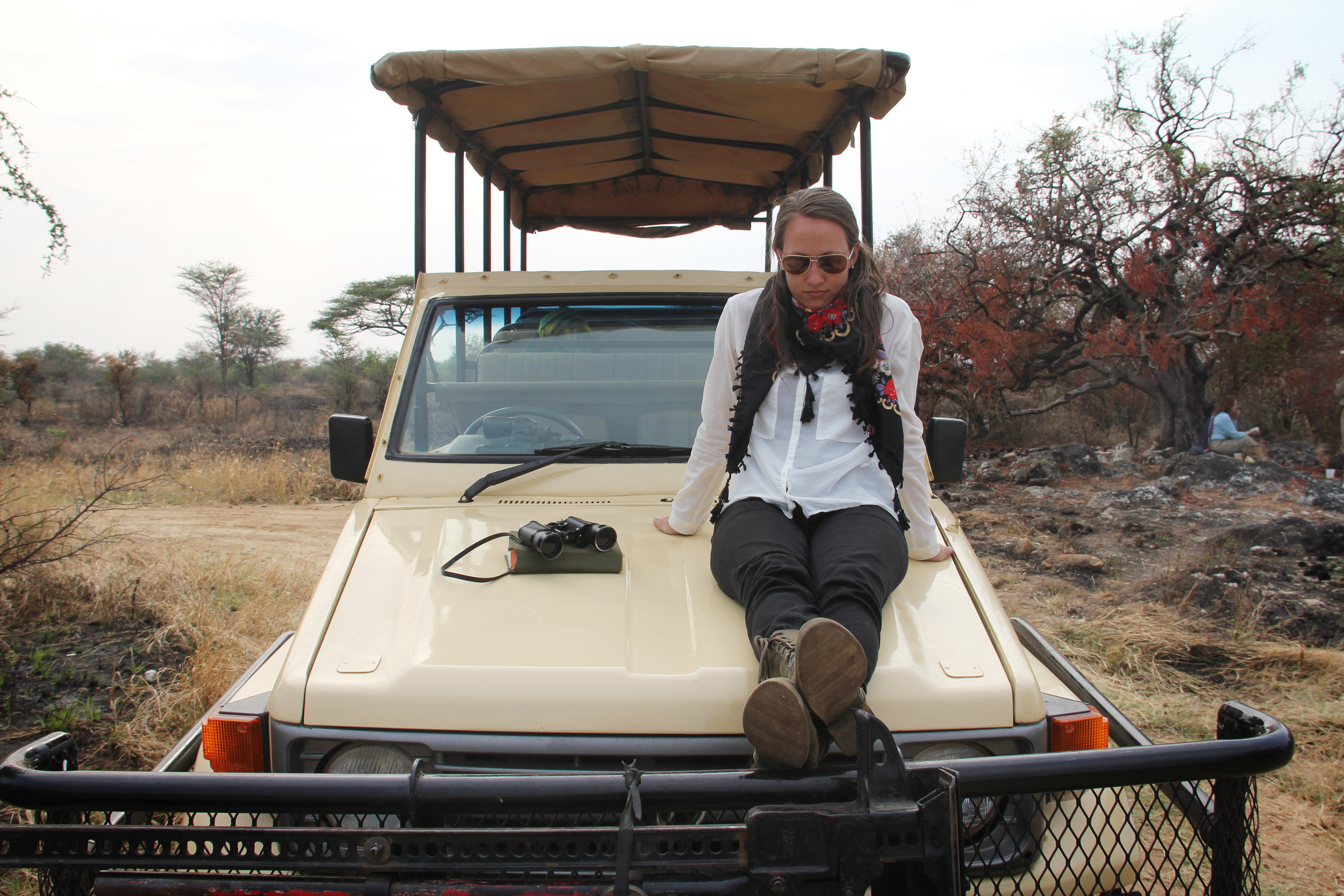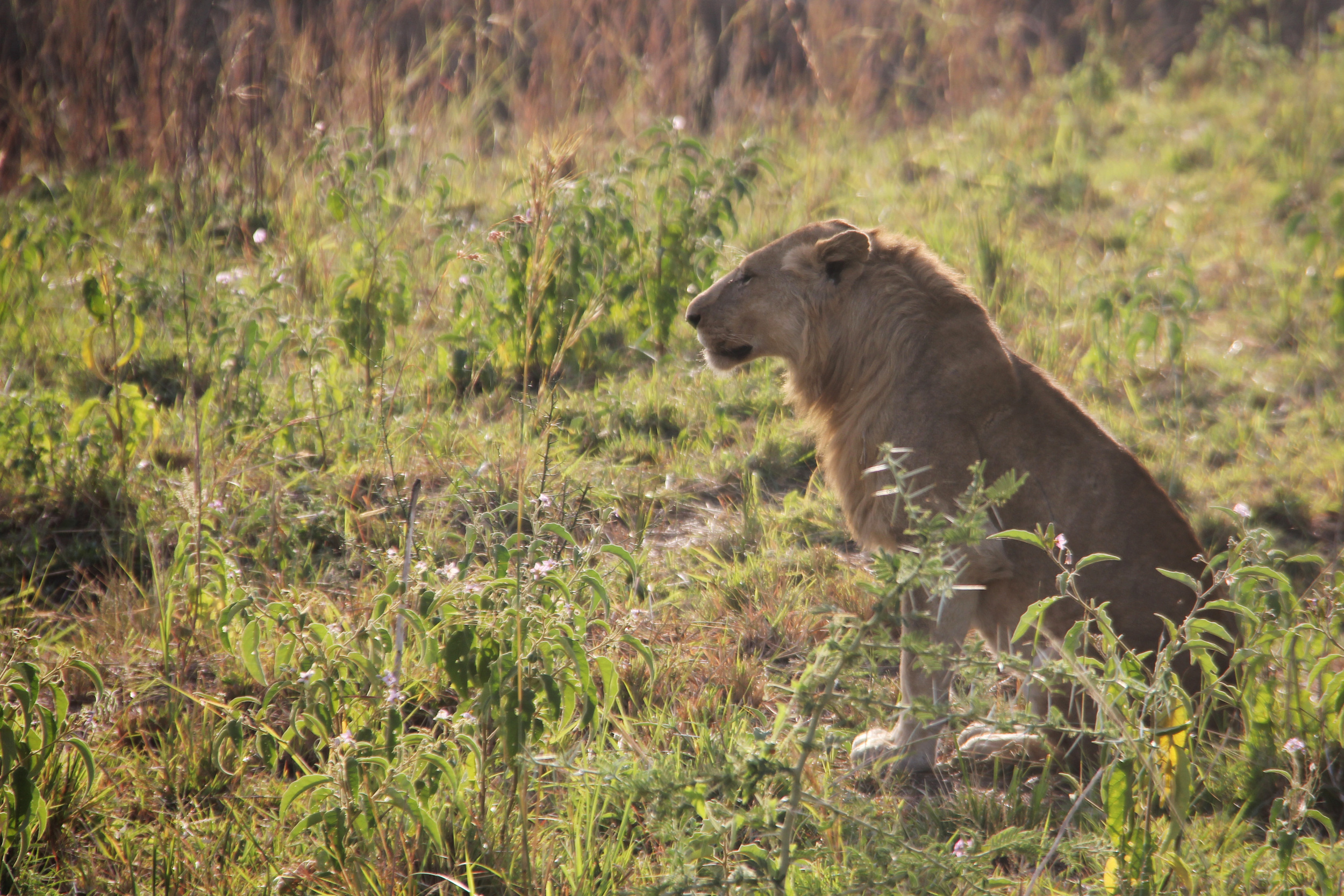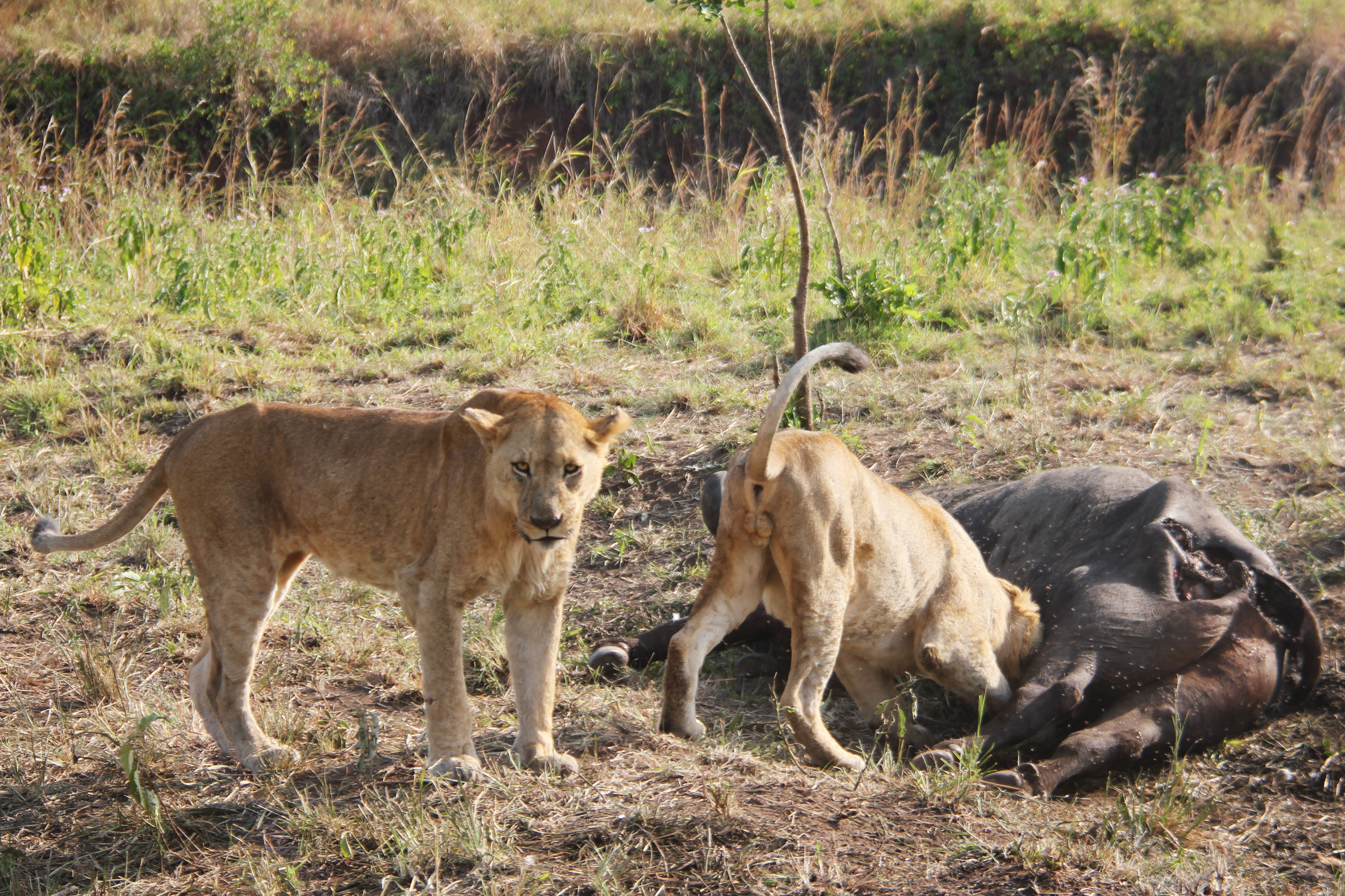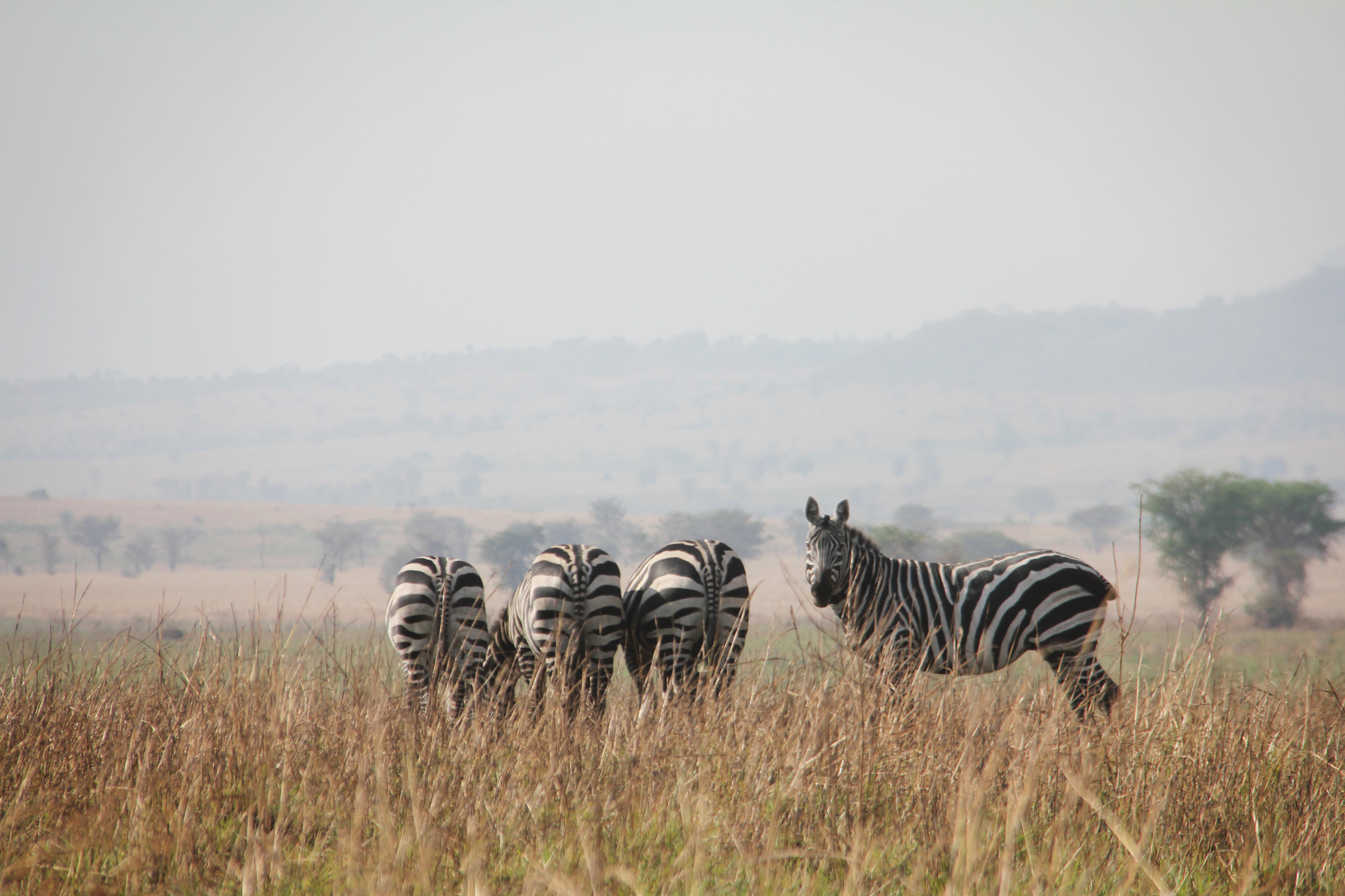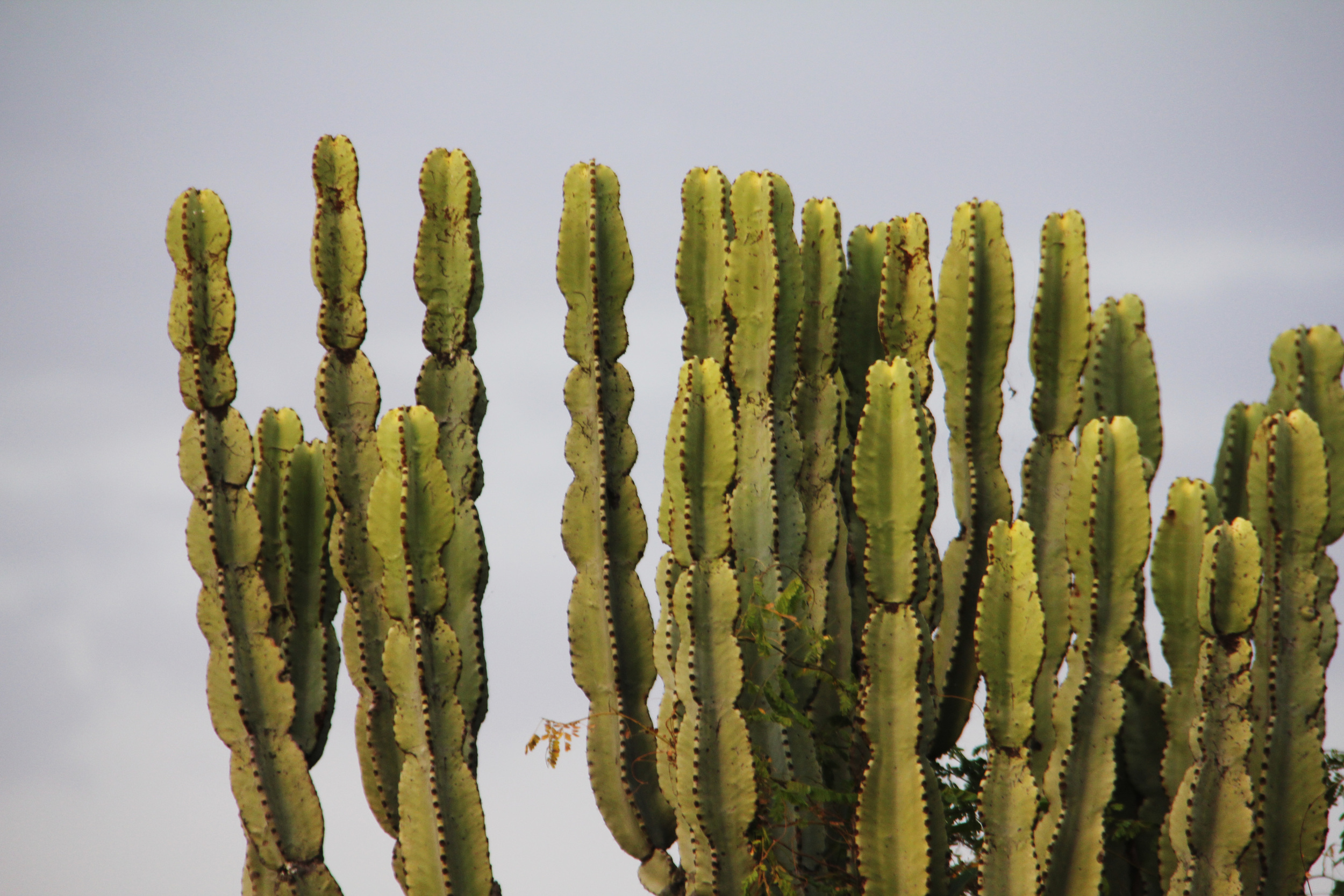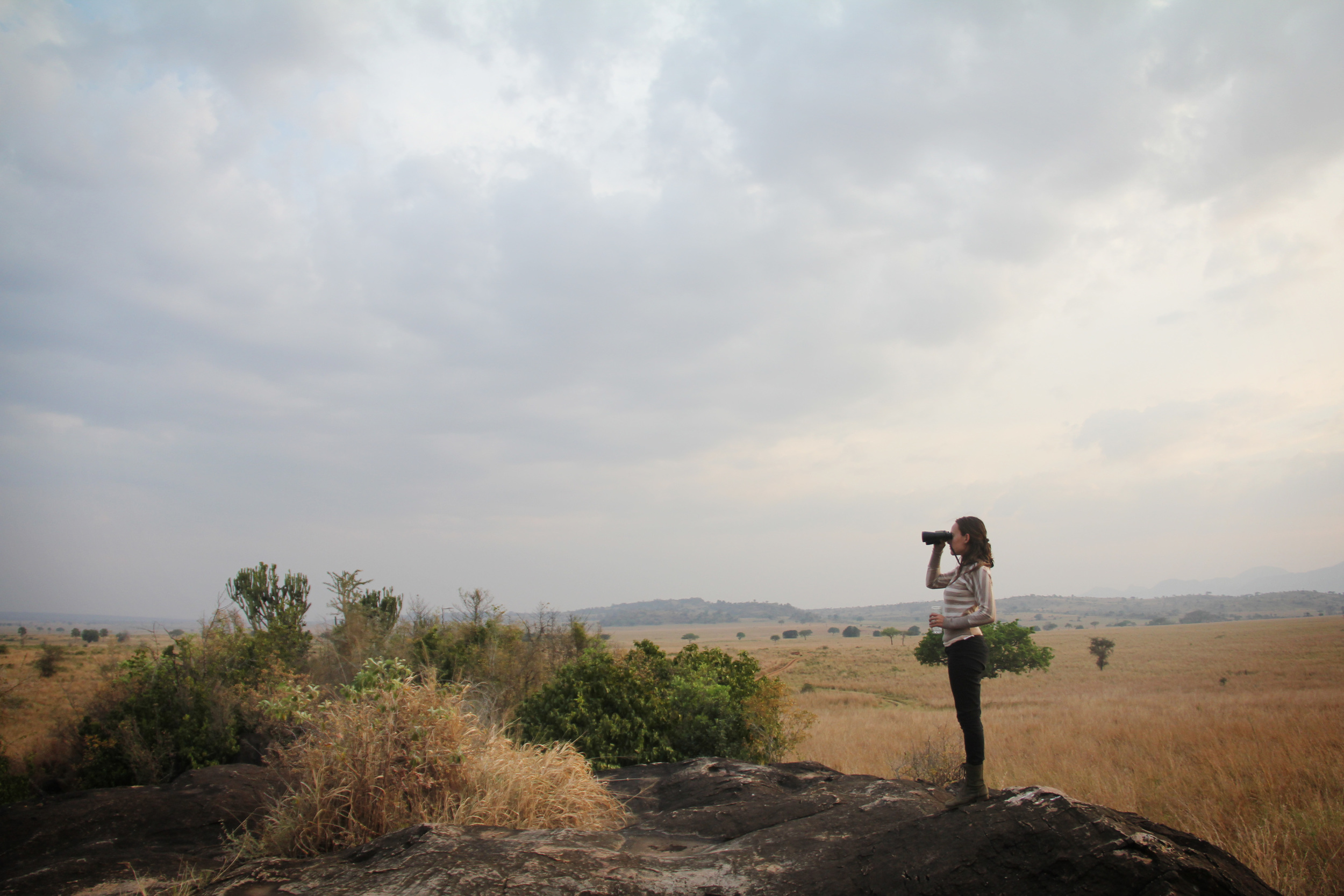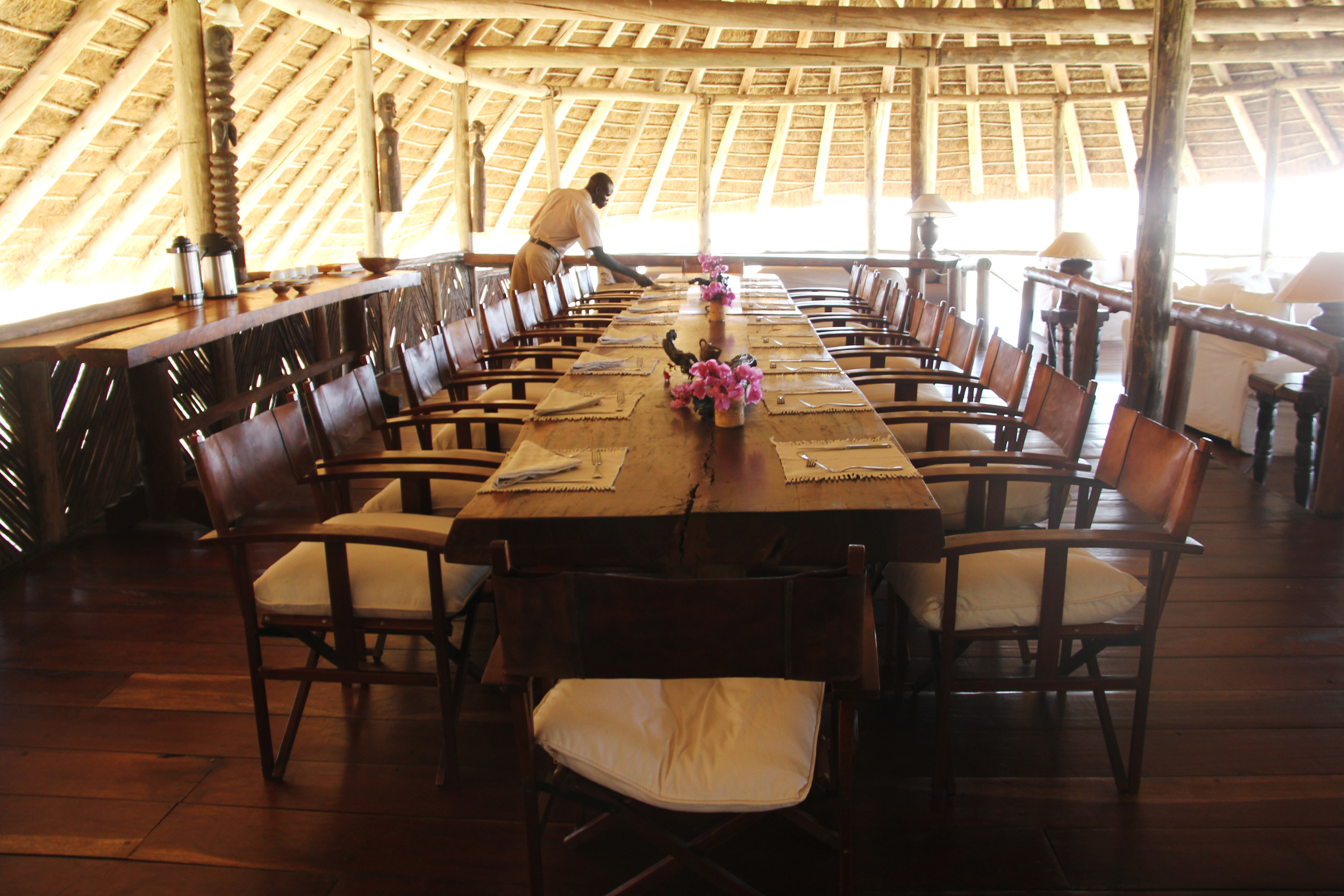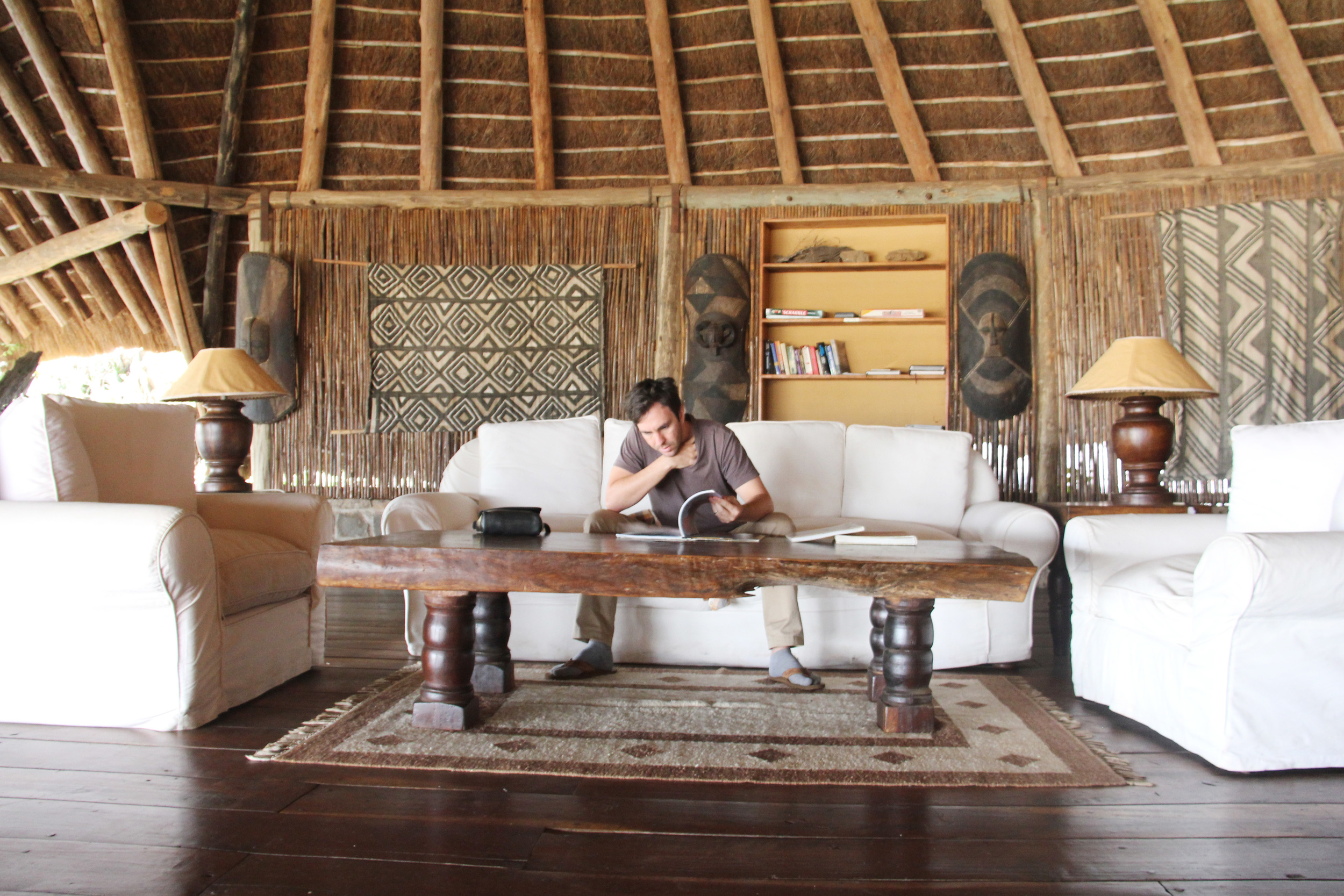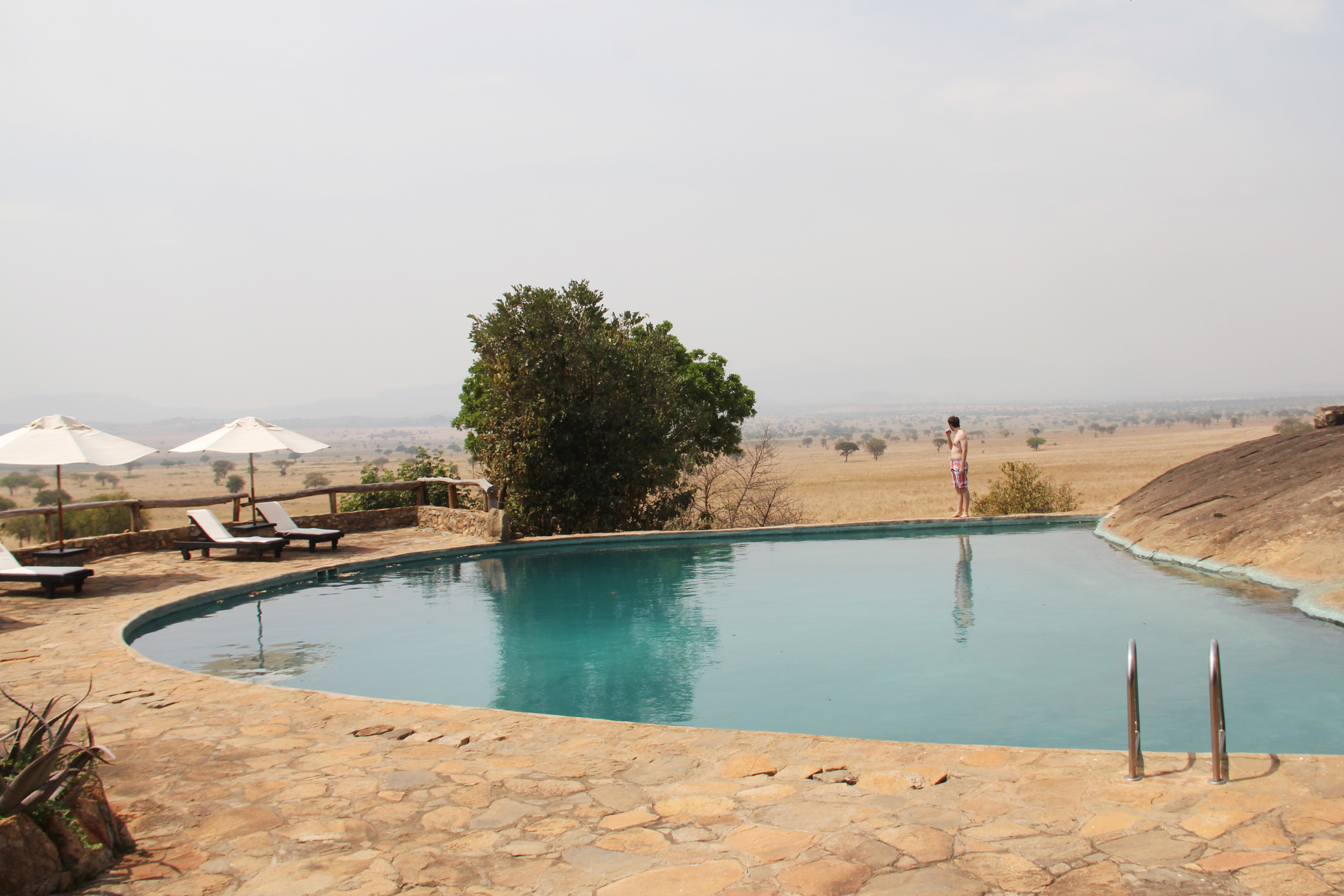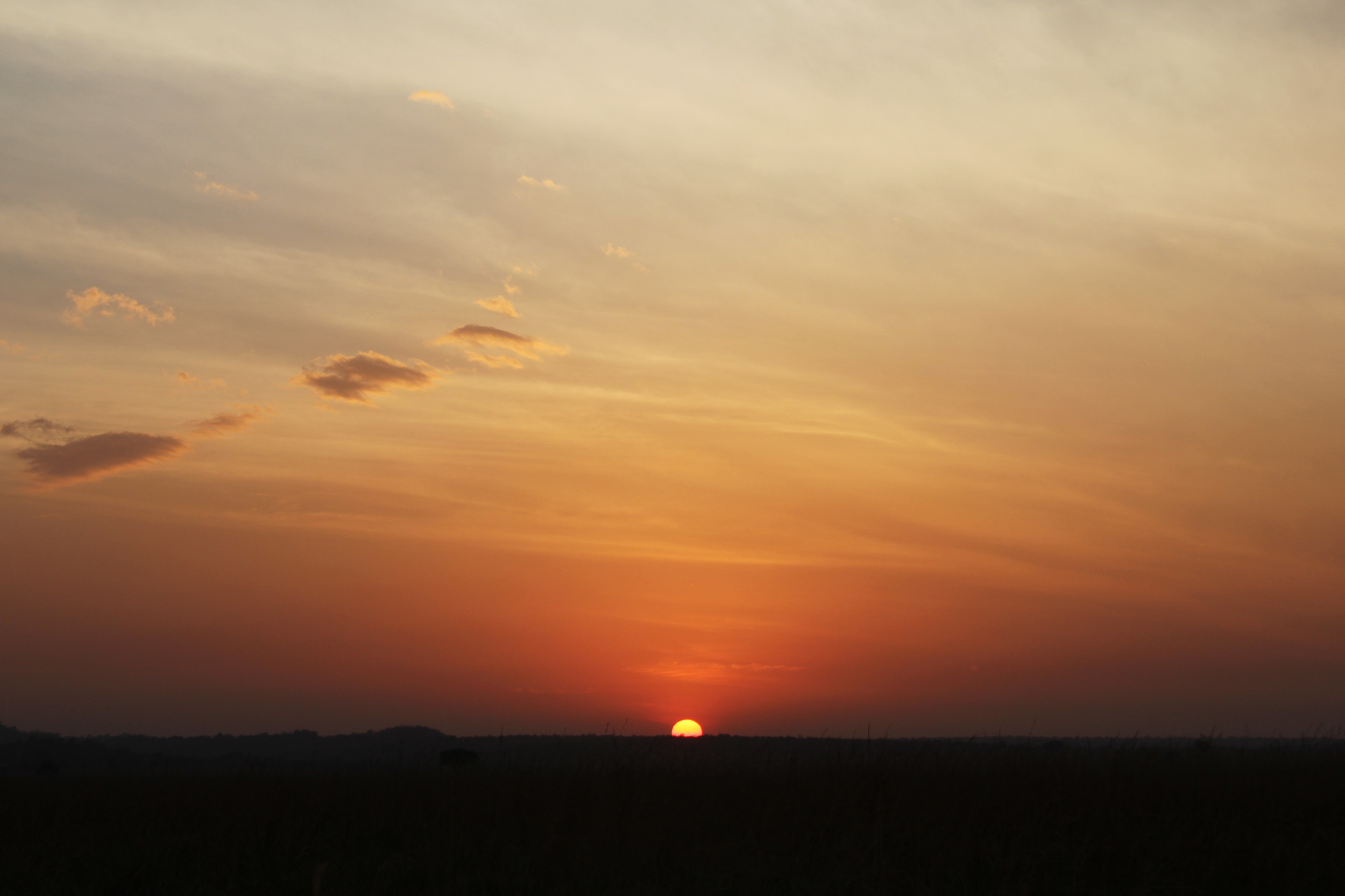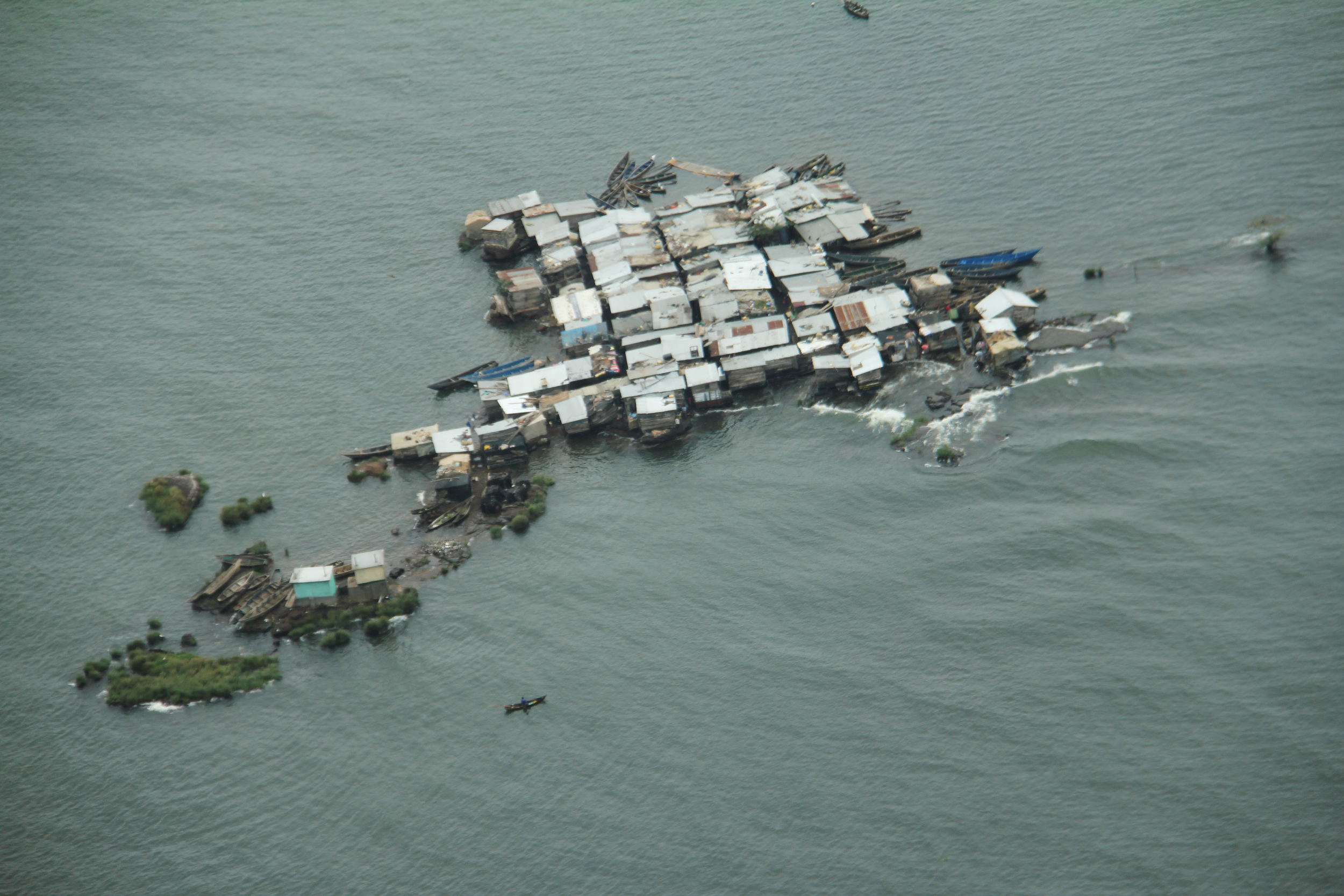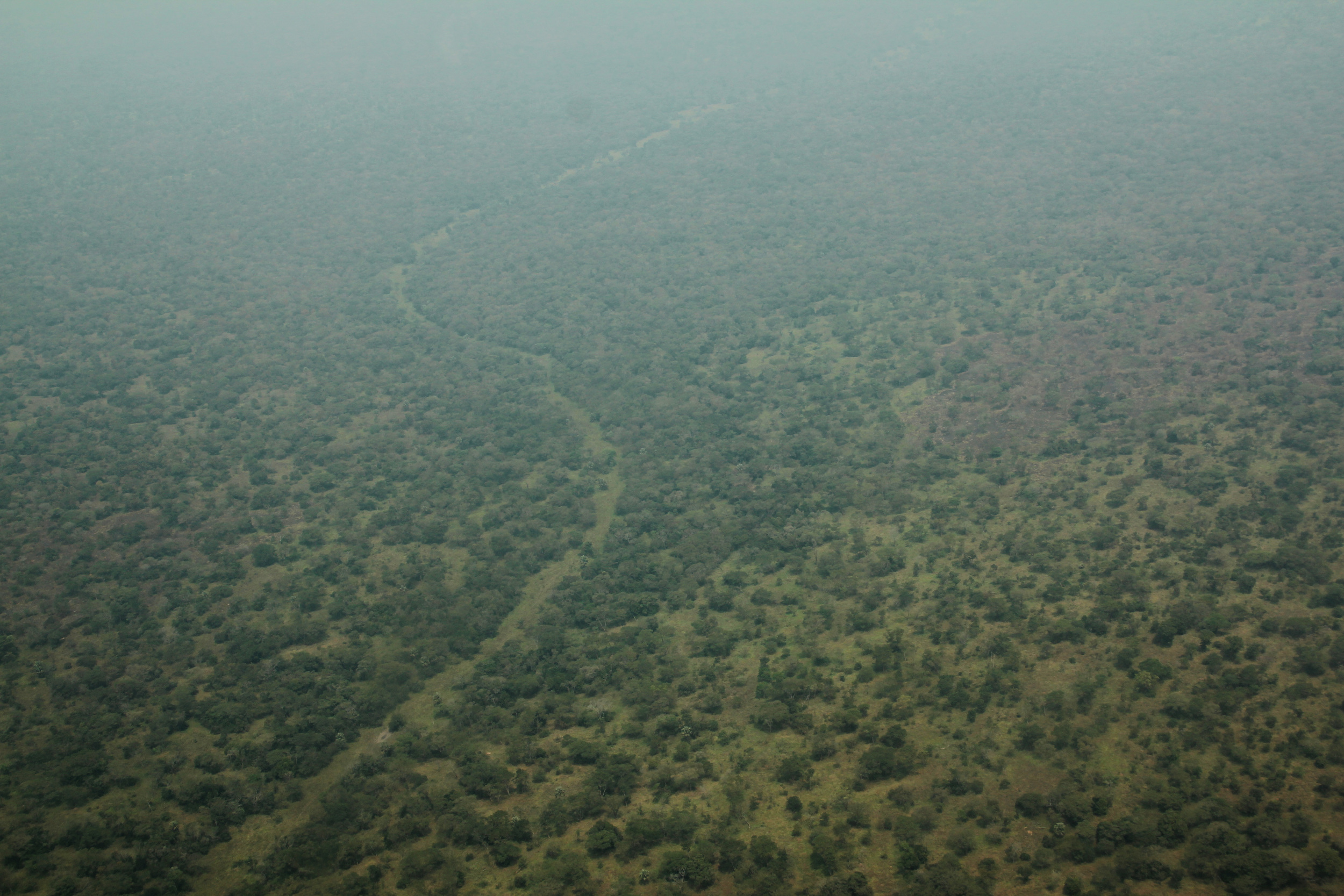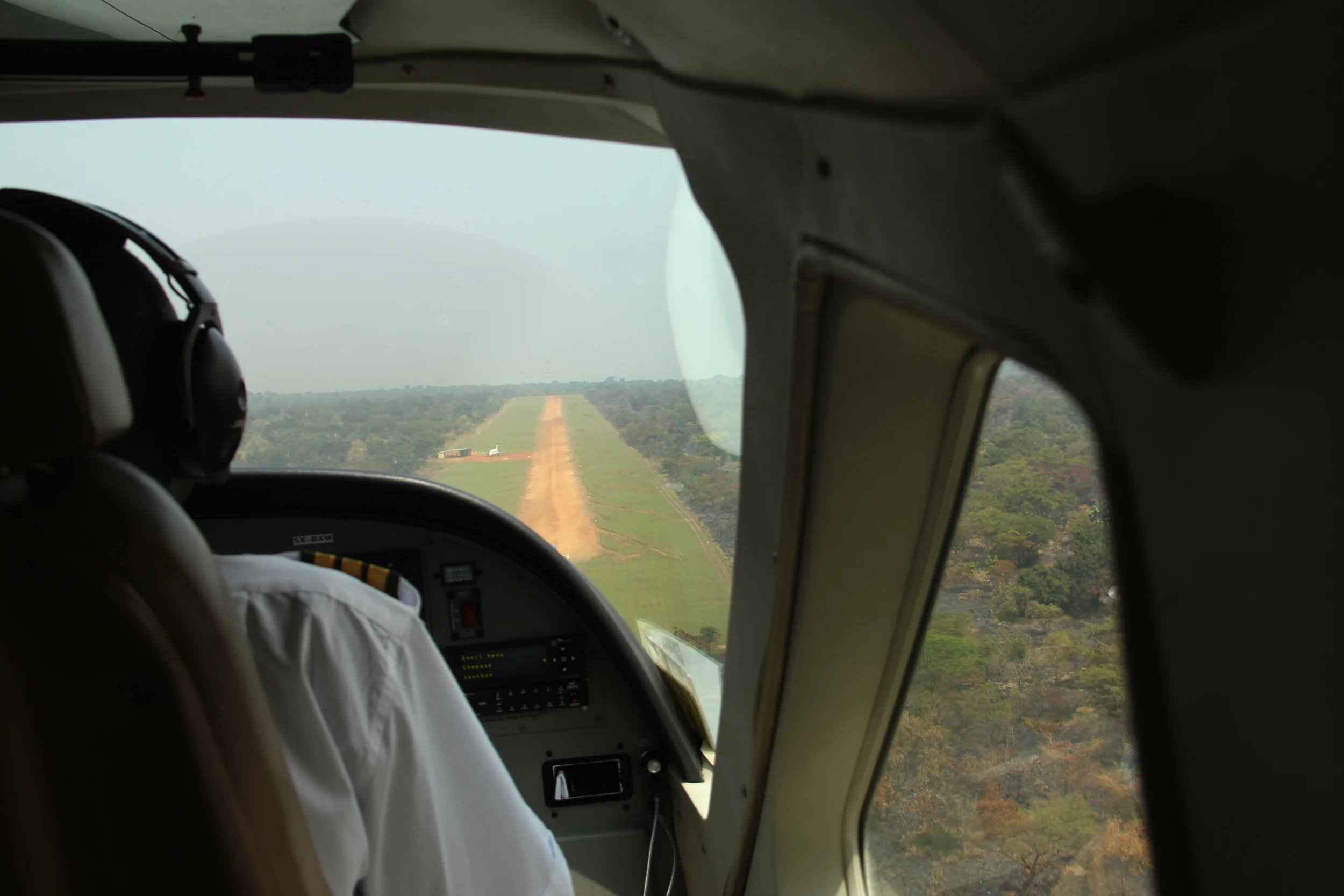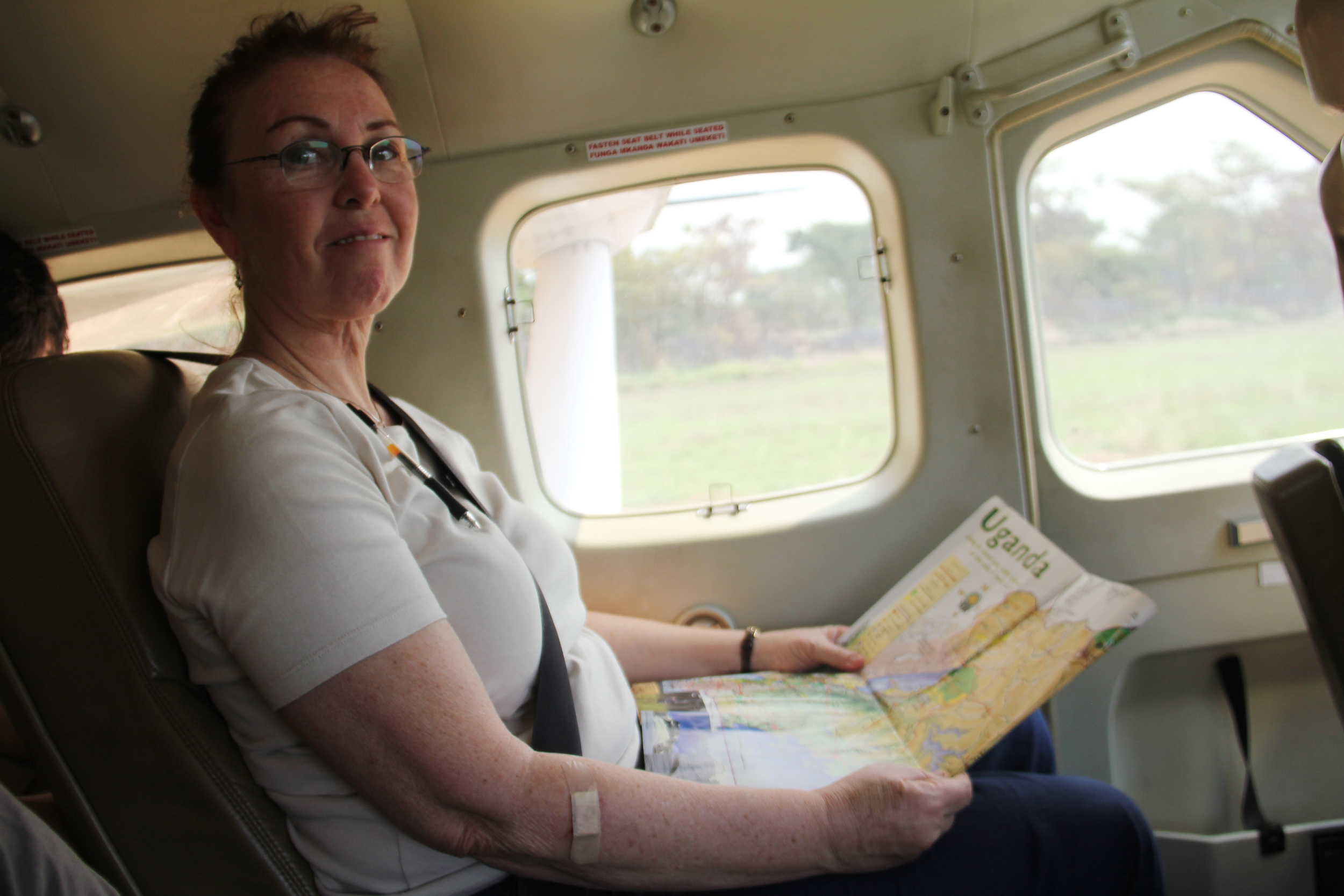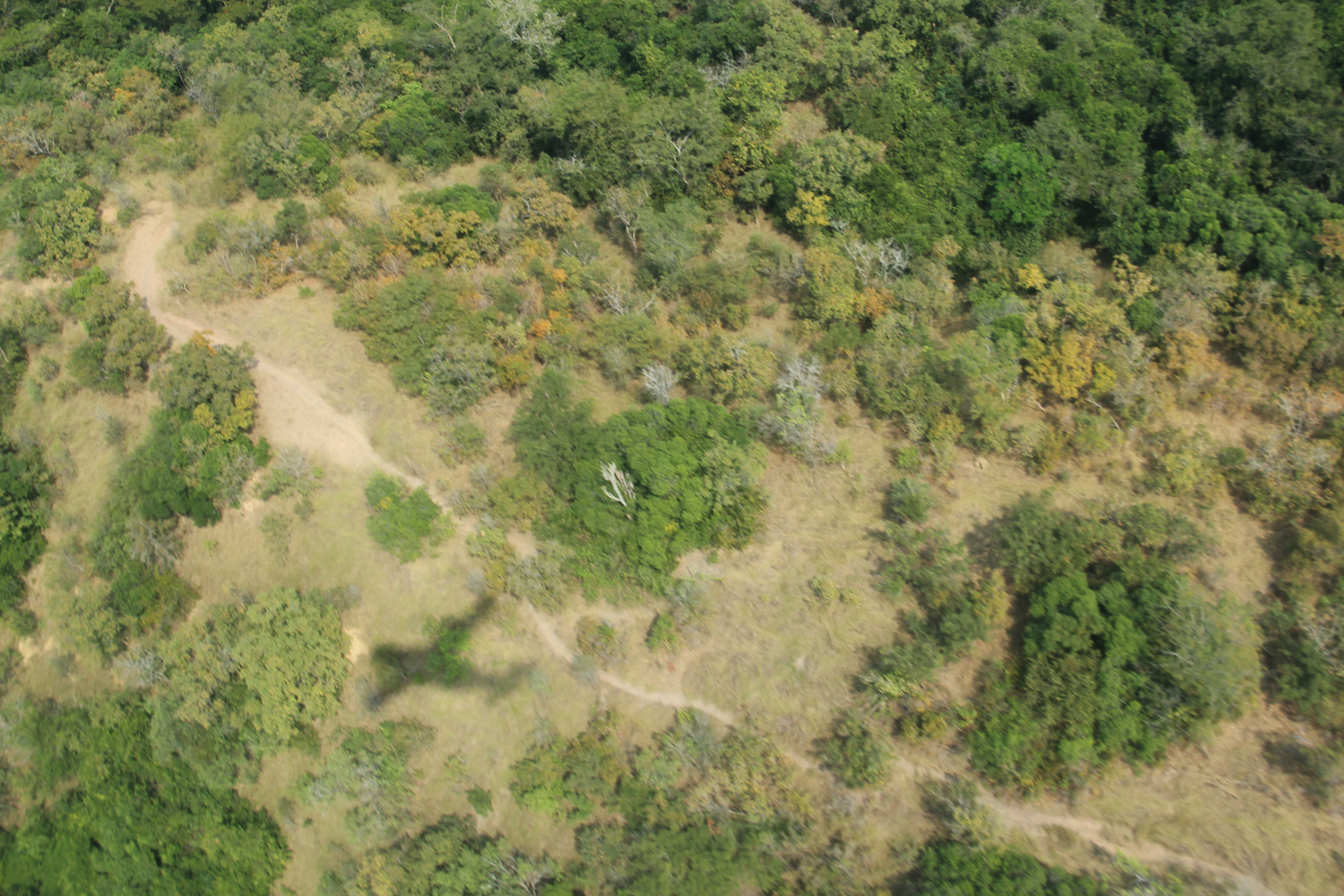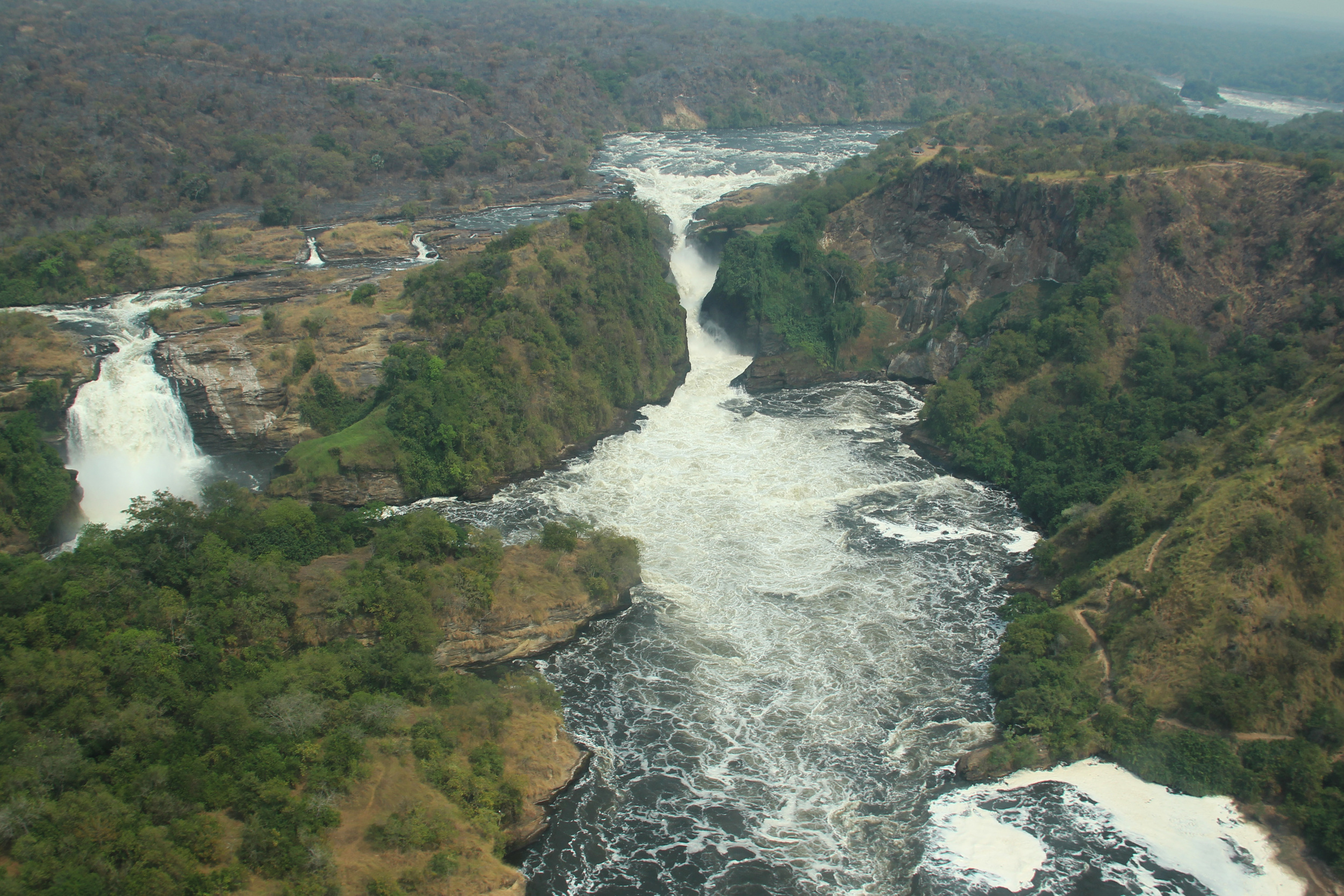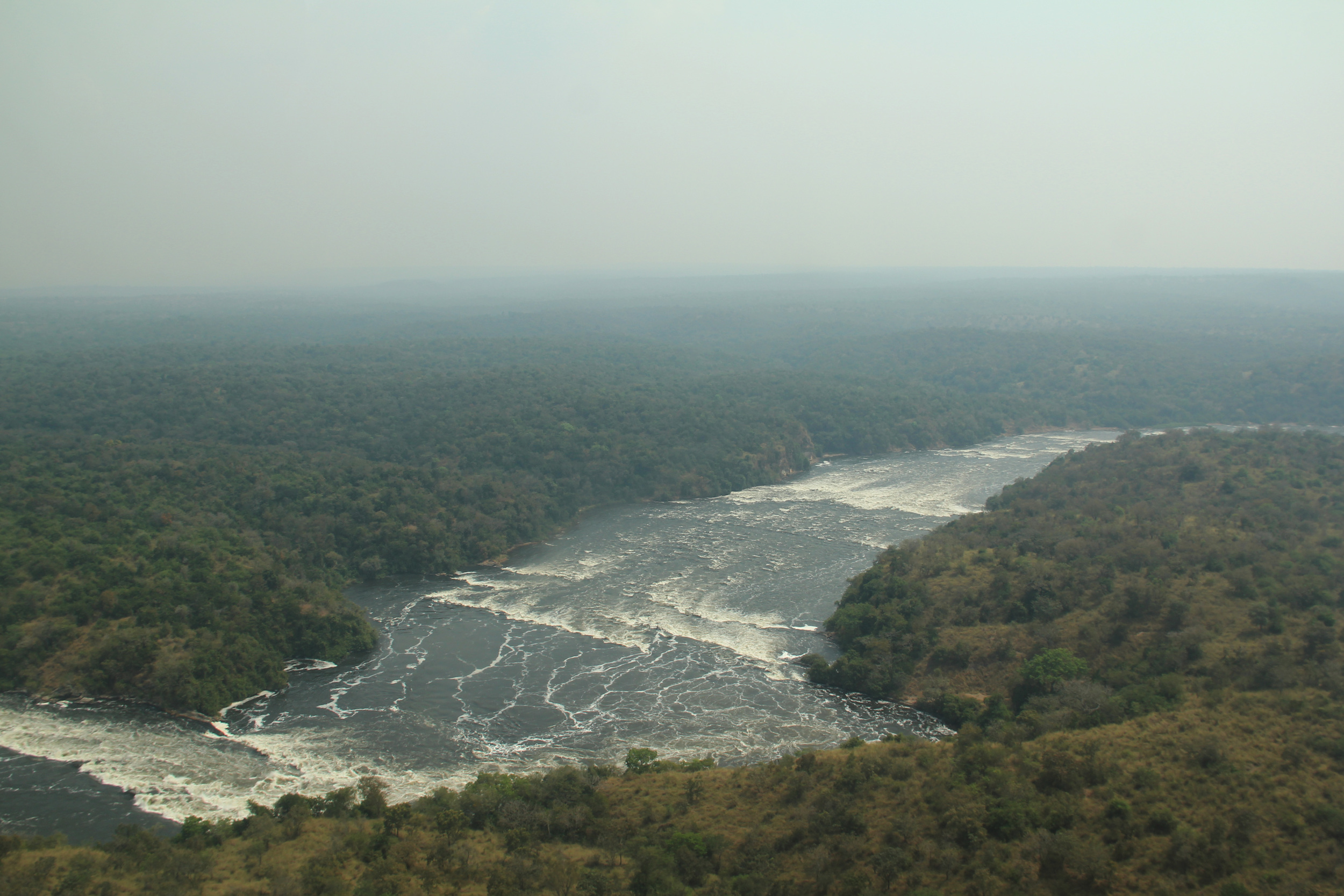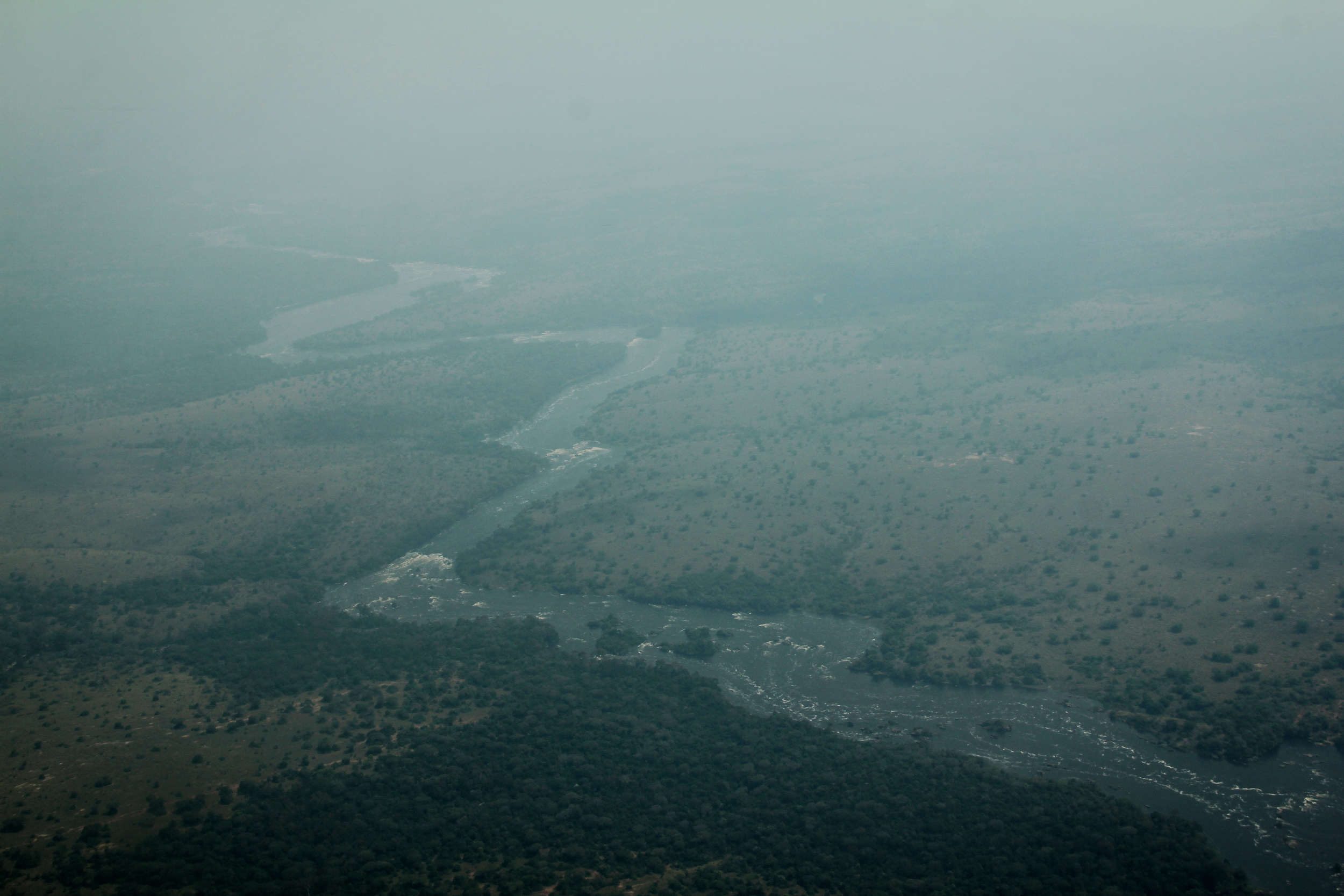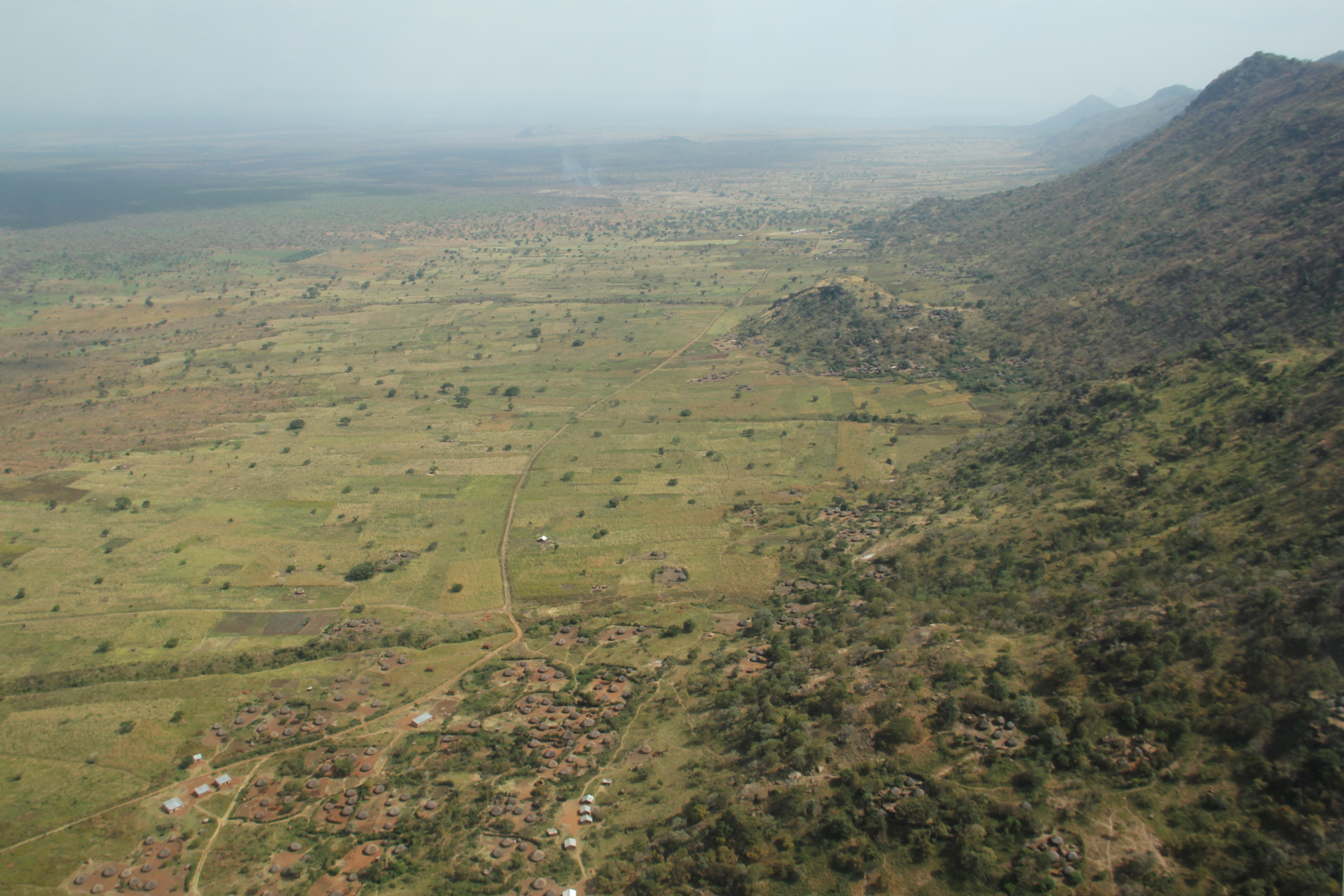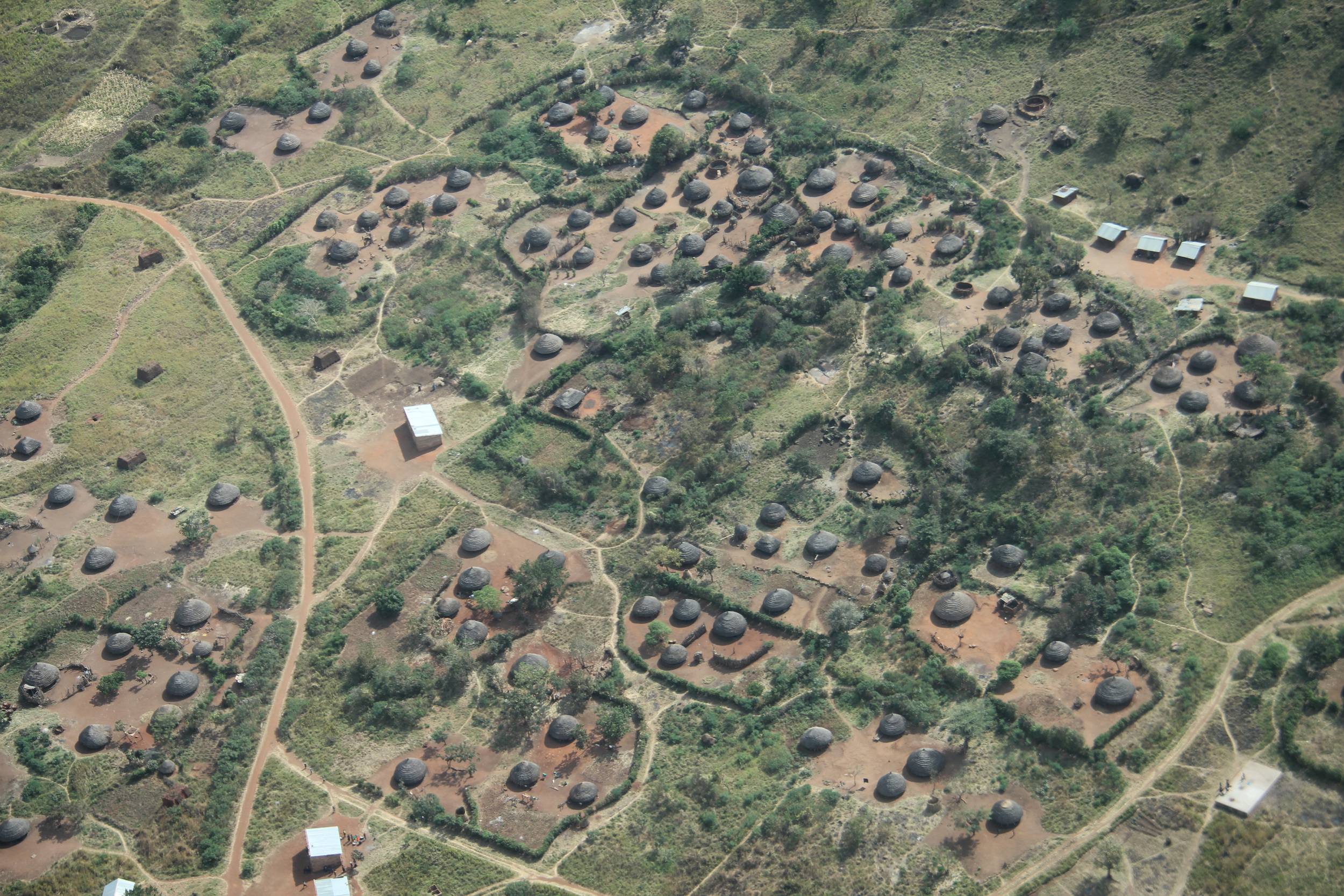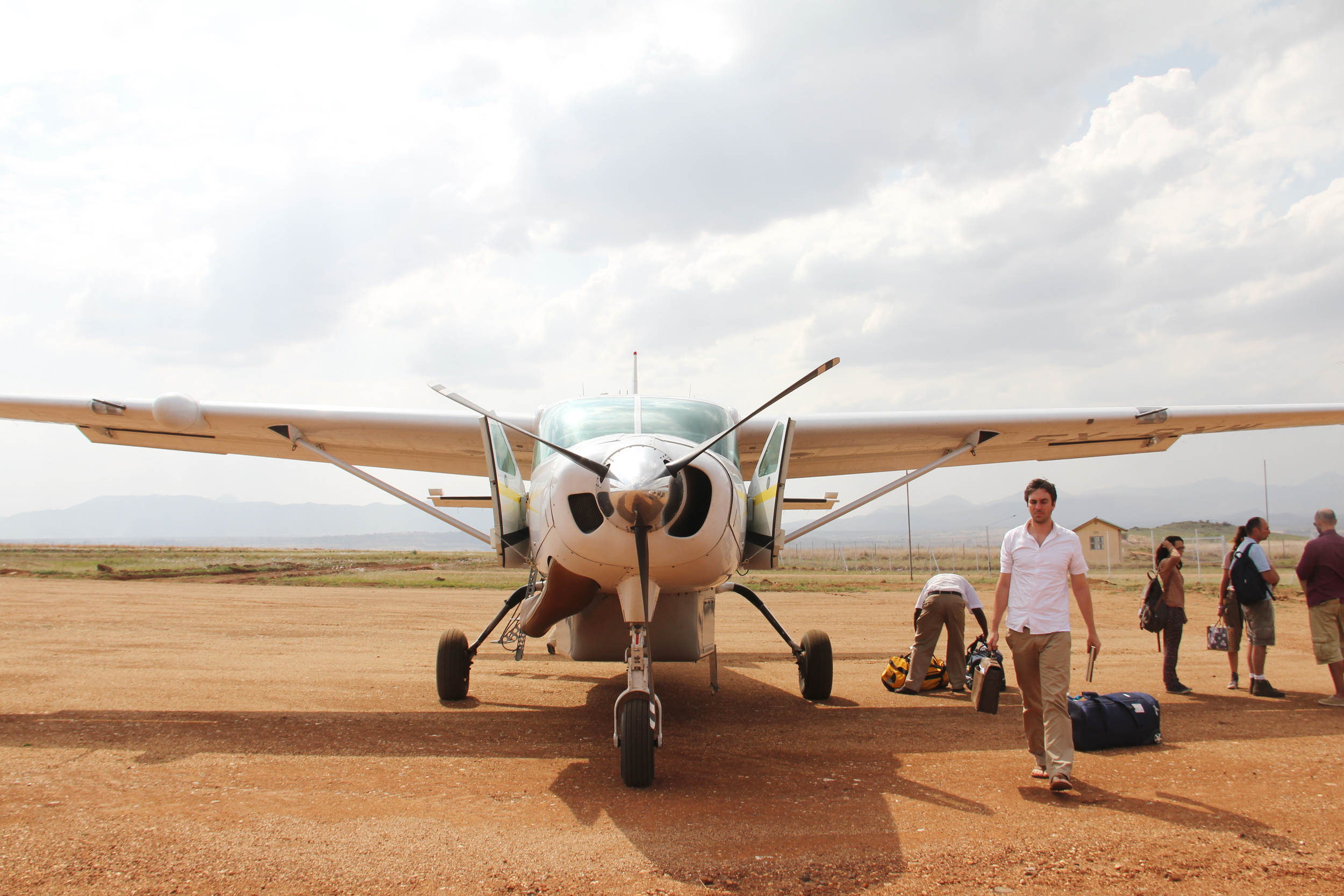In case you were wondering, we DID survive the trip. Yes, it’s taken almost 2 months since we left and a month since we returned to show up on here. It’s taken me that long to recover. It was a TRIP. It was beautiful and fun, amazing and epic, and also hard, stressful, and extremely exhausting. It was everything - everything, that is, except relaxing.
So here I am, finally sorting through the photos and finally able to carve out the time and mind space to reflect on it all. I blogged at Lake Baringo about our packing list, but it took up so much time when there was so much else to do, so I didn’t worry about it for the rest of the trip. After all, one of our goals was to be present together as a family, and blogging did not lend itself to that. Now, as I review our trip, I’ll share the good, the bad, and the ugly as best I can. Overlanding includes it all, especially with a 1-year old in tow.
Days 1-2: On the day we planned to leave home, the Land Cruiser was still in the shop getting a suspension upgrade 3 days after they told us it would be done because they kept ordering the wrong parts from Nairobi. Eric and Leo went to the garage to just sit and wait and put pressure on them to get it done quickly. By the time all was finished, it was mid-afternoon.
They drove the car home and we loaded up as quickly as we could with all that I had finished packing that day. We told Leo to take a final pee before we hit the road, so he found a large water bottle, peed in it, and said he wanted to take it along because it was “for bad guys.” It even made the family photo we took before we set off. You can see it there in the bottom left corner. It took some time to convince him that it really was not essential and to leave it behind.
Off we went to Jinja, where we had a staff retreat. It was the “soft launch” of our trip, since we parked the car and stayed in a resort with great food and an excellent view of the Nile River. Although we were in a comfortable and familiar setting, we still had problems to deal with. Eric brought in our electricity system to charge the battery and promptly blew a fuse and Pax ran a fever for the 4th night in a row, meaning we started the trip on a lack of sleep. I assumed it was just a virus, but thought it would be smart to make sure before we got ourselves out of range of good medical care. The next day, while Eric was in meetings, I took the kids into town to a clinic and hardware store. We certainly didn’t want to start the trip with a sick kid and no electricity system. Pax was fine. His fever broke the morning we decided to get him checked. Eric fixed the fuse. Later that evening, we danced with our colleagues at a Christmas party and crashed into bed.
Fishermen on the Nile
Day 3: Now we were really on the road. After breakfast, we headed for the Uganda/Kenya border. The first “real” day of our trip was just one to get through. It involved a lot of time on the road - on highways, in particular. Our general rule for the trip was that the kids could get out of their seats on dirt roads, but had to be in their car seats on paved and fast roads. This was a day of paved, fast roads, so they had to endure it. We made more exceptions for Pax. We had a break at the border, where all the confusion and annoyances of borders ensued. We held off hagglers and waited in lines with children bouncing around and clinging to our legs, and then on we went again to a simple, local guest house in Bungoma, Kenya. We arrived as it got dark, waited a long time for some food, and all squished together in bed.
Border crossing
Day 4: Having just arrived in Kenya the night before, we had not yet sorted out our phone and internet situation or even gotten Kenyan shillings, so Eric took Leo into town just after breakfast to sort out those basics. Pax and I stayed back at the simple guest house, bopping around the garden looking at the rabbits, chickens, cows, and birds. All was well for an hour or so, until I started wondering just how long it should take to get money, phone, and internet. Surely, they should be back any minute. Another hour went by and with each passing minute, my imagination ran a little more wild. I had no way of contacting Eric and no money, so all I could do was sit and worry, trying to keep Pax awake so he would sleep in the car when we finally could leave. At two and a half hours, I asked the woman at the guest house if she could call a boda driver. It certainly wasn’t ideal to take Pax on a boda, but at that point I felt like I had no other choice and had to go out looking for the other half of my family, convinced I would find the car on the side of the road somewhere. Knowing their first stop would be at an ATM and also knowing I would need cash to pay the boda, I asked to tour the town’s ATMs, shaking with worry and frantically scanning the road as we passed.
Tired baby, worried mama, on a boda going to look for the other half of our family
While getting money, the boda driver received a call from the woman at the guest house, saying that Eric and Leo had returned. Eric laughed and wondered what the hell I was thinking and I was more than relieved to be able to laugh about it all. A deep breath in and out and we packed the car back up and hit the road, heading for our first real destination - Lake Baringo.



